
By loading the video, you agree to YouTube's privacy policy.
Learn more
The Good Council for Redistribution - A movie about democracy
How do 50 randomly selected citizens decide on 25 million euros? The short documentary accompanies the "Good Council for Redistribution" and sheds light on questions of justice, equal opportunities and social cohesion. A look behind the scenes of a unique democratic process.
The grand finale Weekend 6
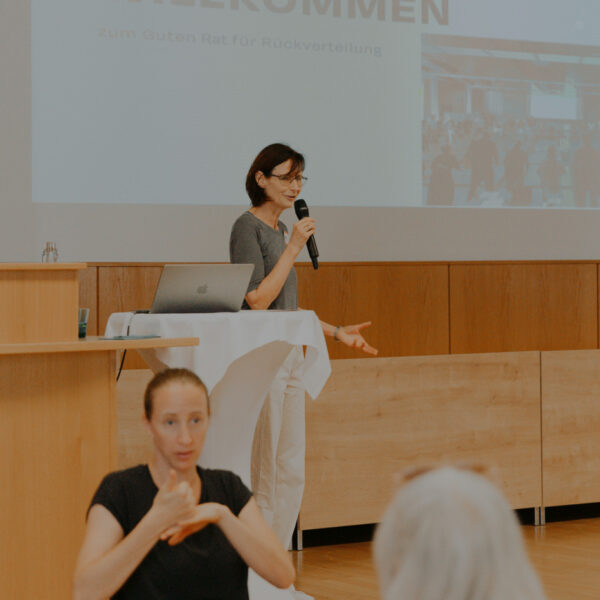
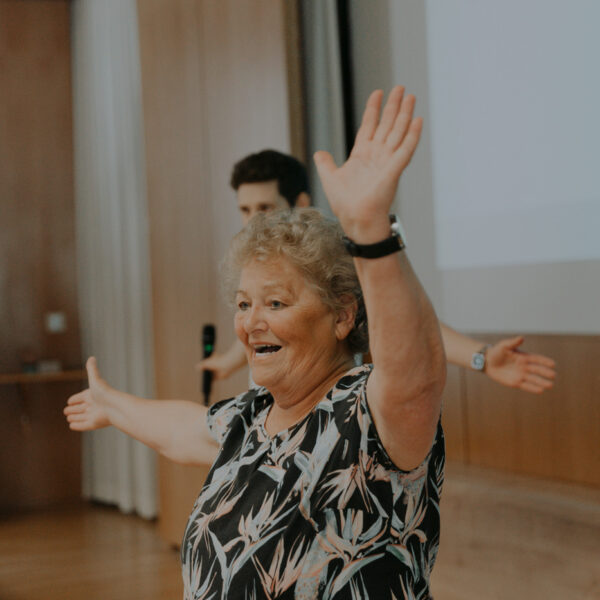
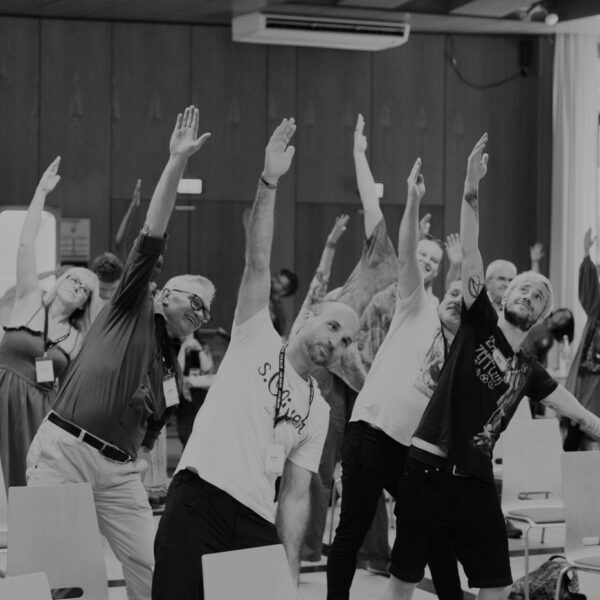
All good things come to an end...
The sixth and final weekend of the Good Council was dedicated entirely to joint decisions. The 50 citizens spent Saturday afternoon back in the six action field groups to decide on all the organizations proposed for redistribution. The council members reviewed all ideas for the redistribution, completed fact sheets describing their proposals and finally decided by consensus which organizations should be supported and with how much money.
In the late afternoon, presentations from all the action field groups on the selected organizations followed on the big stage. This was followed by a final marketplace. There, the council members were able to find out more about the individual organizations and projects in all fields of action using the profiles.

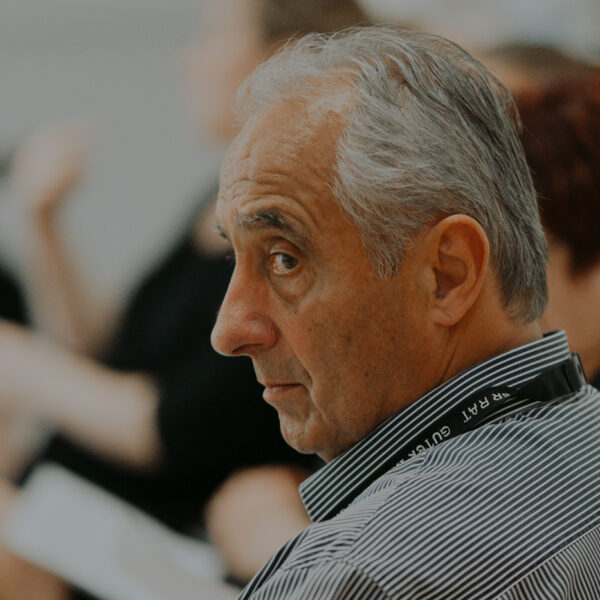
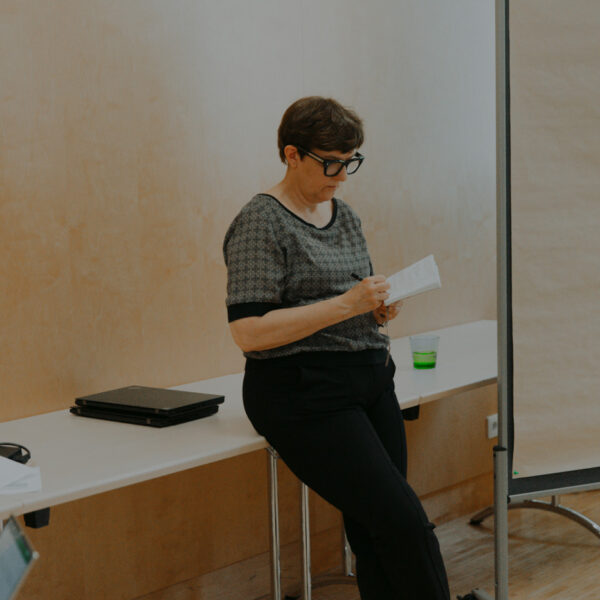
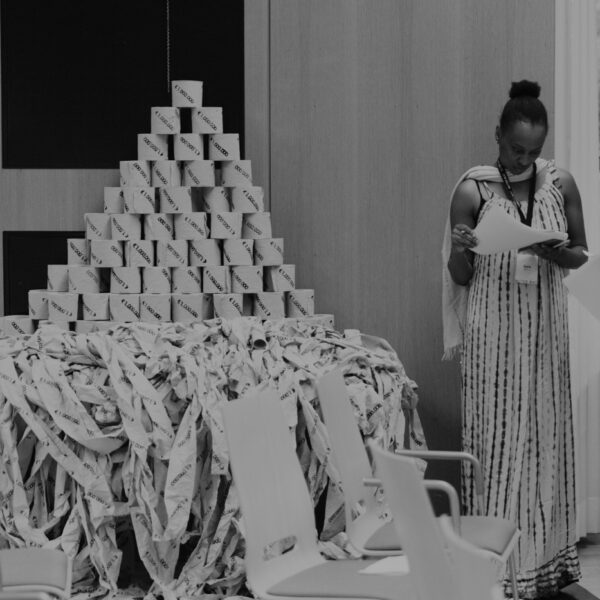
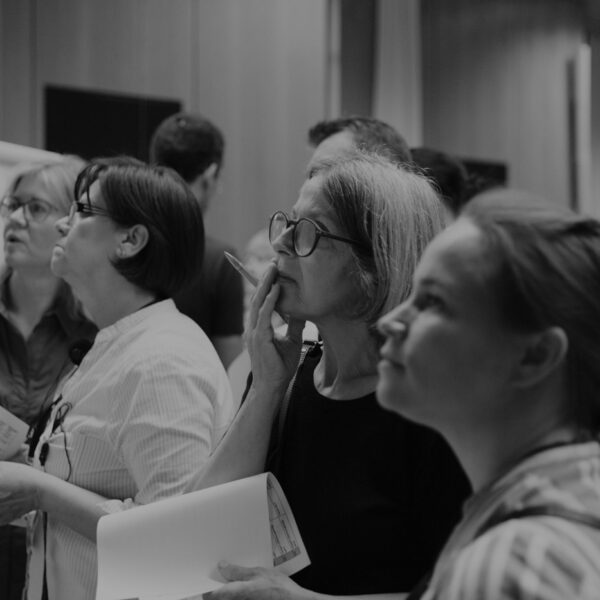
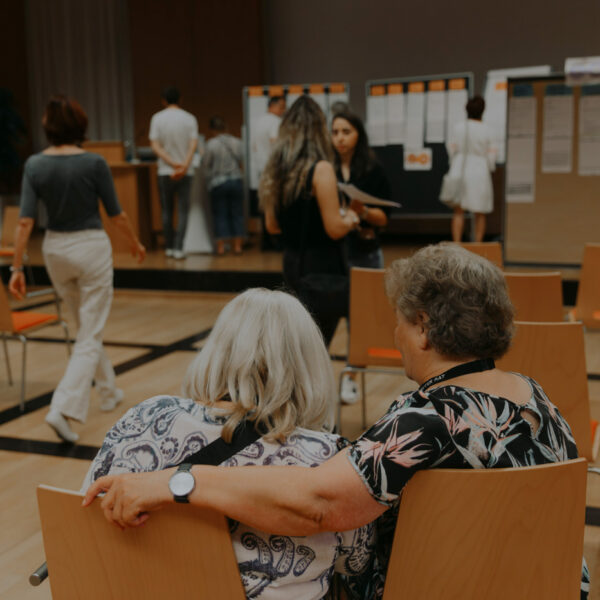

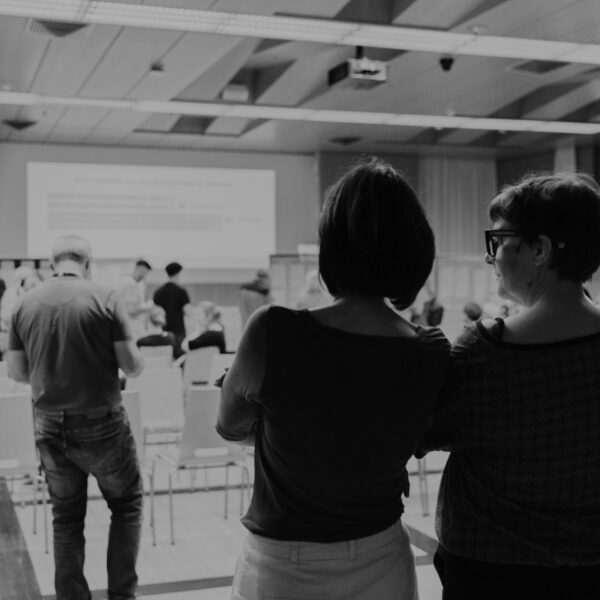
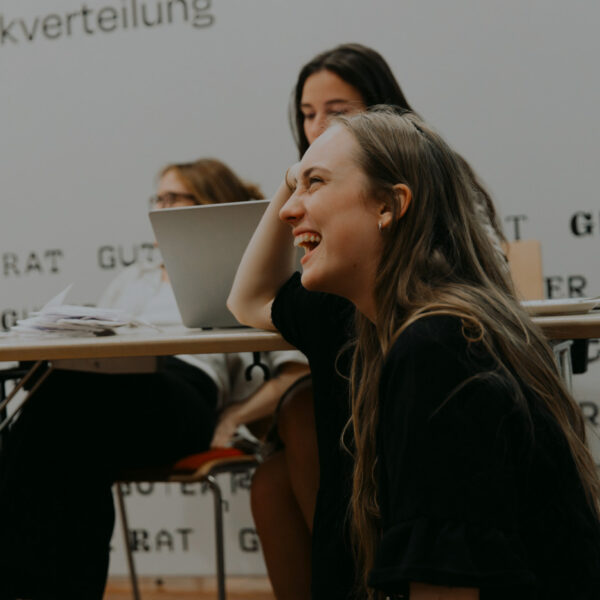
After dinner, things got particularly exciting once again: now it was time to allocate the part of the 25 million euros that had not previously been allocated to the fields of action. The council members were now able to allocate this amount to those projects that they personally felt were particularly worthy of support.
On Saturday evening, the results were counted by a small team of moderators, citizens and the organization team - so that they could finally be presented on Sunday morning. This was the first major step towards completion.
On Sunday morning, the citizens once again devoted themselves to their joint messages to society. A main message on the topic of abundance was formulated, as well as some additional messages that had emerged in the individual fields of action (e.g. housing, health, ...). These were then voted on in plenary.
The late morning was dedicated to joint reflection on the overall process. After lunch, the conclusion of the Good Council was celebrated. Marlene Engelhorn was connected live via video and thanked the council members for the enormous amount of work they had done. The Good Council thus came to an end with much enthusiasm, emotion and many heartfelt farewells.
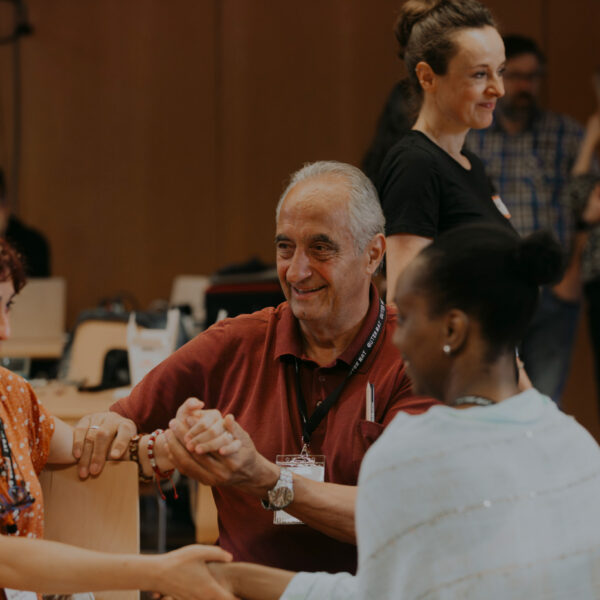
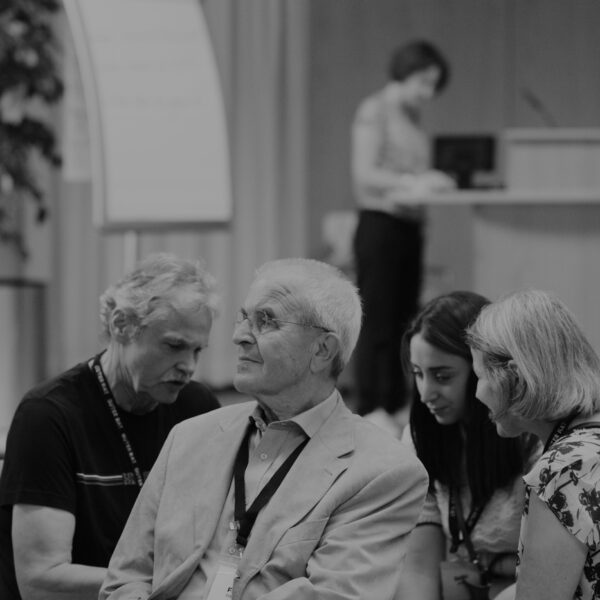
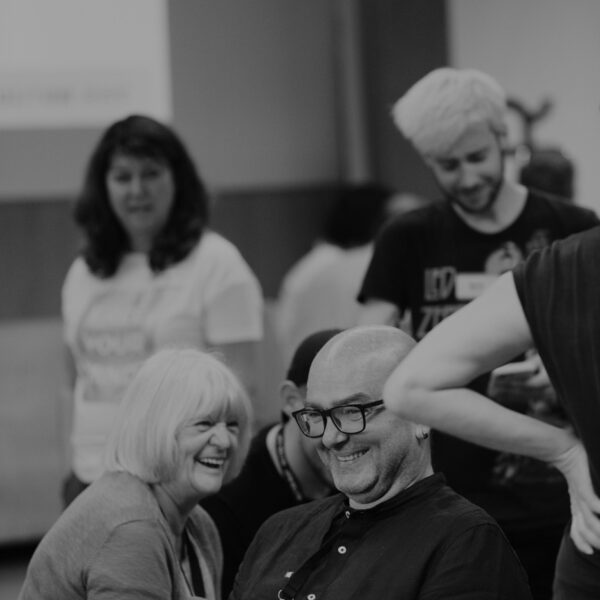
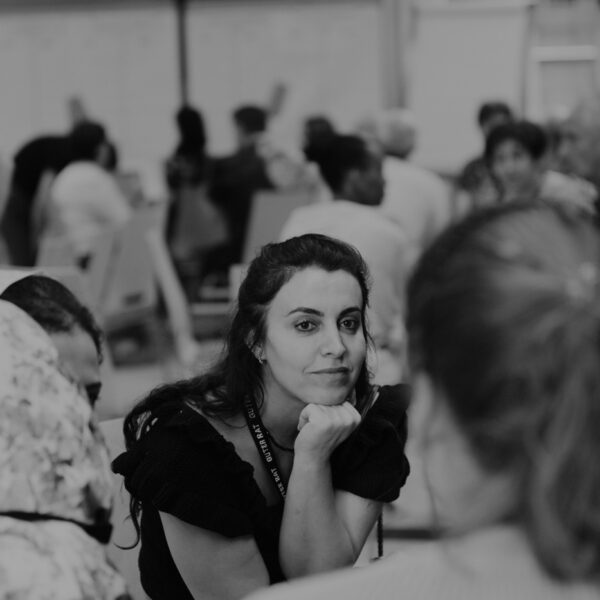
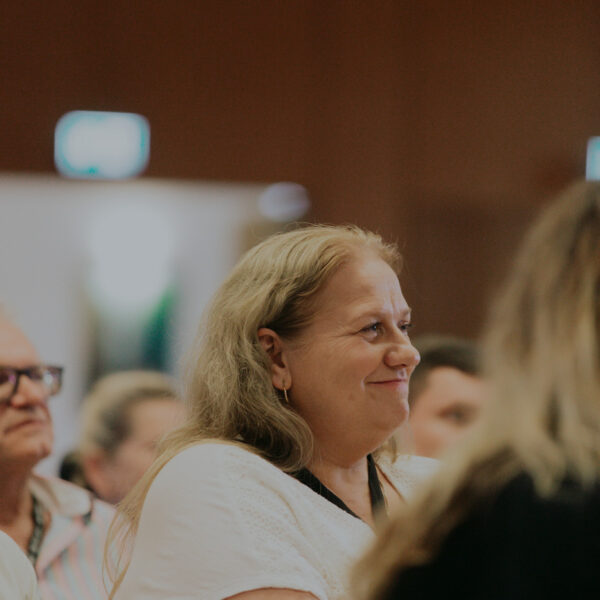

The semi-final: Weekend 5
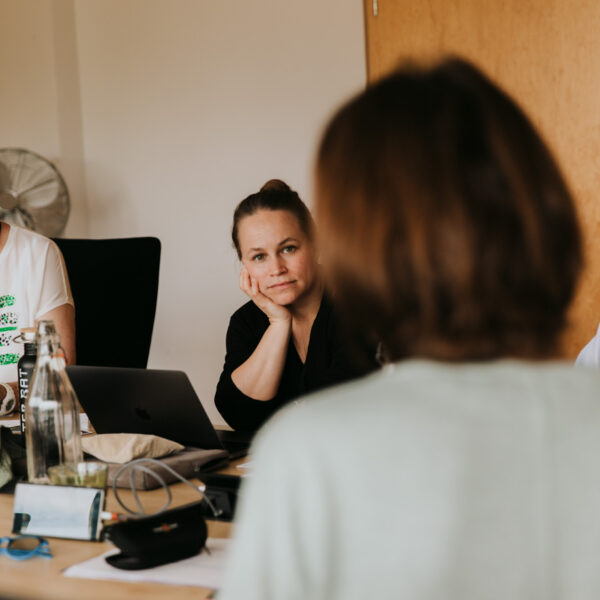
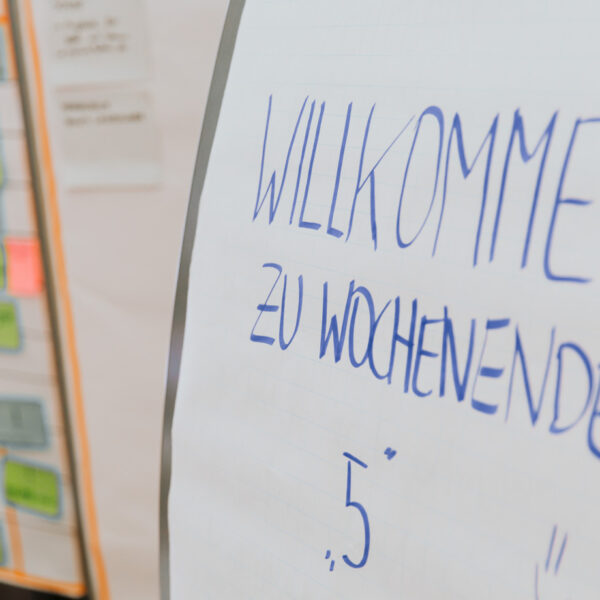
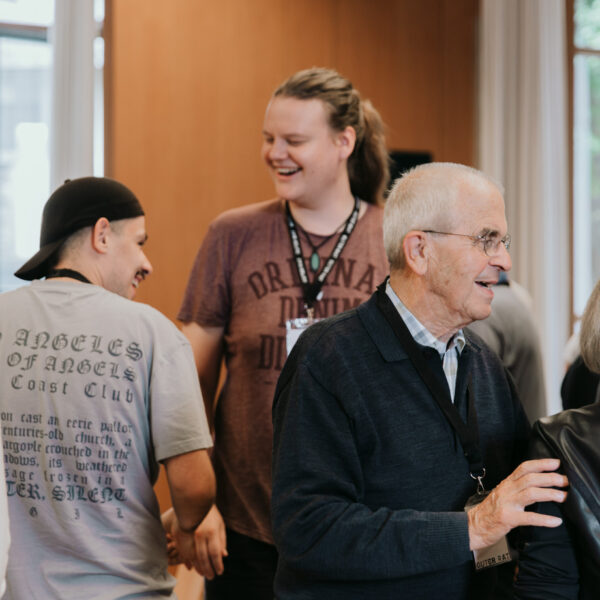
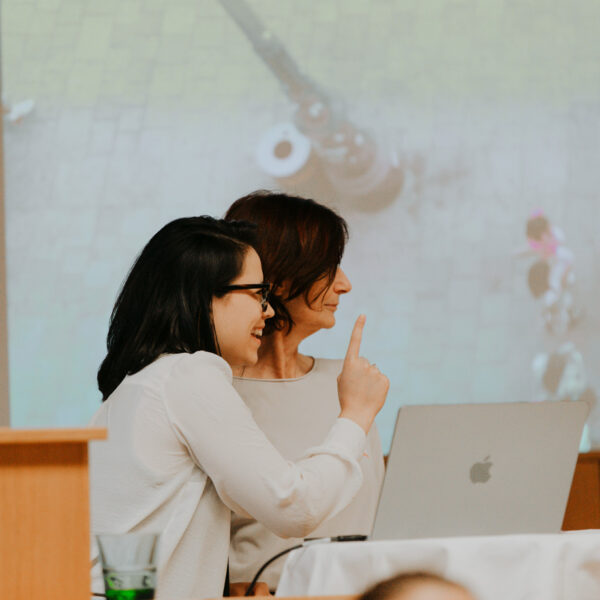
One result is emerging
On the fifth weekend of the Good Council, its 50 members aimed to draw up further proposals for redistribution - and to further refine their messages to society. A plan was also forged on how to communicate the joint decisions at the end of the process. The council members worked alternately in plenary sessions and in their respective action area groups, which focus on topics such as health, housing and education.
In the plenary session, the main aim was to provide the other groups with an insight into all the fields of action being worked on in several stages. This is the only way to ensure that a joint decision can be made at the end. To this end, all groups presented their previous proposals on stage on Saturday afternoon. In addition, all council members were able to ask questions about the other groups' proposals in a marketplace on Sunday and also submit additional comments .
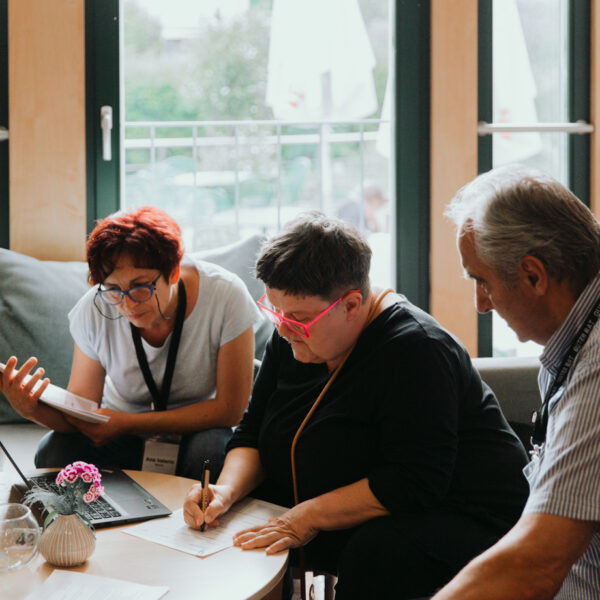
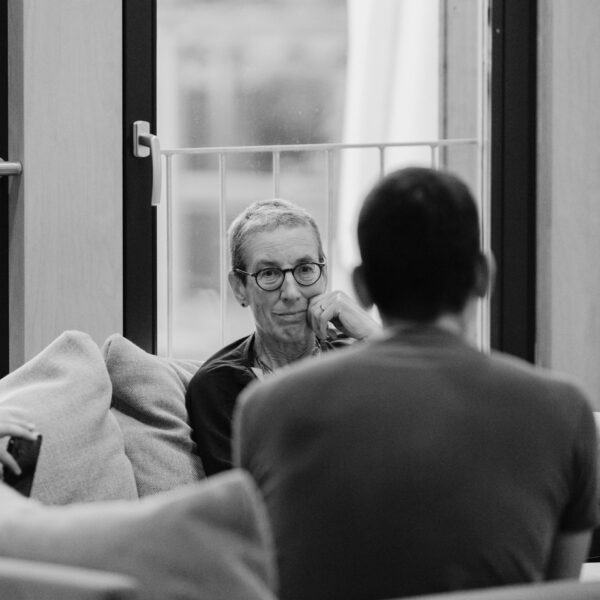
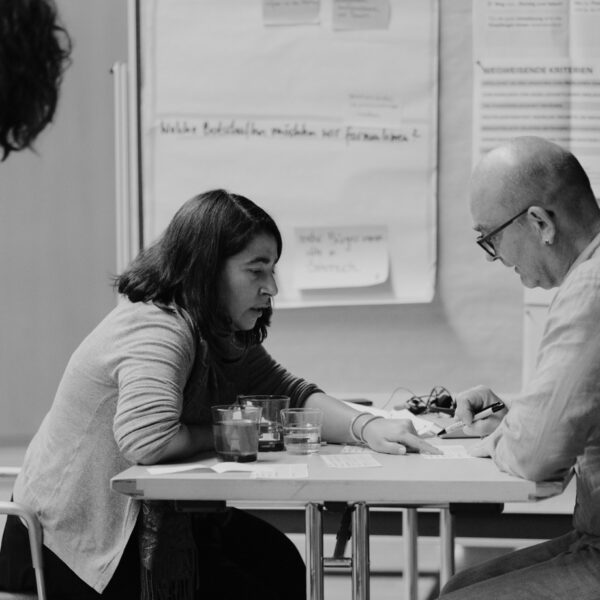
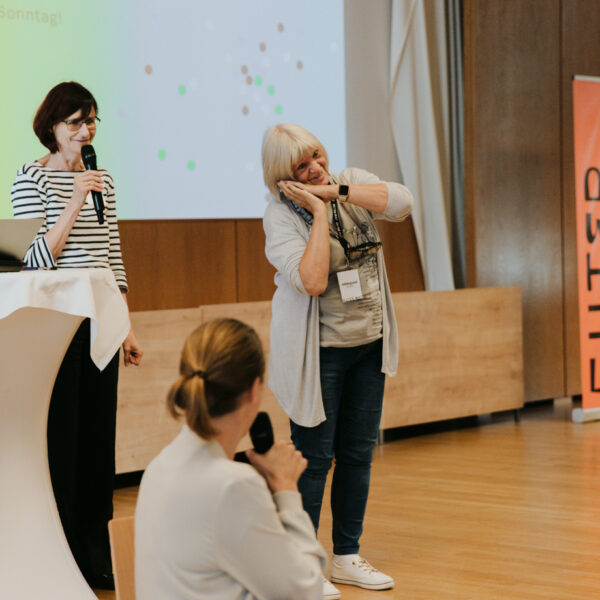
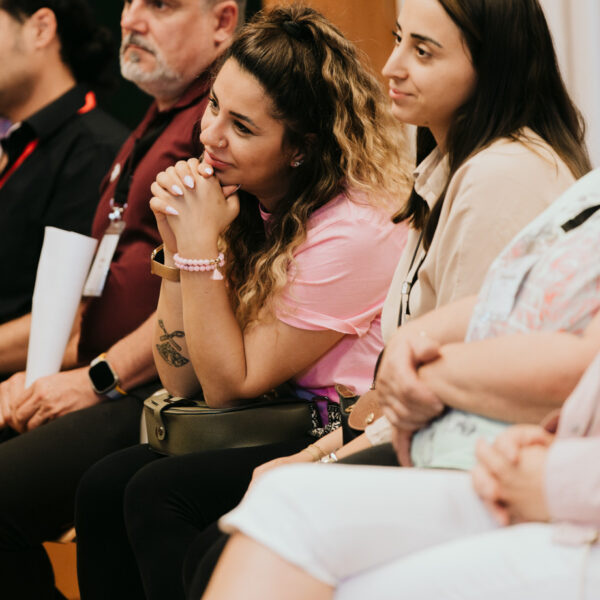
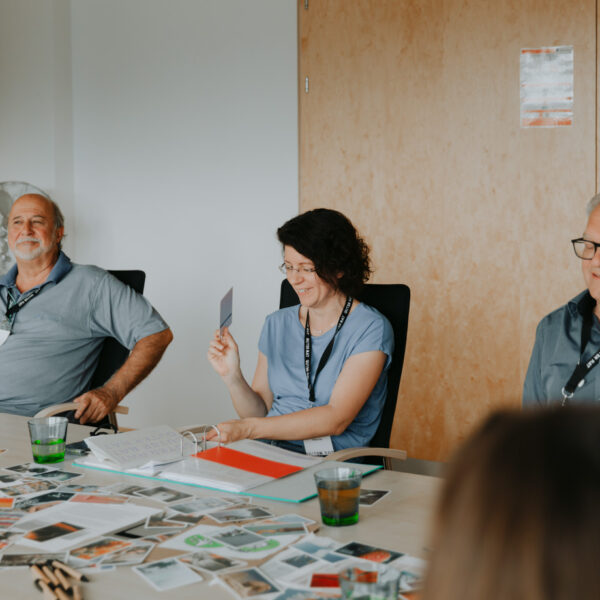
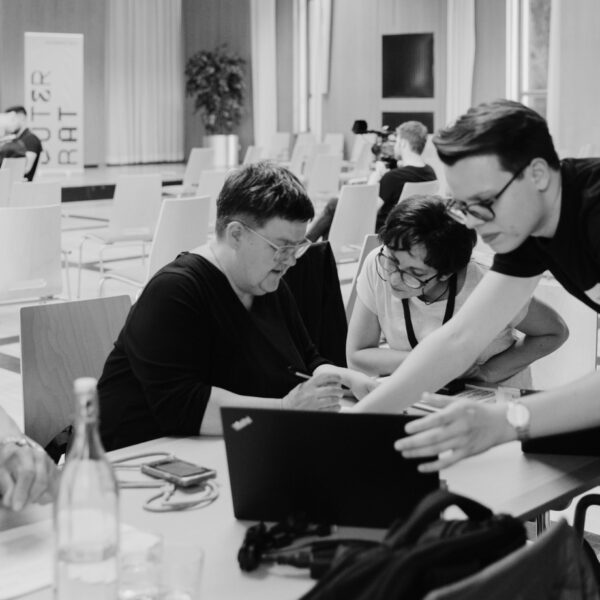
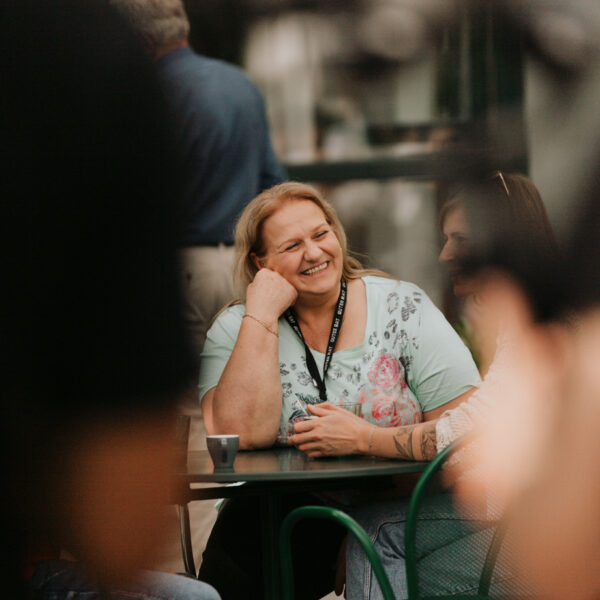
This weekend, the Council members were accompanied by three experts from the fields of redistribution, poverty research and law. As on the fourth weekend, they also received support from students who were deployed as "research assistants".
Three fireside chats were held on Saturday evening: One group shared their personal experiences in the course of the Good Council. Another group edited the resulting messages and a third group dealt with the public relations work that takes place around the Good Council.
In two weeks' time, the Good Council will actually meet for the last time - and the whole of Austria is eagerly awaiting the outcome.
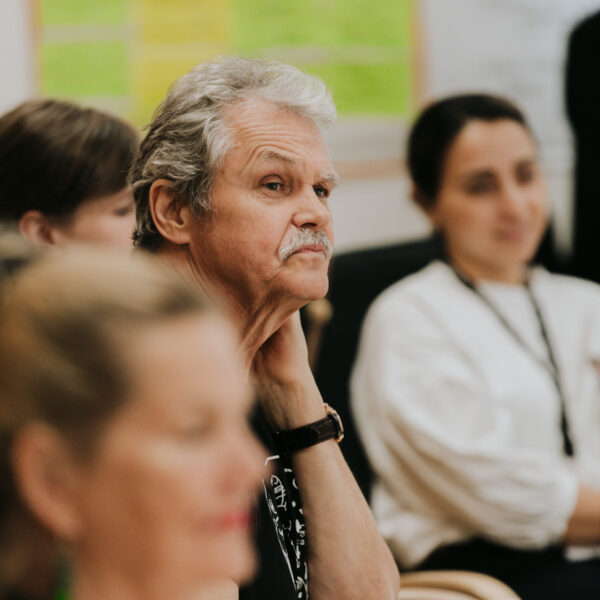

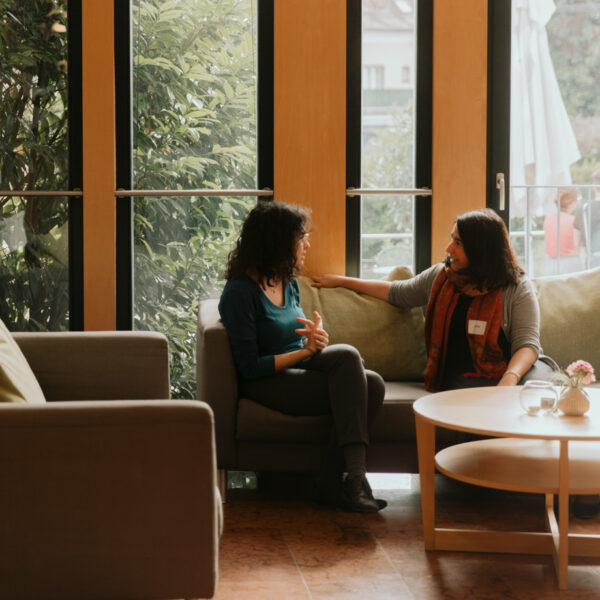
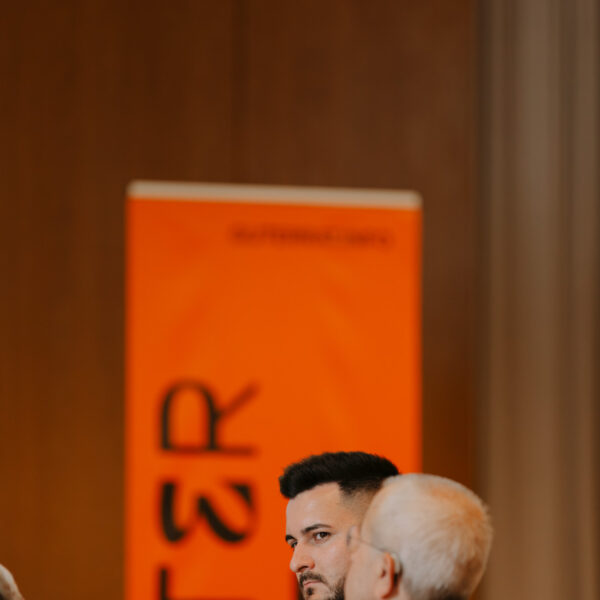
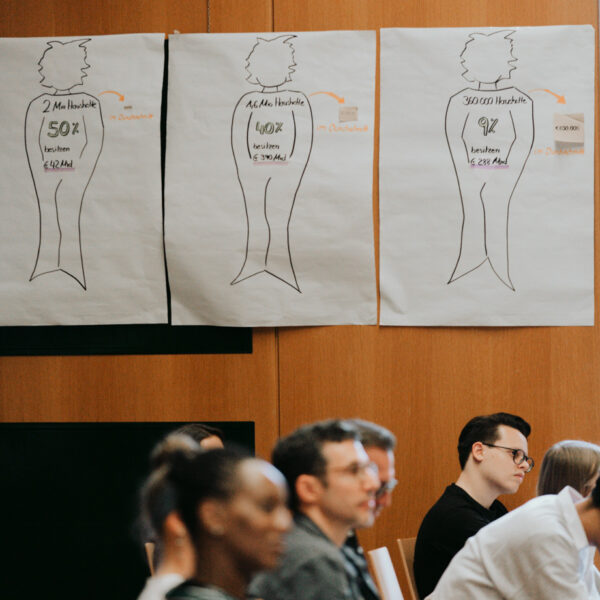
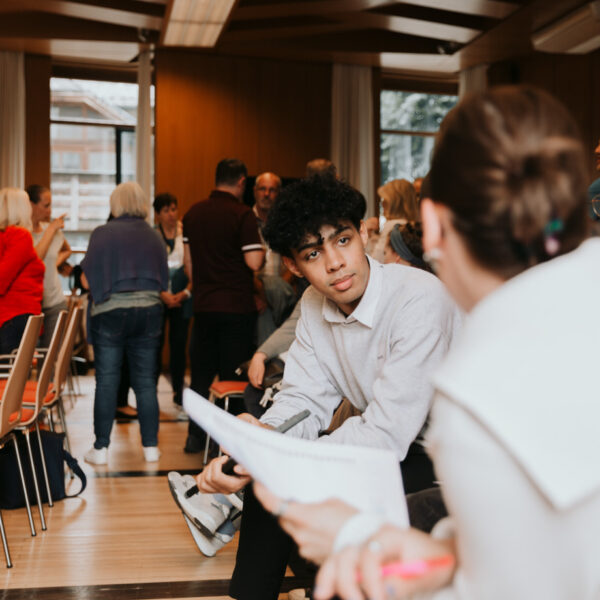
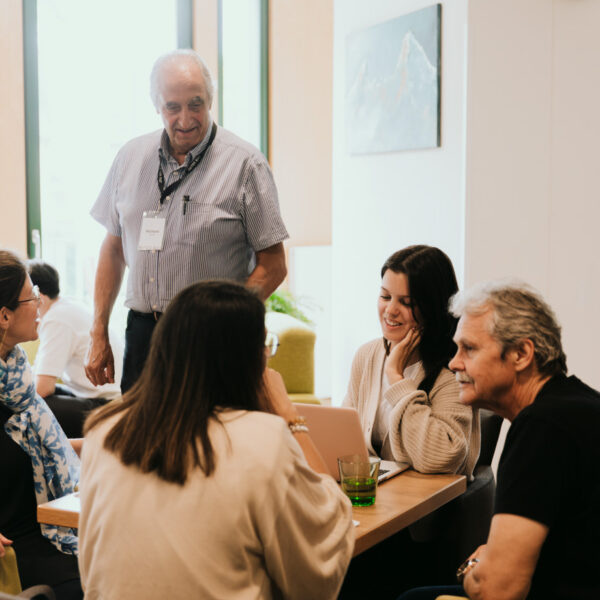

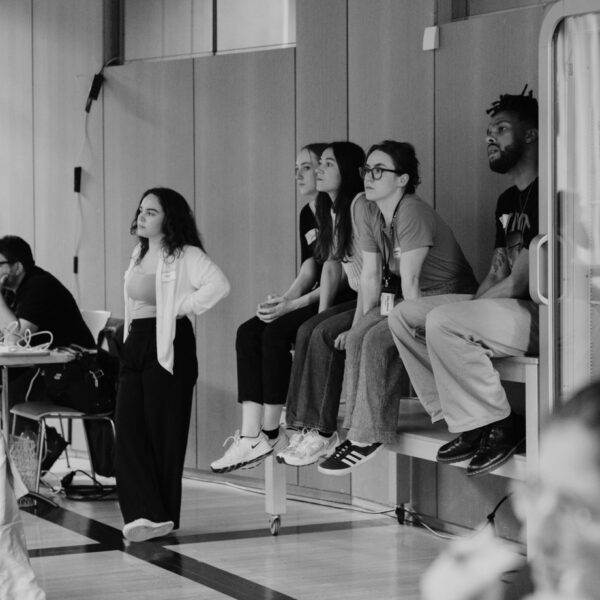
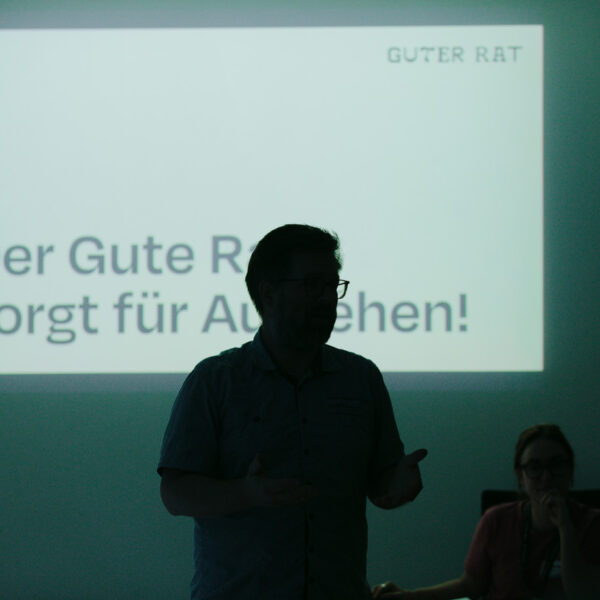
An insight into Weekend 4!
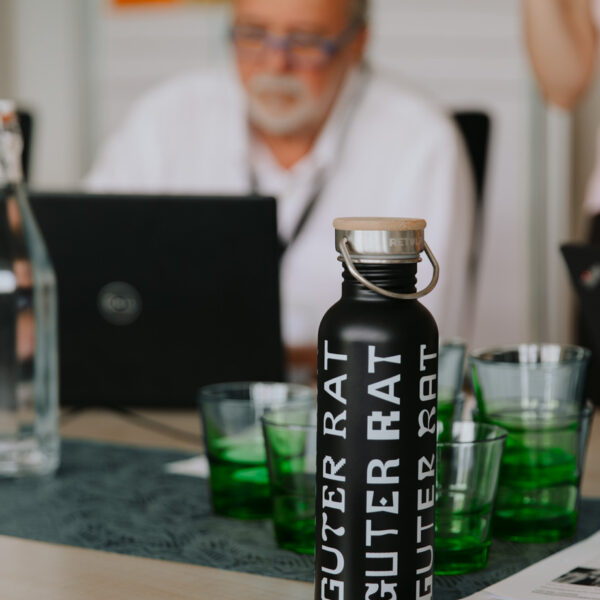
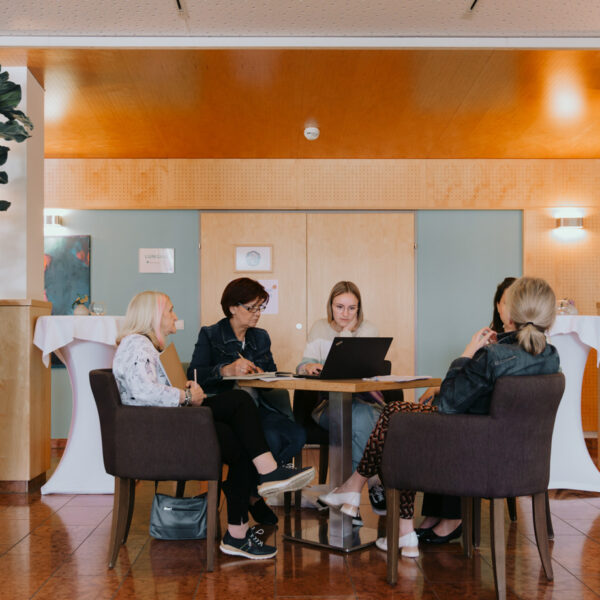
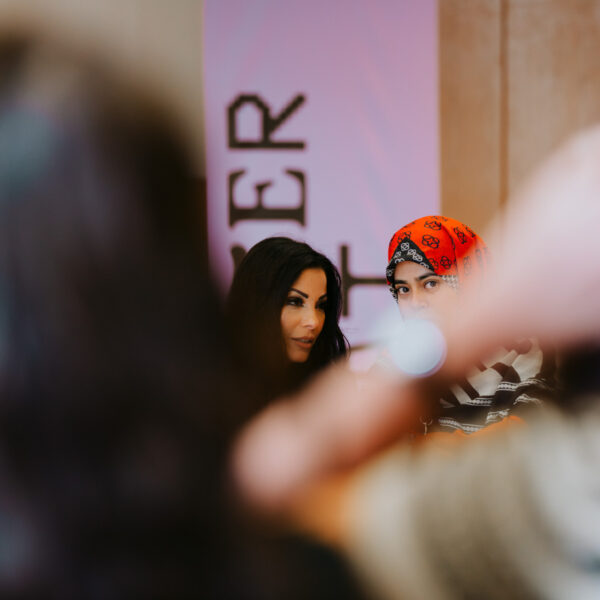
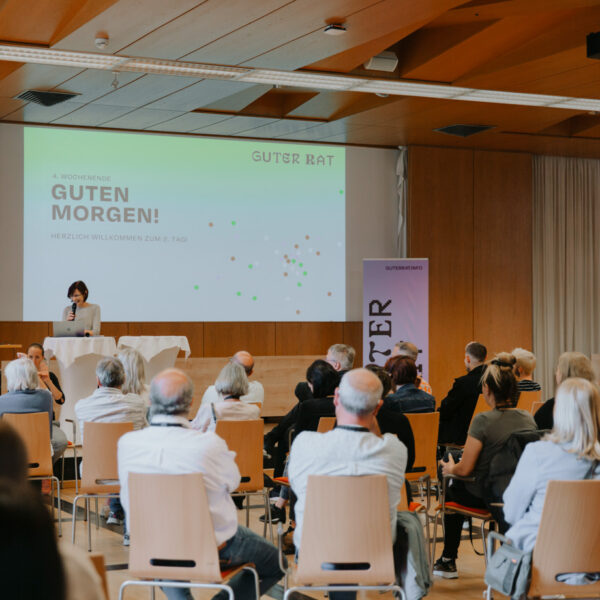

Intensive research as the basis for redistribution
The fourth weekend opened the second half of the Good Council, whose 50 members devoted themselves on Saturday and Sunday to the further development of proposals for redistribution.
In small groups, the citizens first discussed how they had fared in the two weeks since the last meeting and what might have changed for them or in their environment as a result of the Guter Rat. This was followed by an interview with three experts. They answered questions on various topics, such as "What is civil society like in Austria?", "How can you decide on the amount of support?" or "How do decisions on the use of support funds in NGOs work?".
The council members then spent the rest of the Saturday afternoon working in their action area groups on topics such as education, housing and the environment. This first day was then concluded with three-way discussions in which the progress made in the respective fields of action was discussed.
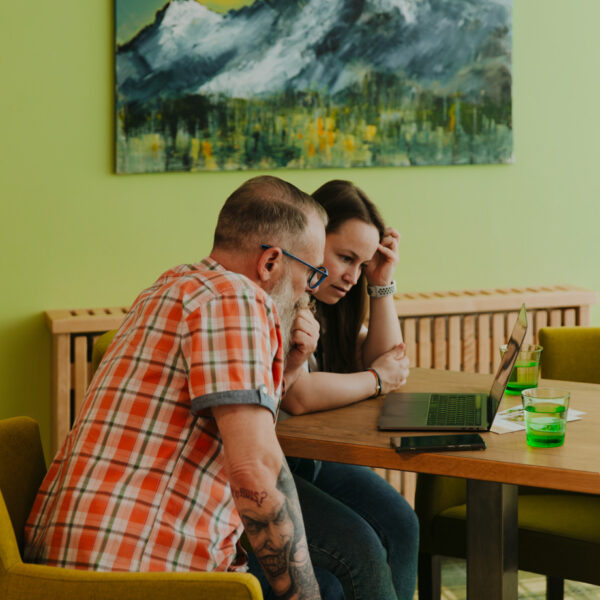
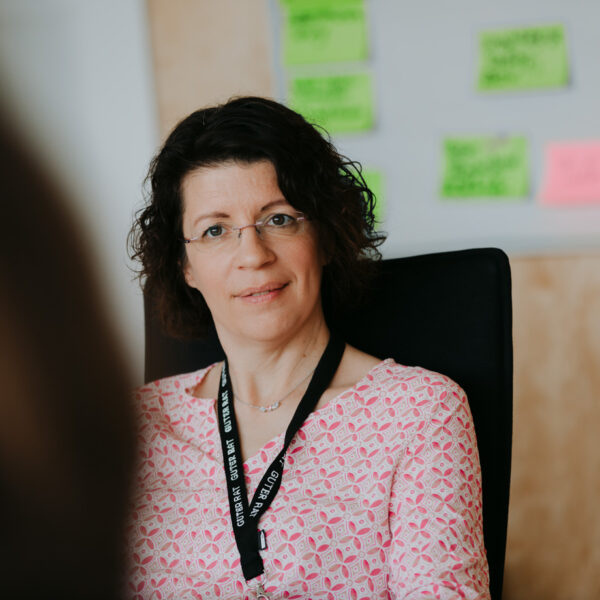
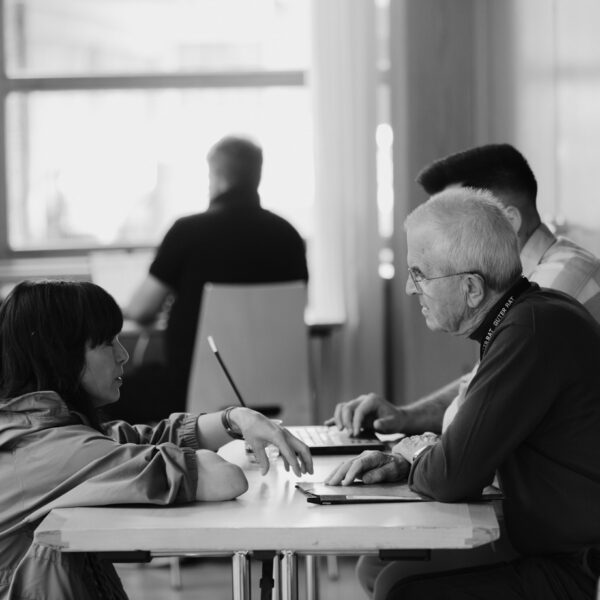


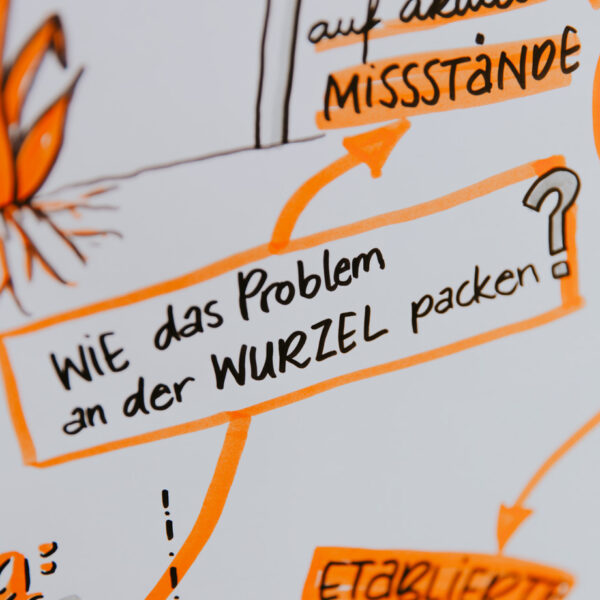
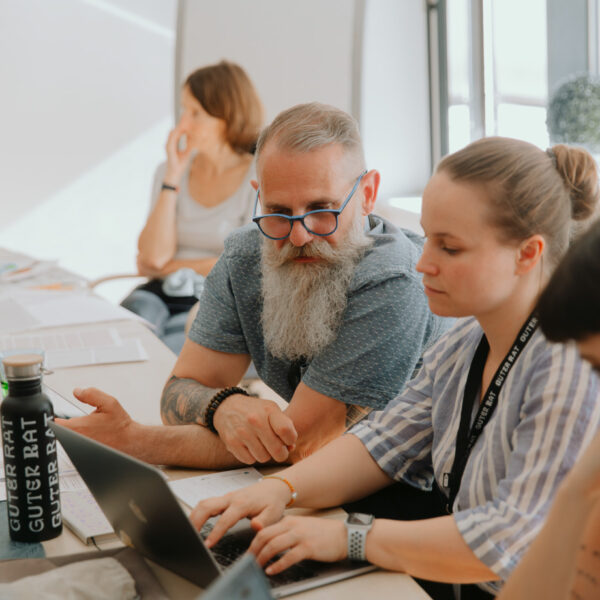
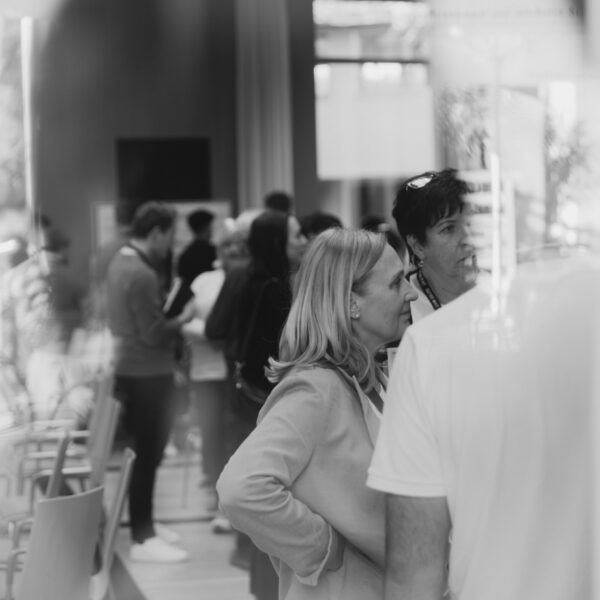
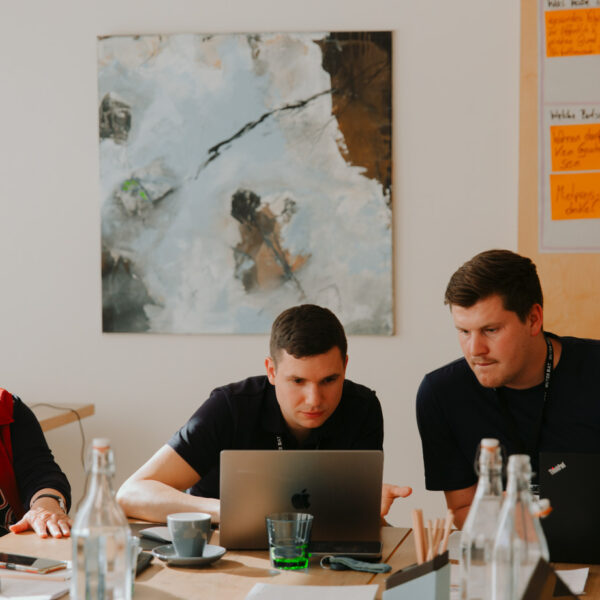
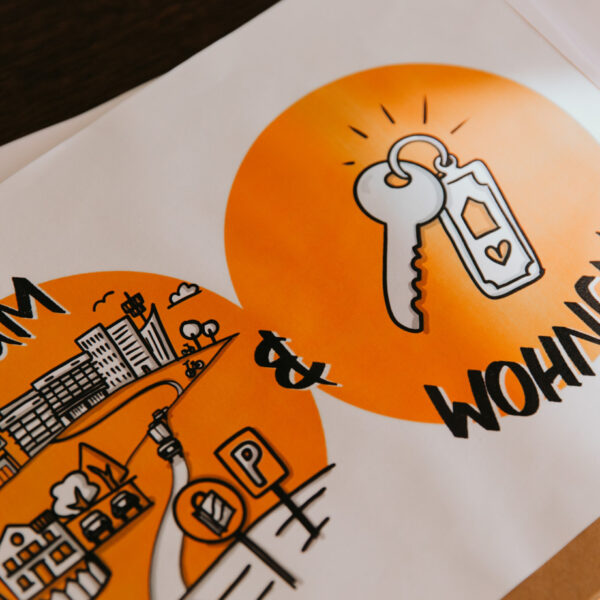
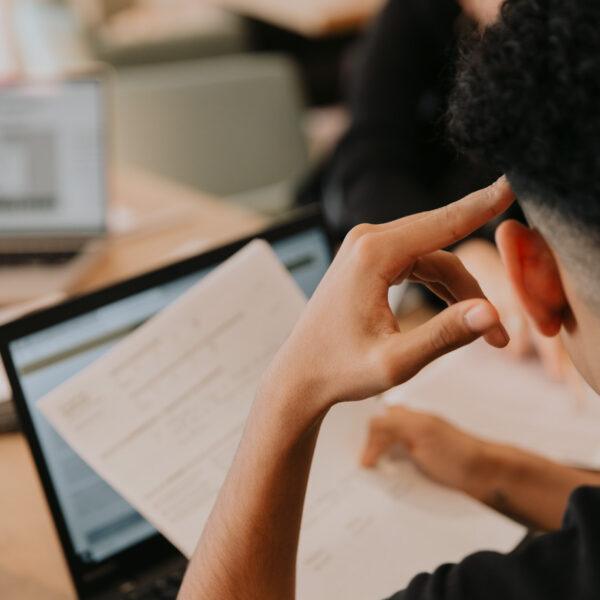
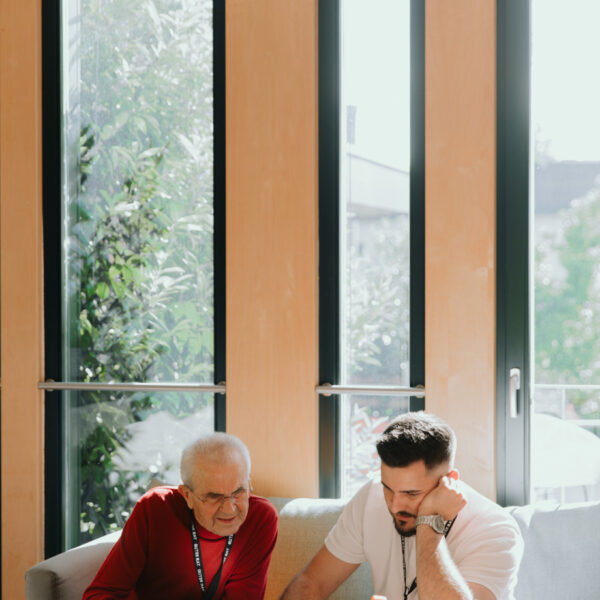
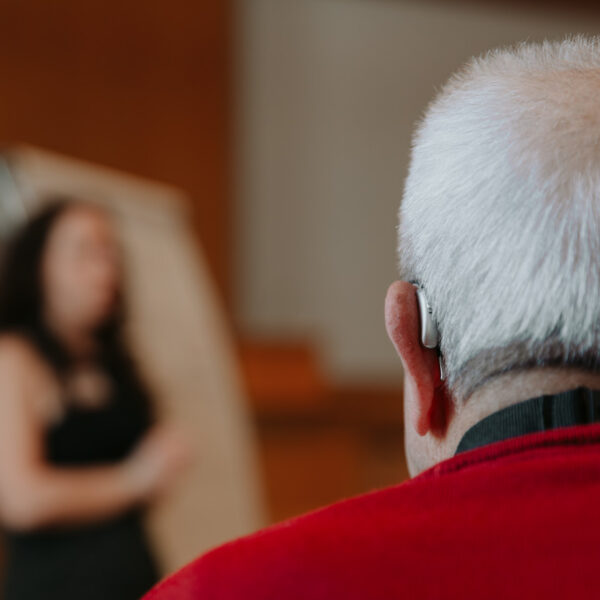
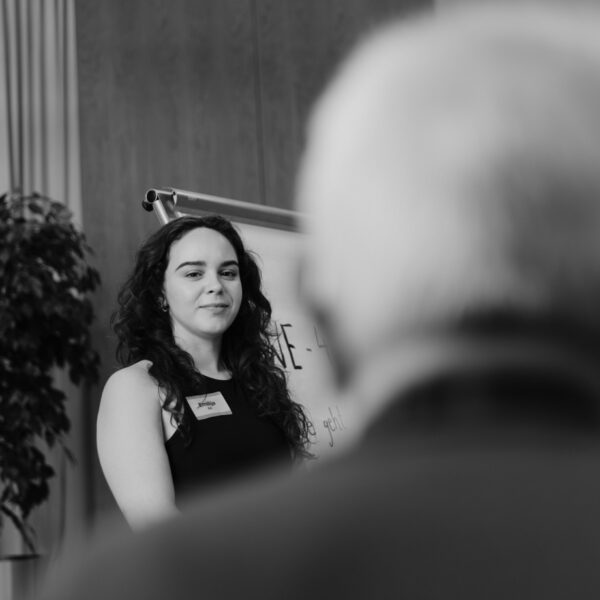
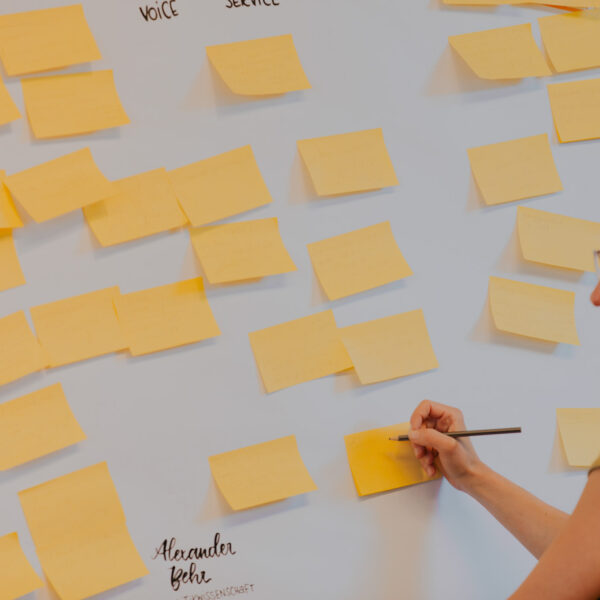


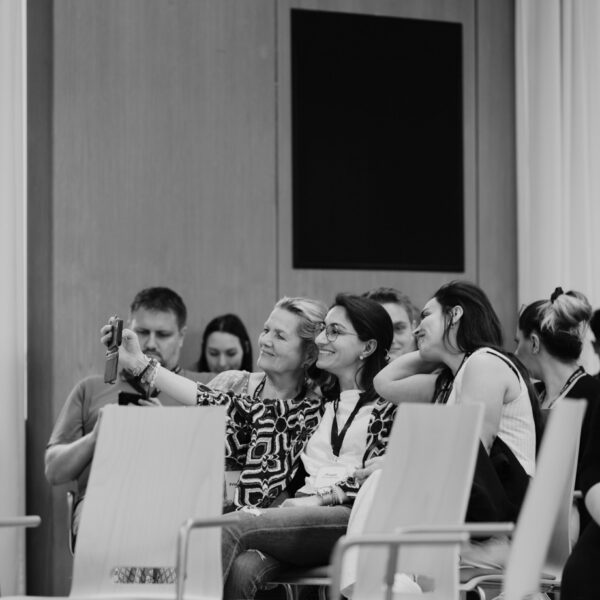
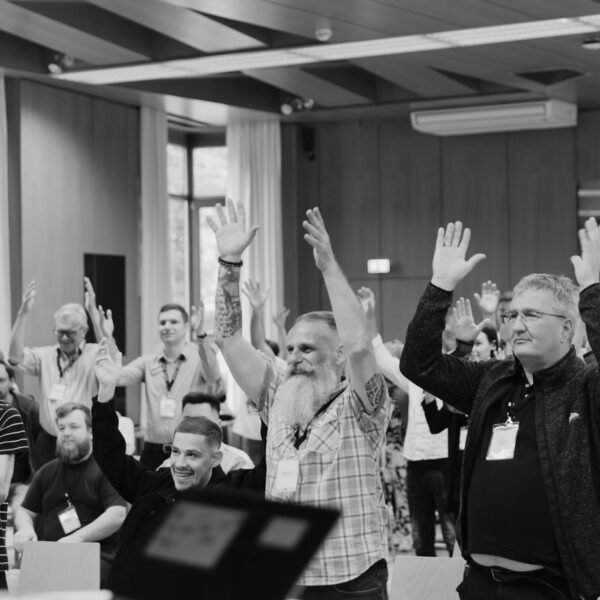
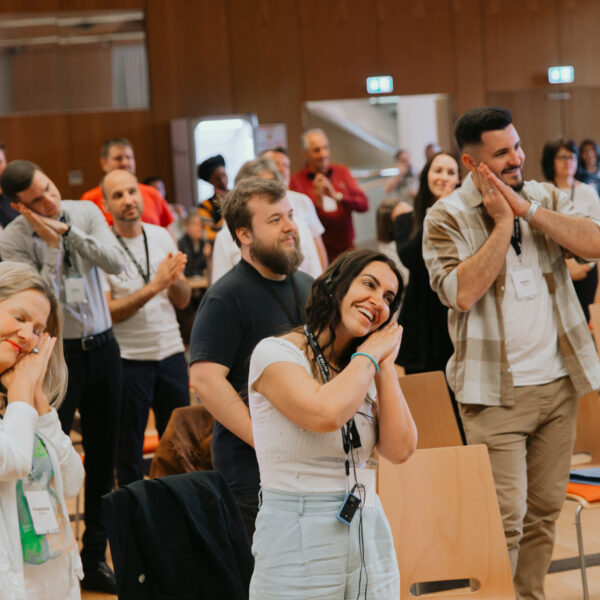
Fireside chats and personal exchange
As on previous weekends, there was once again the opportunity to have a fireside chat with the experts present on Saturday evening. As always, many Council members took advantage of this opportunity. In addition, a round table discussion took place, which enabled the exchange of personal experiences in the course of the Good Council.
Sunday was once again dedicated to work in the action field groups. The 50 citizens worked on their proposals for redistribution and researched civil society organizations. They were supported by research assistants. In between, there was also the opportunity to get an overview of the work of the other fields of action.
In the end, the council members left the fourth meeting tired but satisfied - looking forward to weekend number five.

By loading the video, you agree to YouTube's privacy policy.
Learn more
Guter Rat 1×1 - A podcast about redistribution
Without moderation, no citizens' assembly. How are decisions made? How do all "people with completely different views" have their say? How do you communicate scientific content to a cross-section of Austria? These are just a few of the questions that our moderator asked herself in the run-up to the Good Council - and now Tori is putting them to our moderators Hanna Posch, Karin Küblböck and Nonno Breuss.

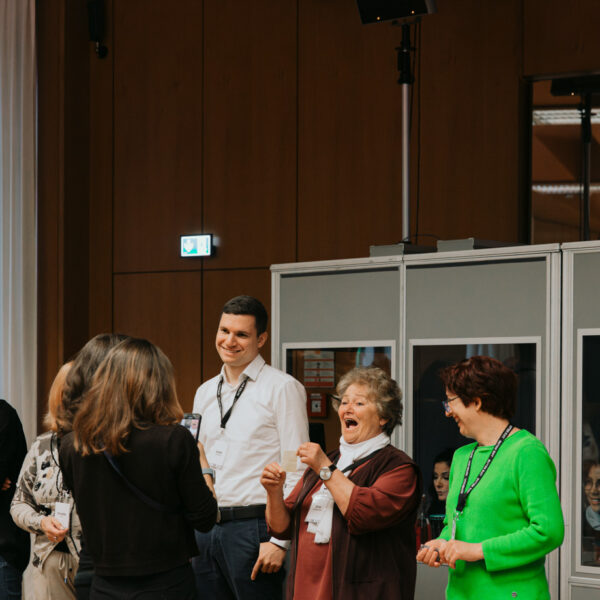
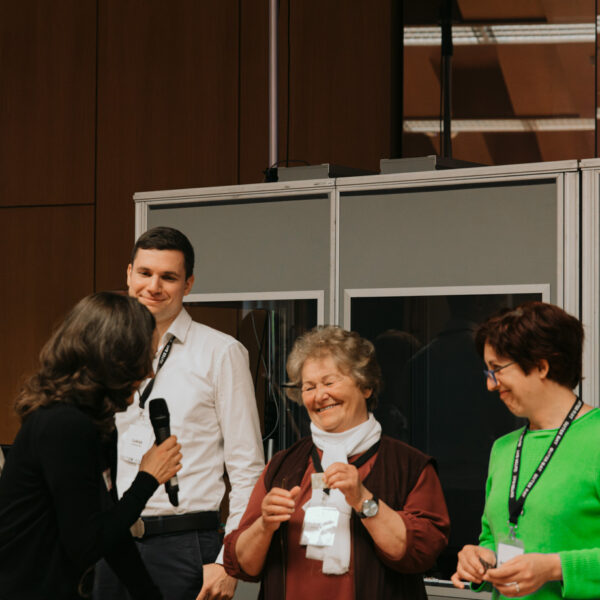
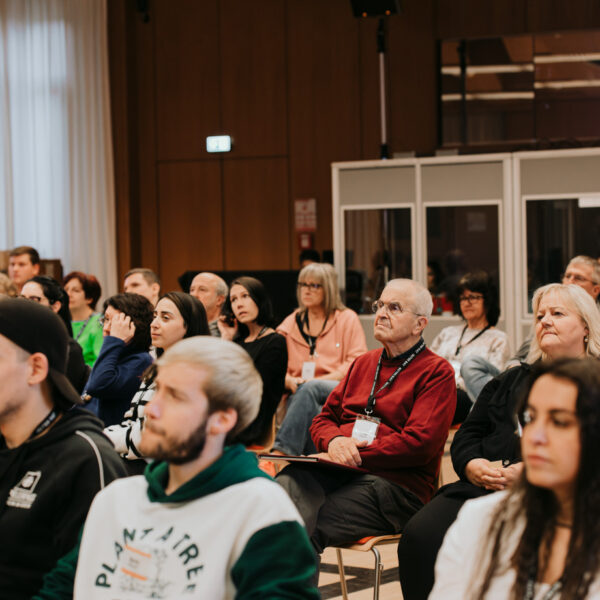
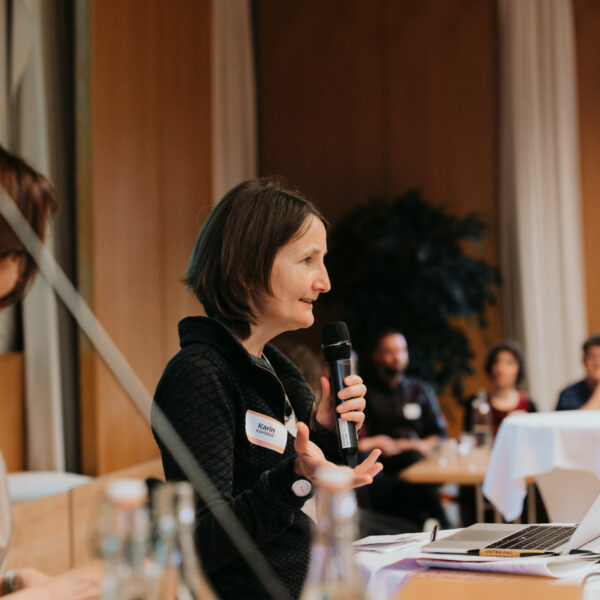
That was the third weekend!
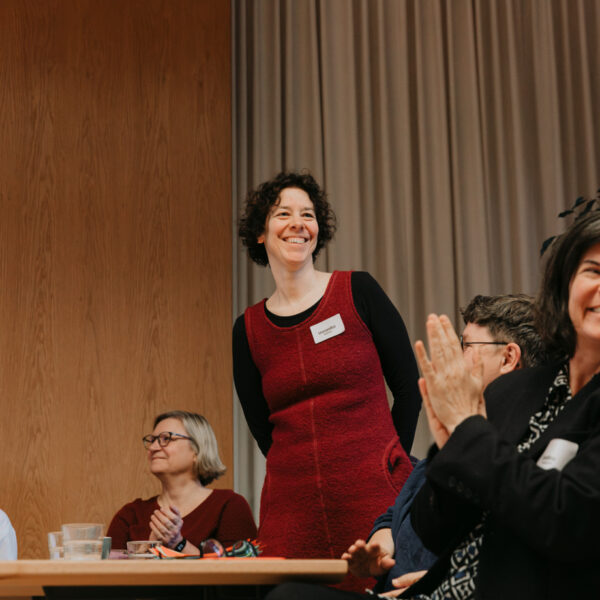
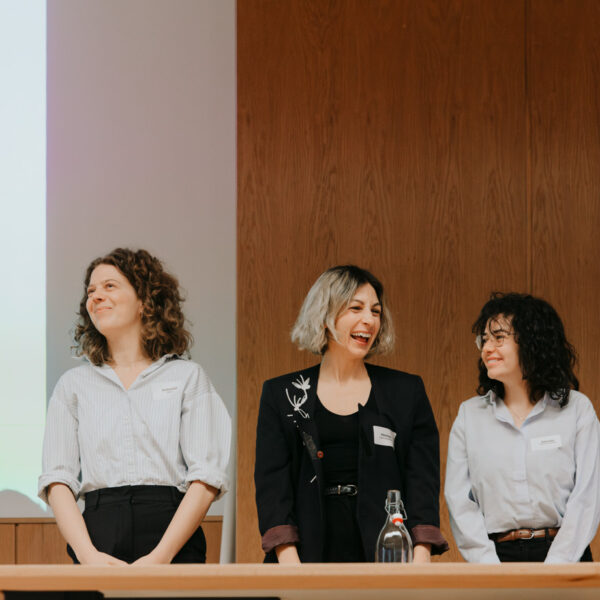
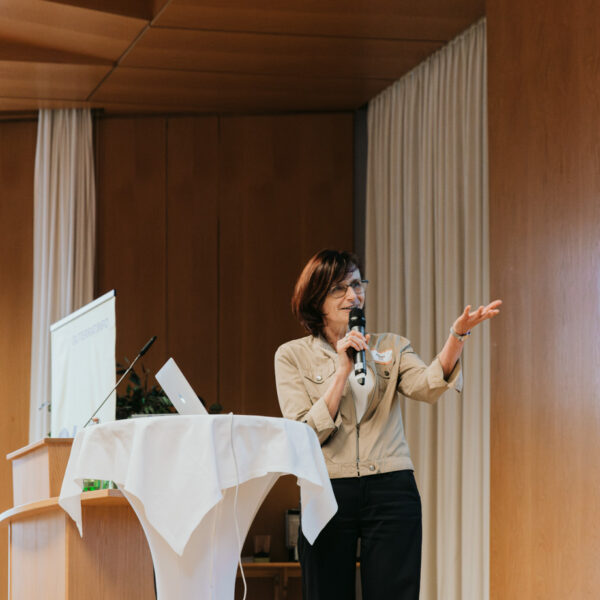
Great atmosphere at half-time
Weekend number 3 gave the 50 council members the opportunity to get input from a total of eight experts. After a brief exchange on the content of the first two weekends, the citizens spent most of the two days working in groups assigned to different fields of action. These were derived from the "visions for a fairer world" that had already been jointly developed. For example, education, health or participation in society - all areas in which the unequal distribution of wealth or access to money makes a difference.
Initial proposals for the redistribution of the 25 million were developed from the expert presentations, which were spread across the six fields of action, as well as messages for society and politics. The first day concluded with a "marketplace" in which the results of the fields of action were presented.
Criteria for redistribution
Saturday evening was once again dedicated to personal conversations and discussions: As part of a fireplace talk, a discussion was held between the experts and the council members - an opportunity for in-depth discussions, which many of the 50 citizens took advantage of despite the challenging afternoon.
On Sunday, Johanna Mang's presentation focused on what to look out for when redistributing donations. The expert, who has worked for many NGOs, presented how donations are currently being made in Austria. According to Mang, a particularly large amount of donations go to children, animals and current disasters; less money is given to human rights or culture and research, for example. Mang also explained to the citizens what factors and criteria can be used to evaluate organizations that are to be supported. Mang encouraged the citizens to trust the Council's group intelligence when making their decisions.
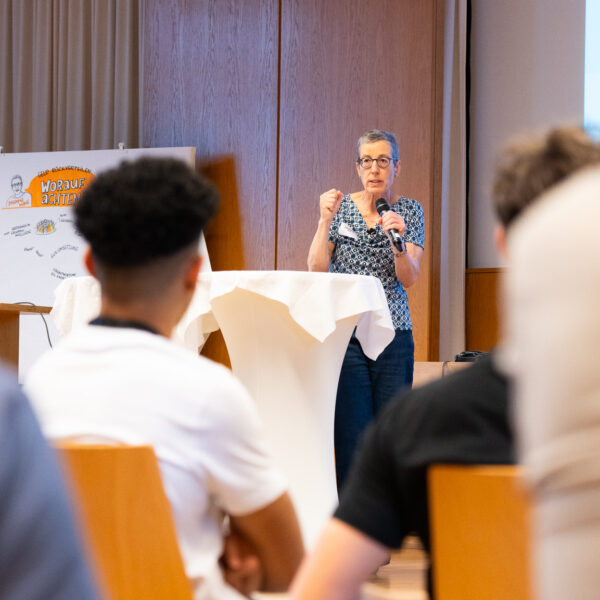
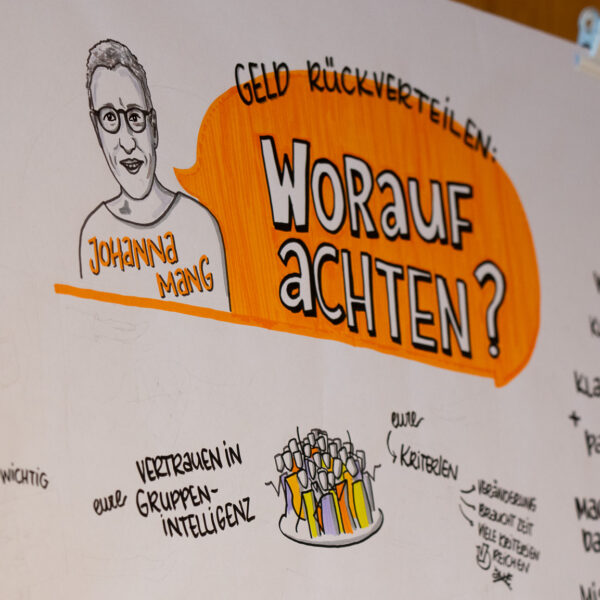
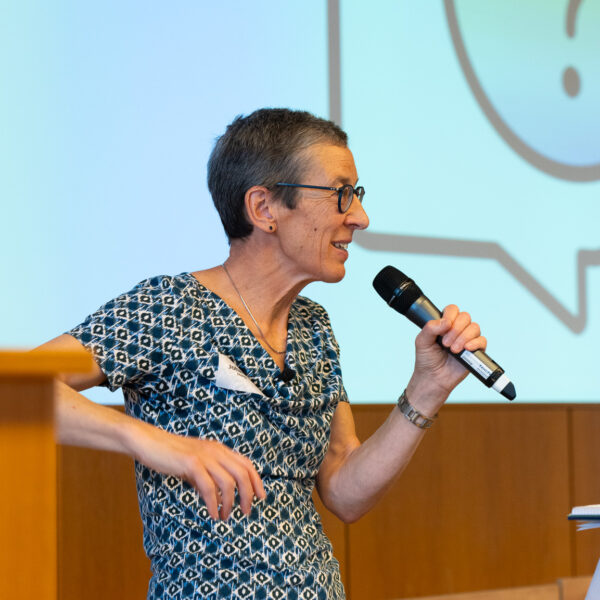
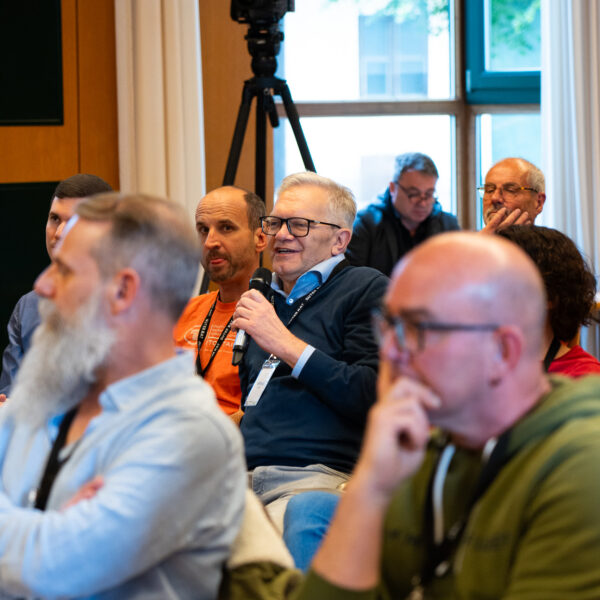
Click on the button to load the content from .
Expert lecture by Johanna Mang
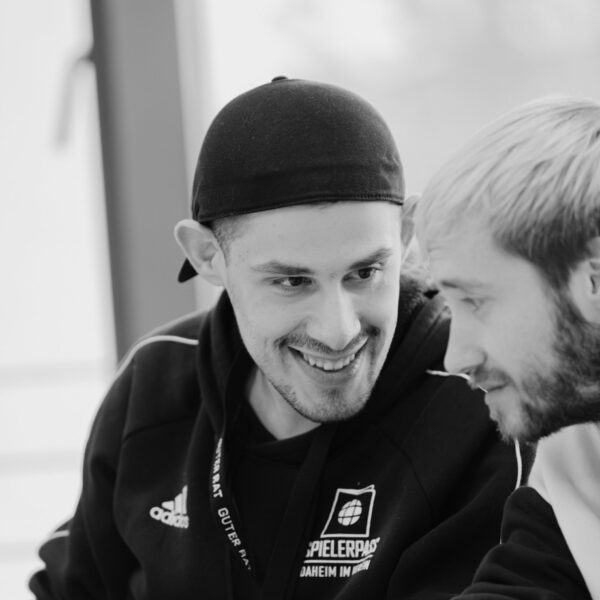
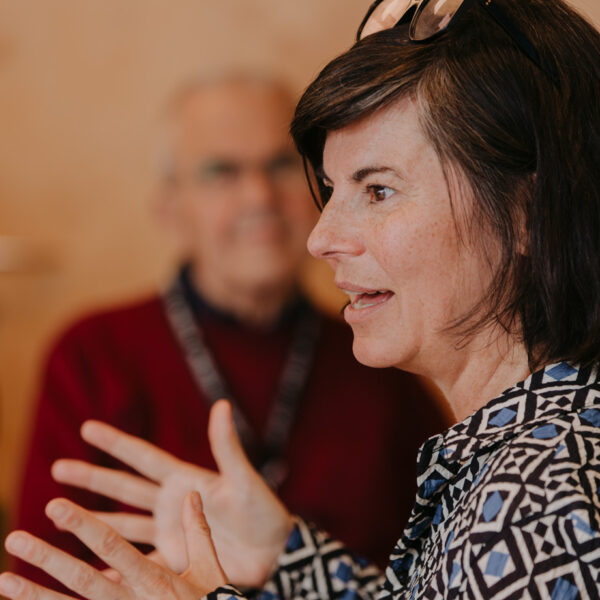
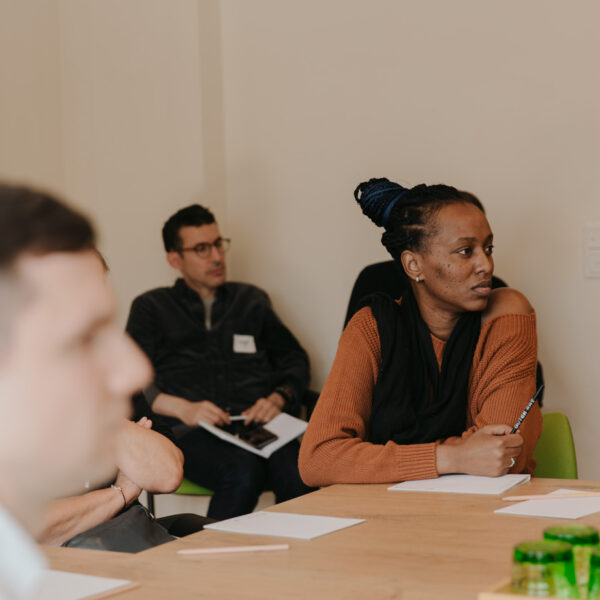
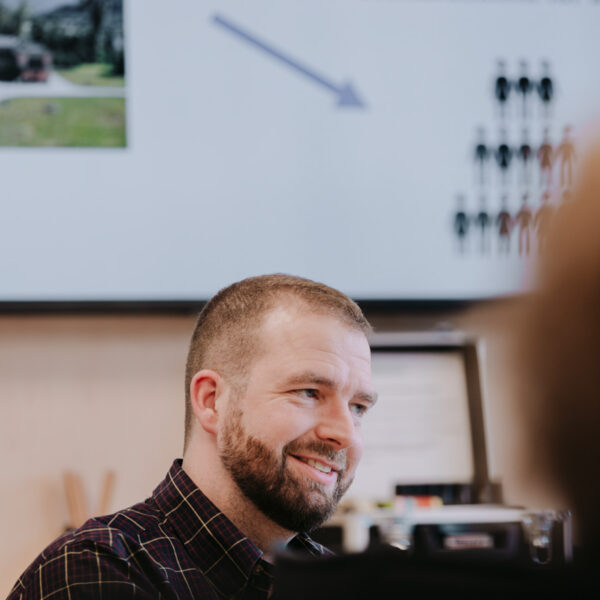
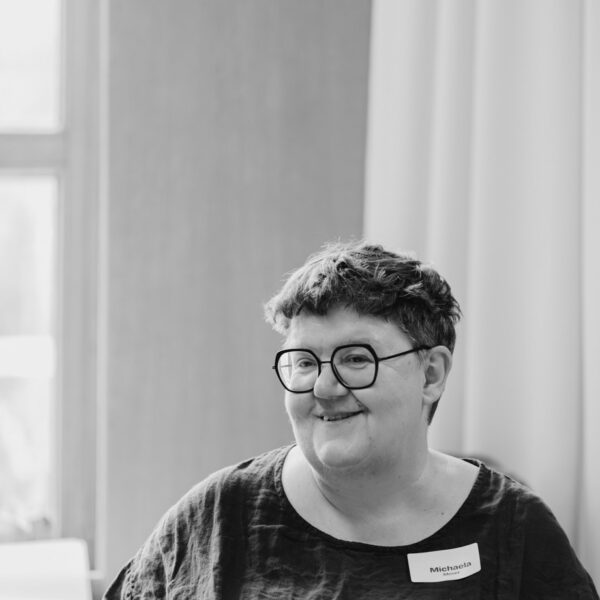
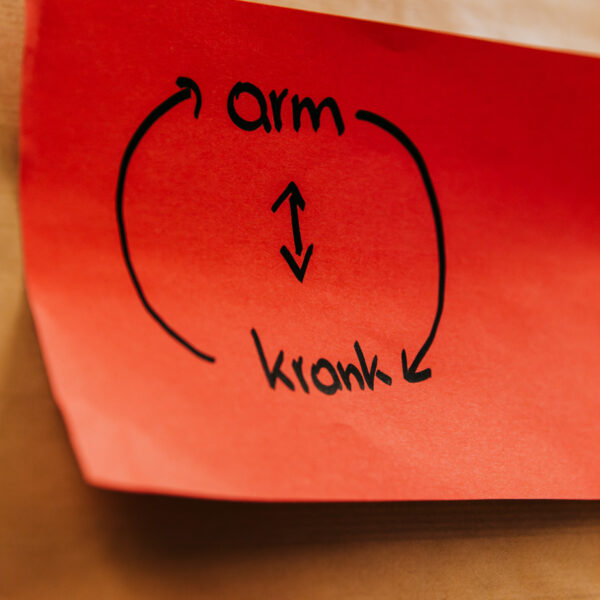
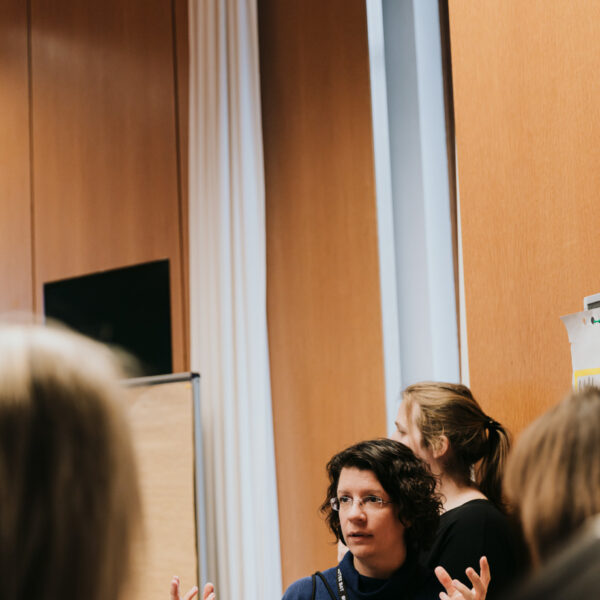
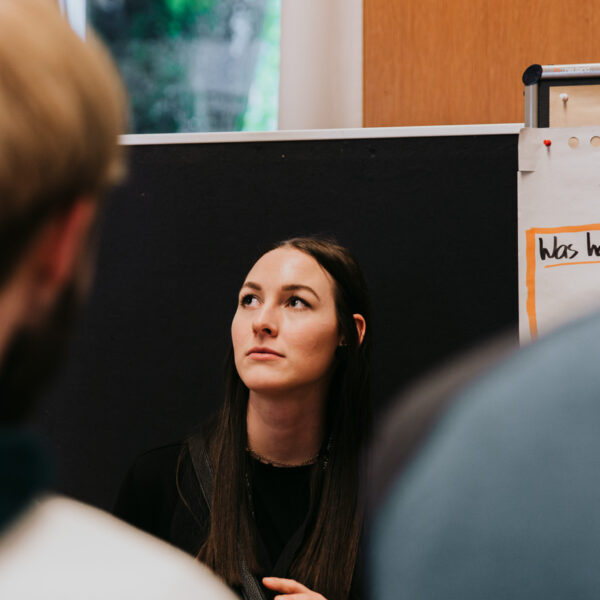
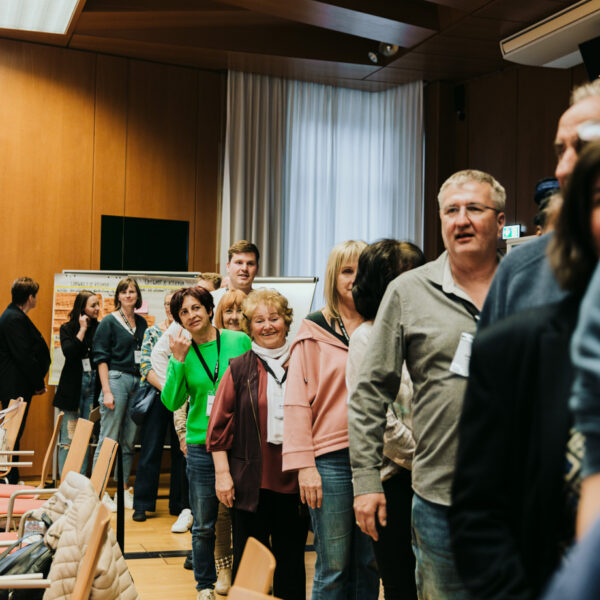
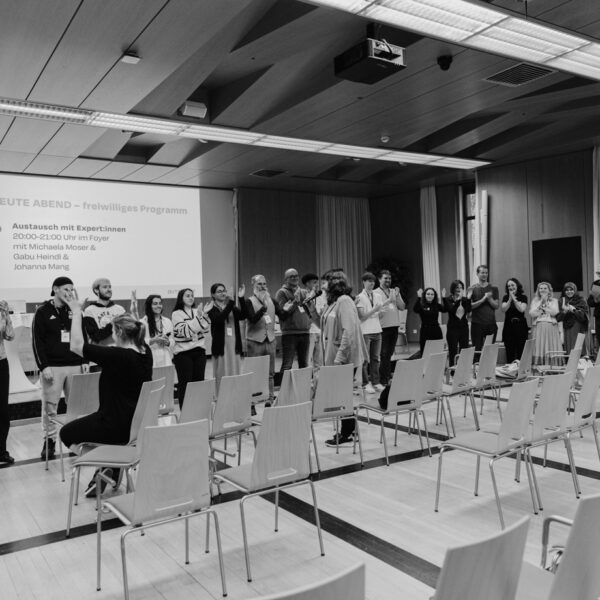
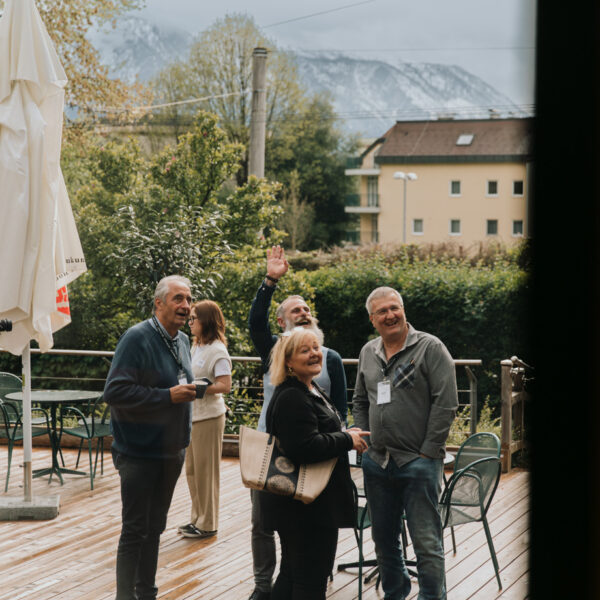
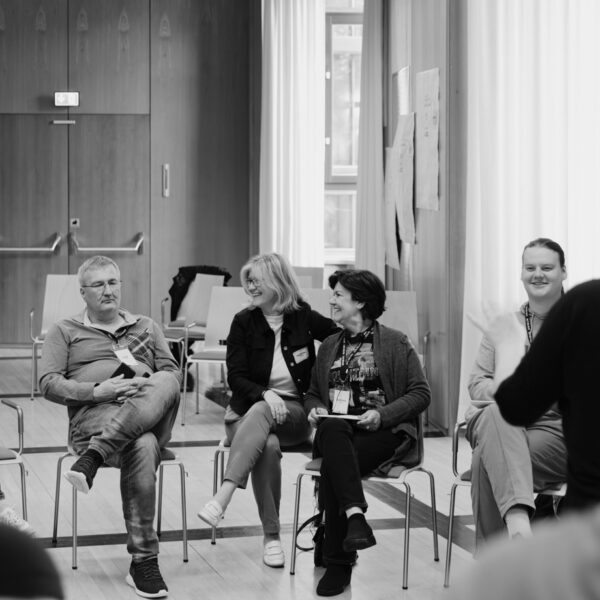
In high spirits and highly motivated
On the afternoon of the second day, the council members concentrated on researching with the support of expert Alexander Behr. On the other hand, a template for a profile was drawn up, which will serve to describe the upcoming proposals for redistribution in a uniform manner. This will allow all proposals to be discussed and compared at a later date.
Just like at the first two meetings, the atmosphere at the third weekend was excellent from start to finish. And so 50 good councillors left the venue on Sunday evening looking forward to the next meeting two weeks later.

By loading the video, you agree to YouTube's privacy policy.
Learn more
Guter Rat 1×1 - A podcast about redistribution
In the third episode "Guter Rat 1×1 - A Podcast about Redistribution", Daniela Brodesser shares her experiences and expertise with Tori and explains what it's really like to be poor and how the fight against poverty is currently going (not well).
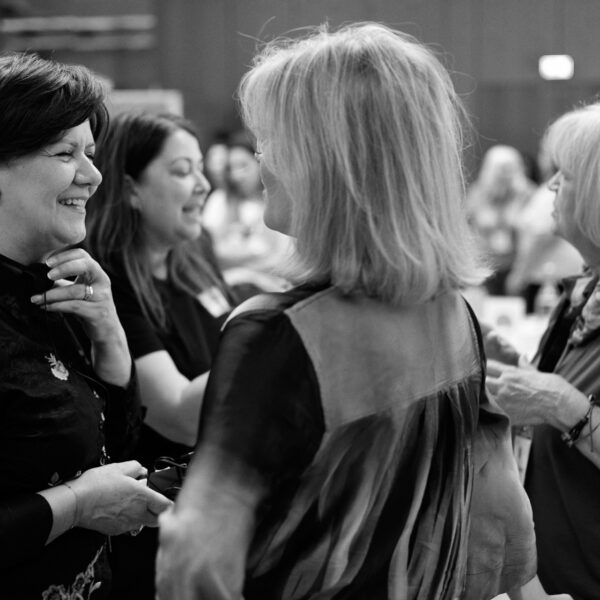
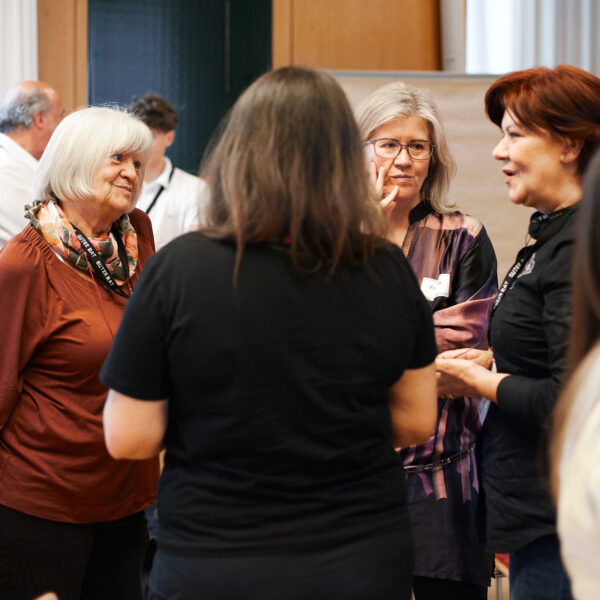

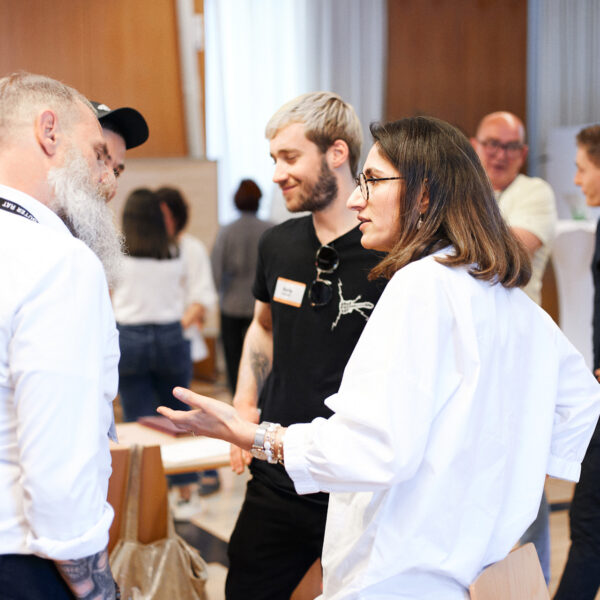
That was weekend no. 2!

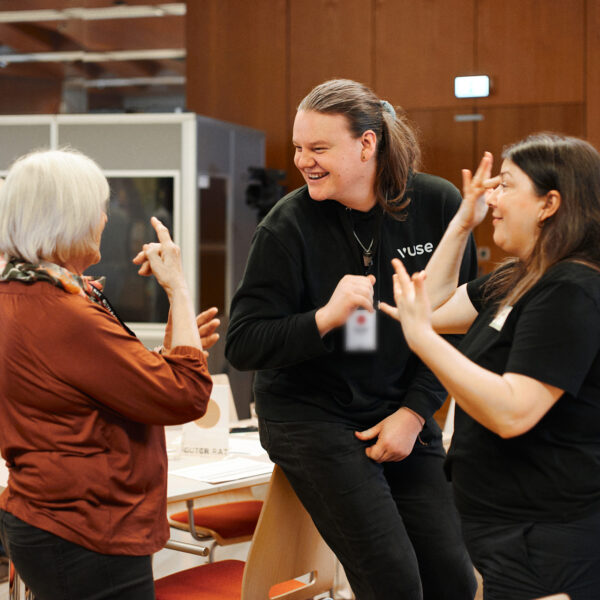
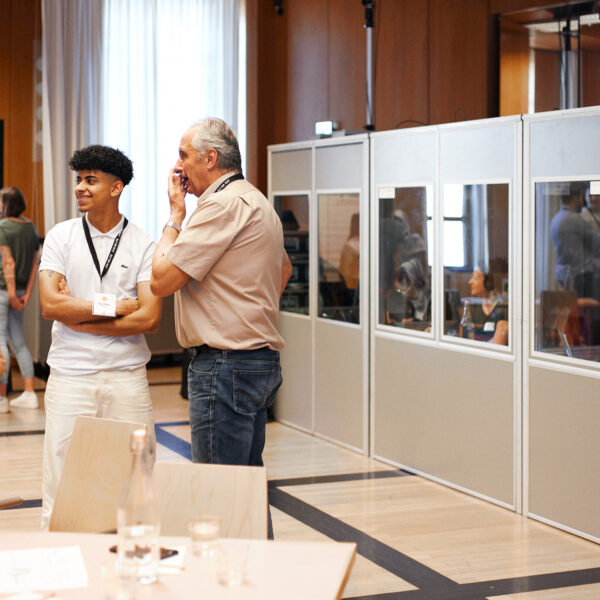
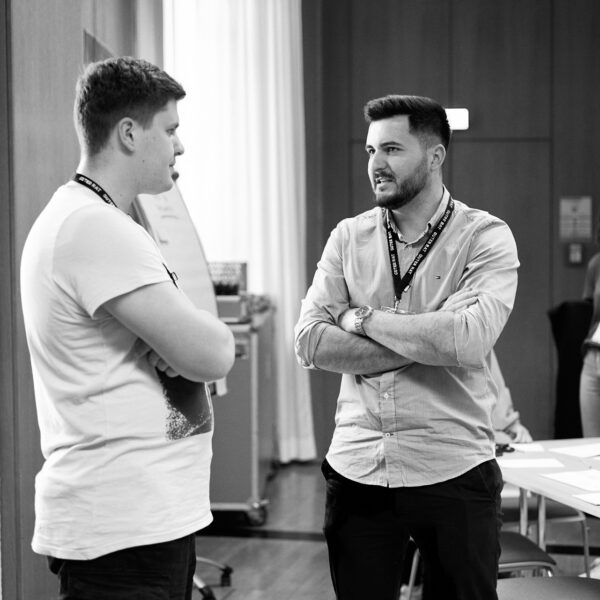
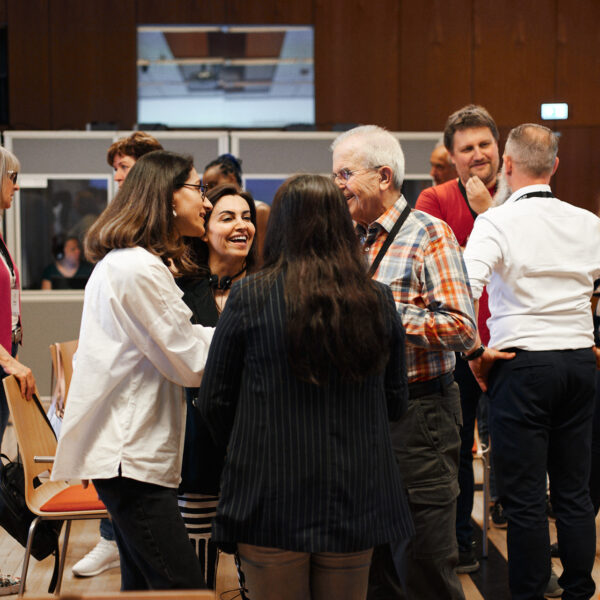
A weekend full of visions
At the second meeting of the 50 citizens who form the Guter Rat, a lot of interpersonal trust was already noticeable. On 6/7 April 2024, in a consistently appreciative atmosphere in the large plenary, but also with ever new constellations in small groups, the council members will exchange views on the topic of wealth inequality and the upcoming redistribution of Marlene Engelhorn's legacy.

By loading the video, you agree to YouTube's privacy policy.
Learn more
Expert lecture by Christian Neuhäuser
Philosophical Reflection
The philosopher Christian Neuhäuser was also a guest this weekend. He researches and teaches at the Technical University of Dortmund. Using numerous examples, he presented different concepts of "justice" and was then available for discussion and personal exchange with the Council members.
A lot of time was spent on Saturday developing visions visions: What would a society look like in which people can lead a good and self-determined life? What would the distribution of wealth look like in such a society? What about other areas such as education or health education or health, where individual financial circumstances can make a big difference for the individual and society?
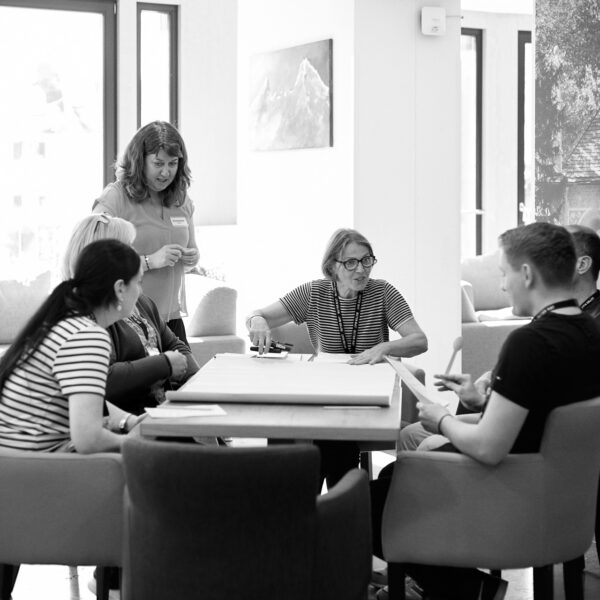
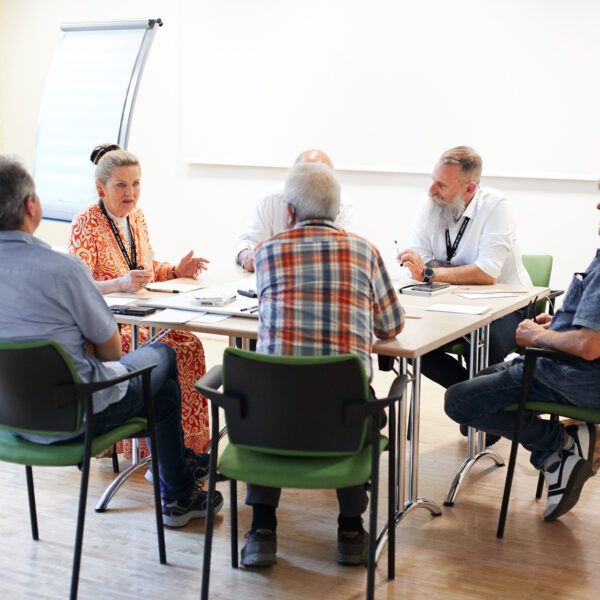
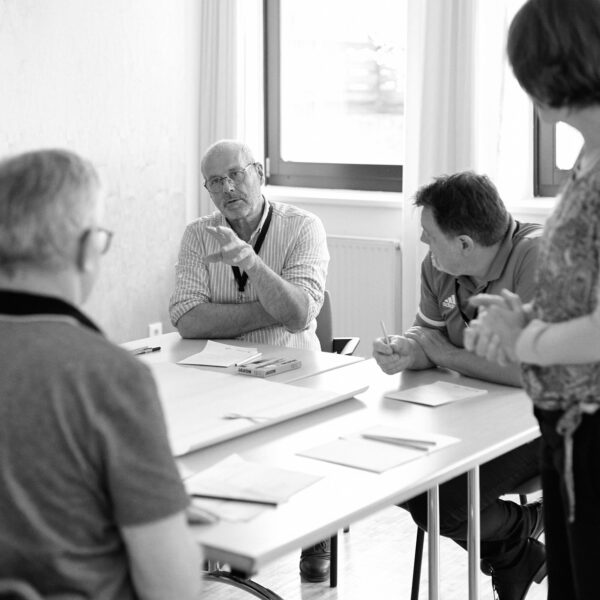
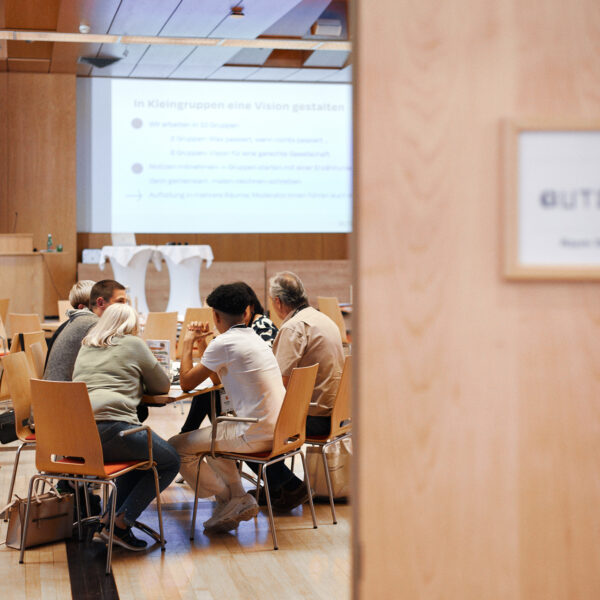
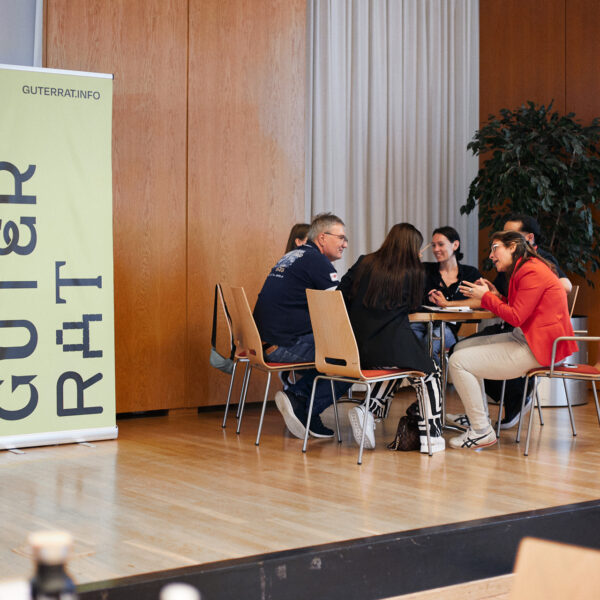
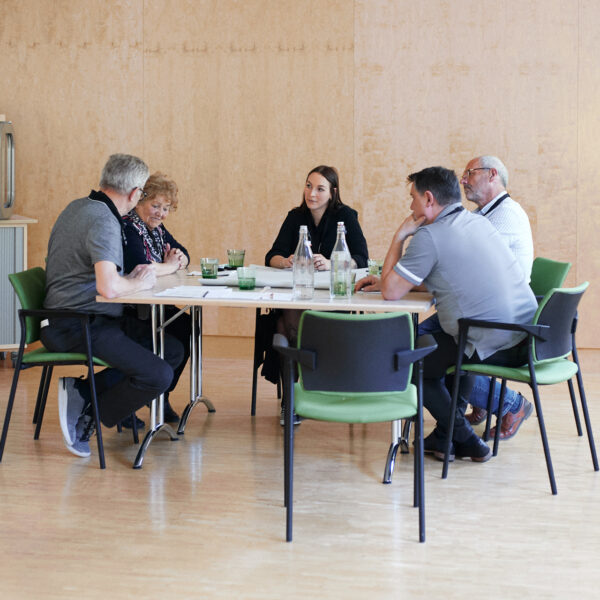
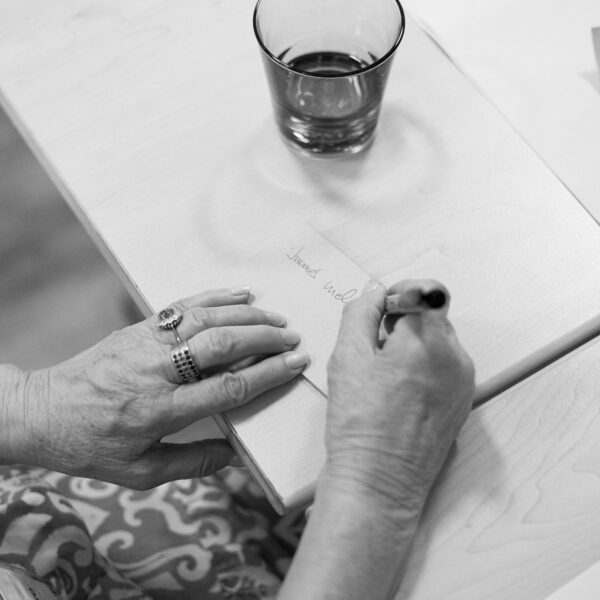
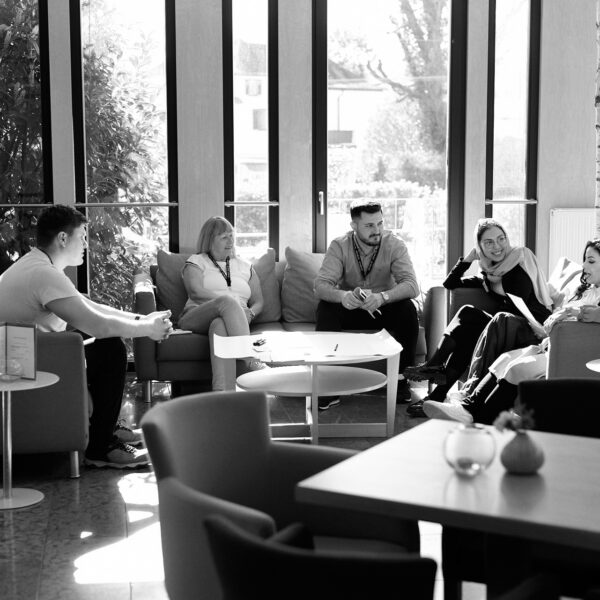
Initial ideas for messages to society and politics
On Sunday, during a short walk , the participants exchanged ideas about approaches and initiatives they are familiar with, which go in the direction of the visions developed the day before. In moderated groups , the first criteria for the redistribution of the 25 million euros from Marlene Engelhorn's legacy were then determined. Aspects such as setting an example, helping people to help themselves and any undesirable side effects were also reflected.
In a final "marketplace" at the end of the second weekend, the council members were able to note down their findings to date and initial ideas for messages to society and politicians.

By loading the video, you agree to YouTube's privacy policy.
Learn more
Guter Rat 1×1 - A podcast about redistribution
In the second episode of the Guter Rat podcast, a key person in fiscal policy is a guest: Ferdinand Lacina.
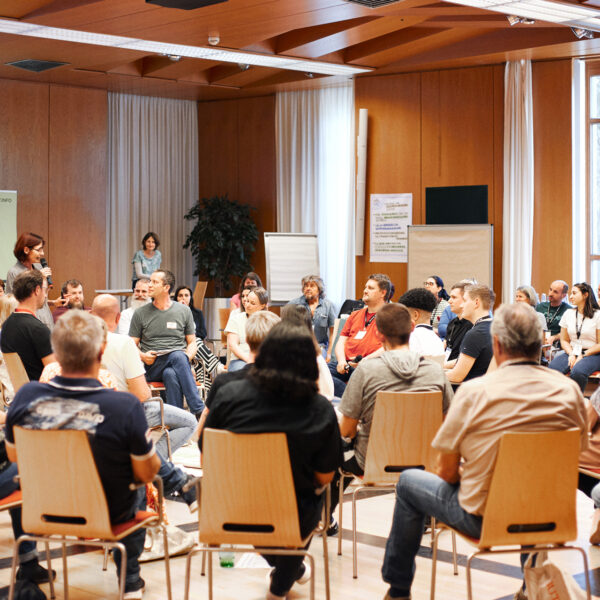
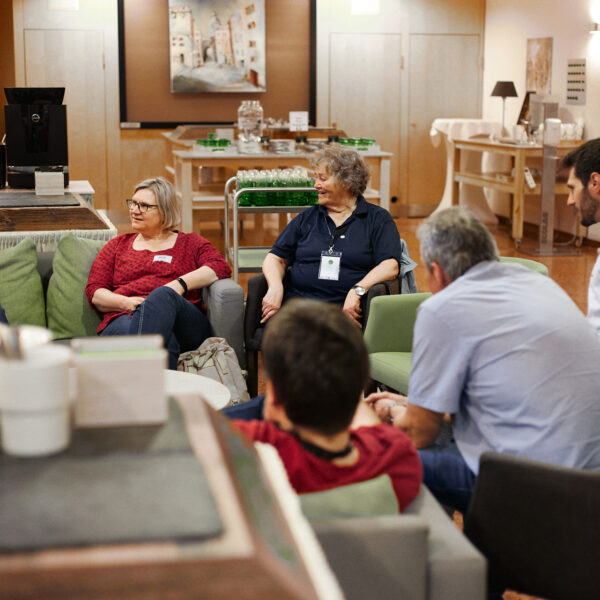
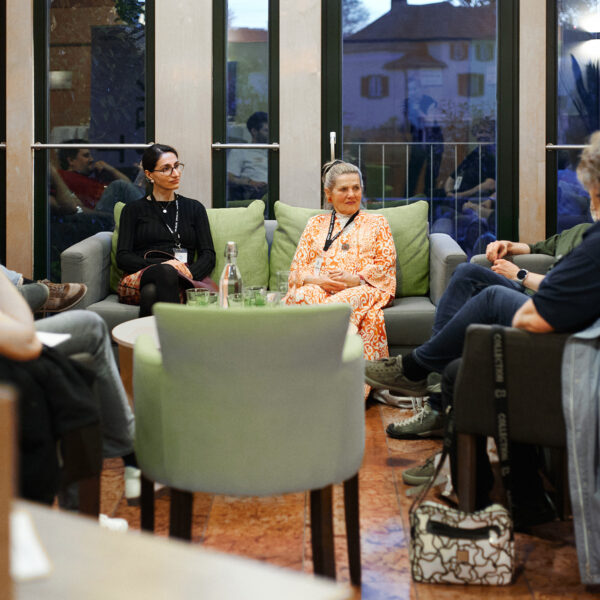
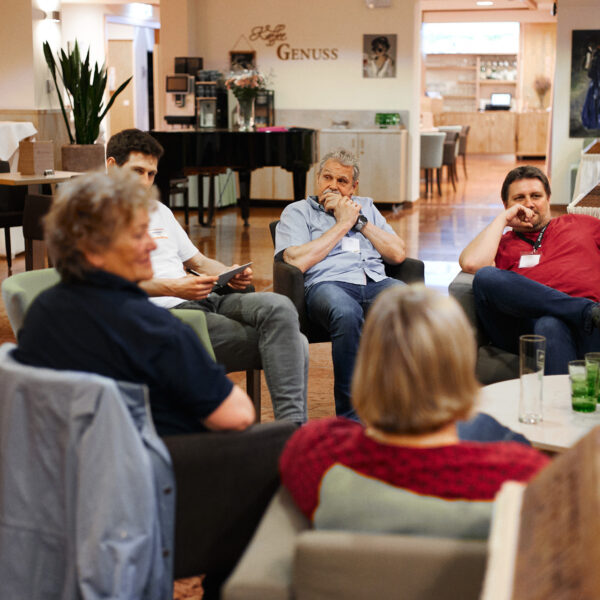
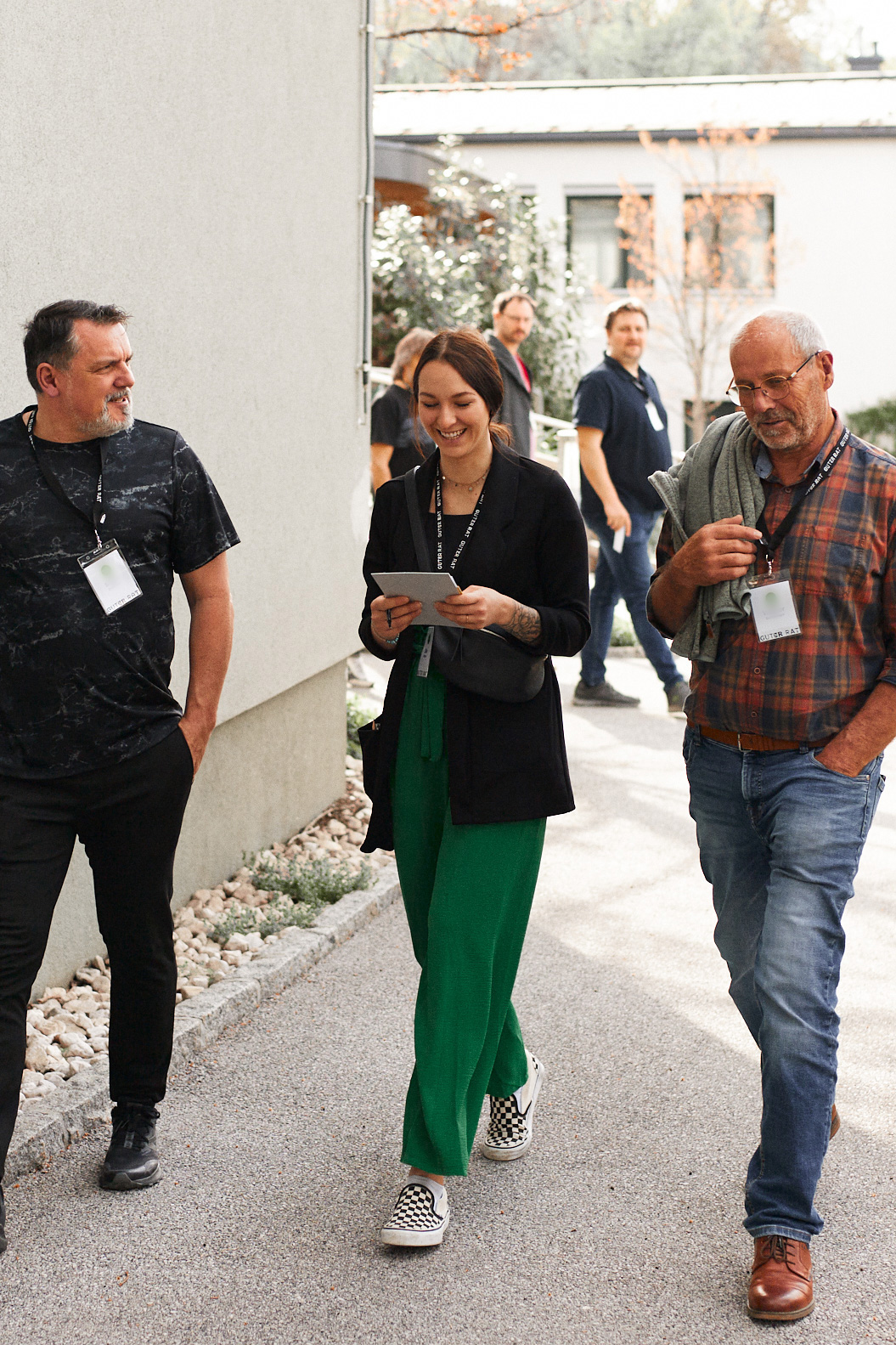
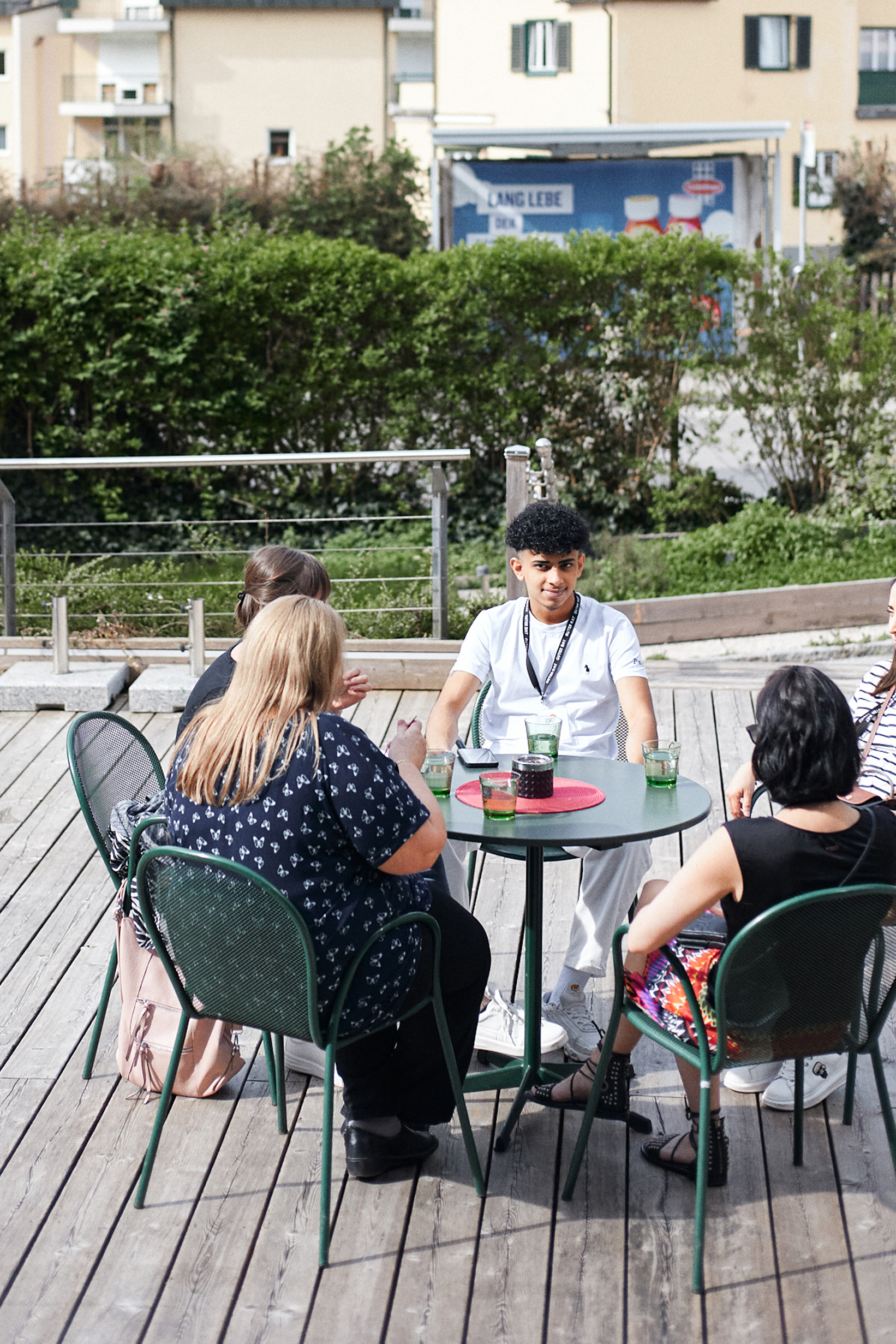
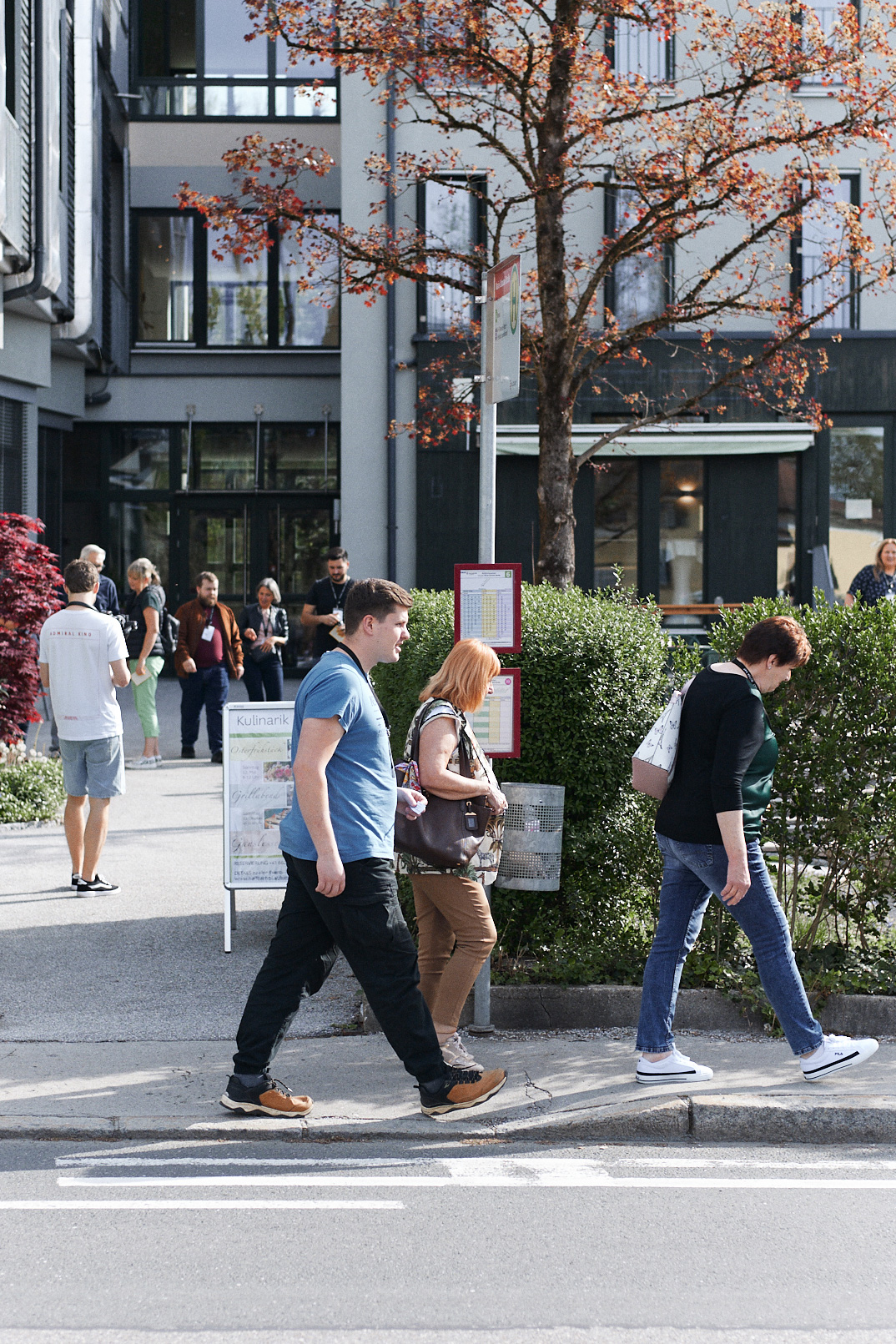
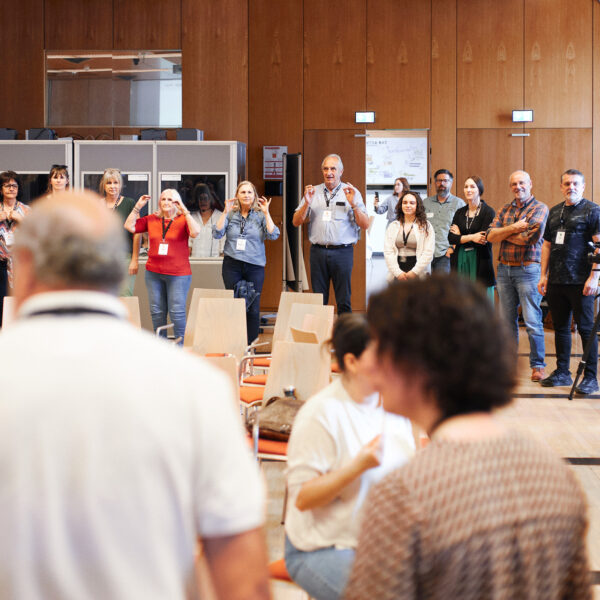
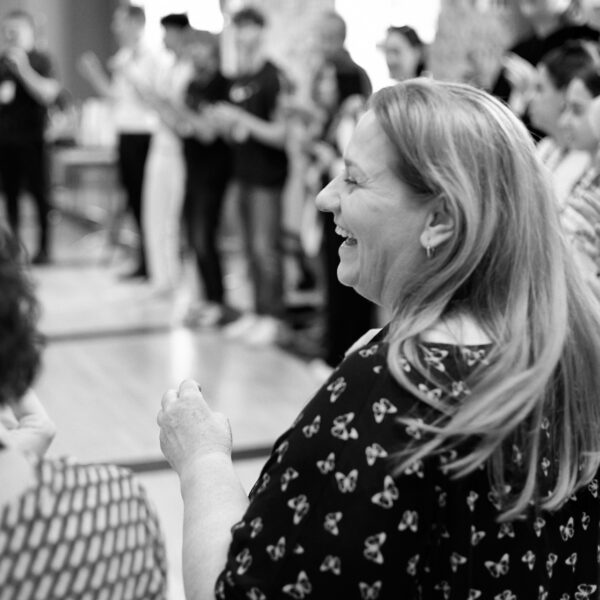
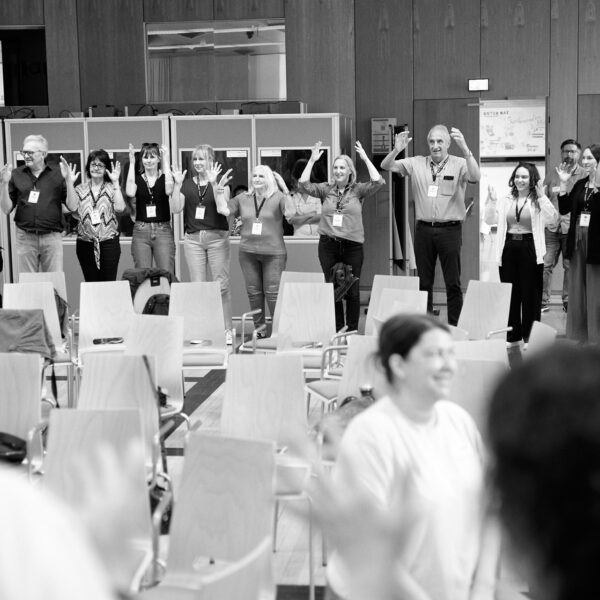

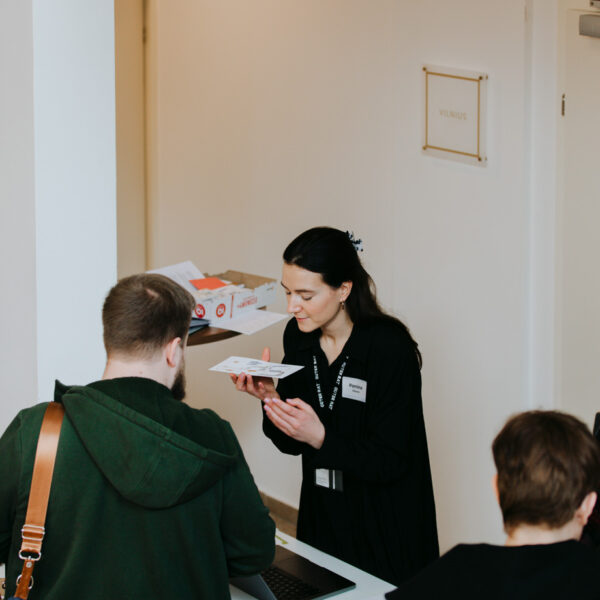
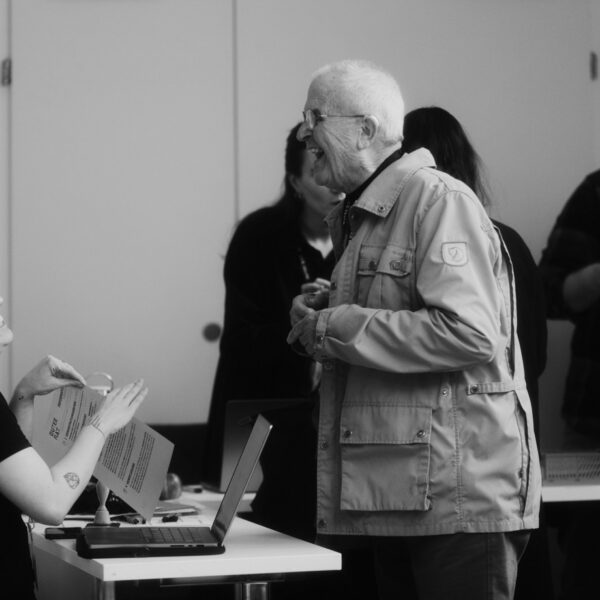
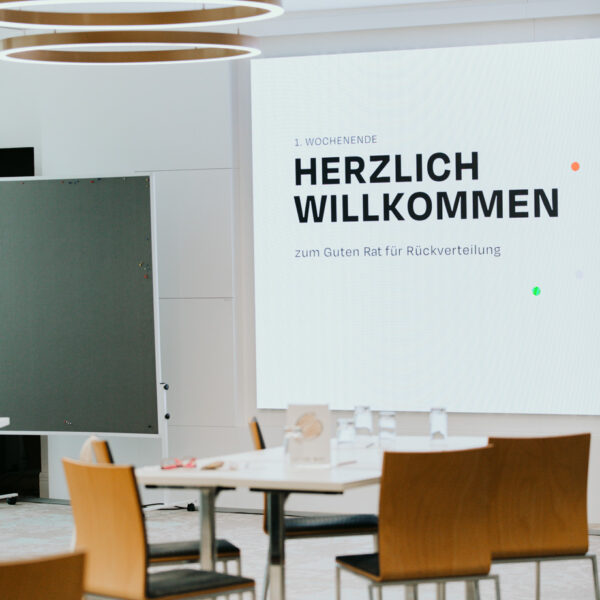
That was the first weekend!
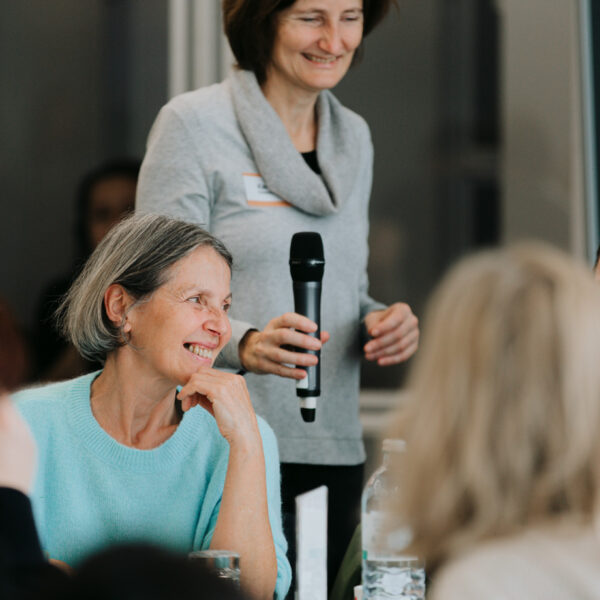
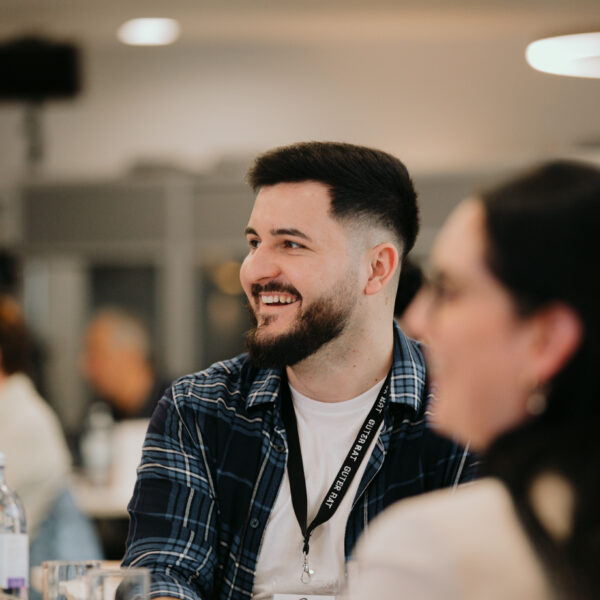
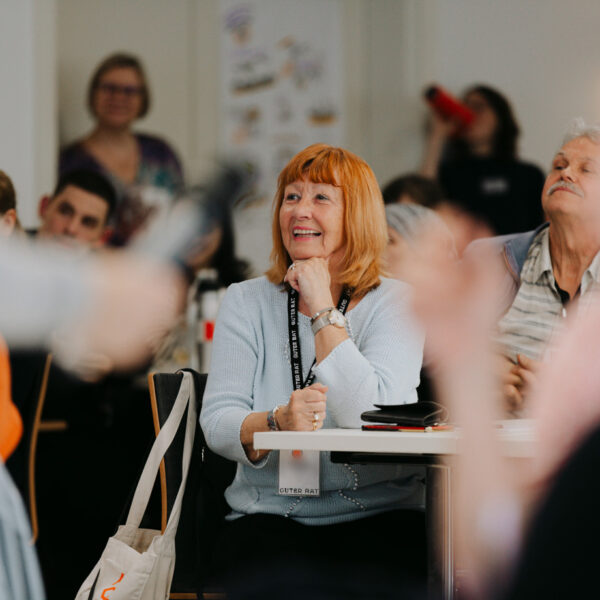
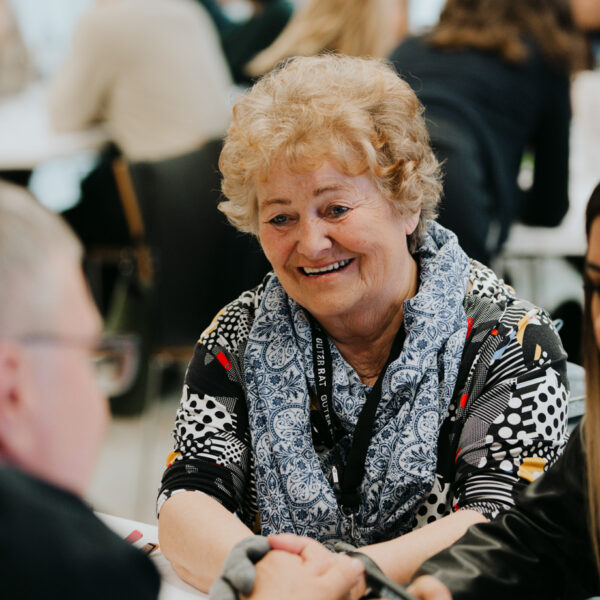
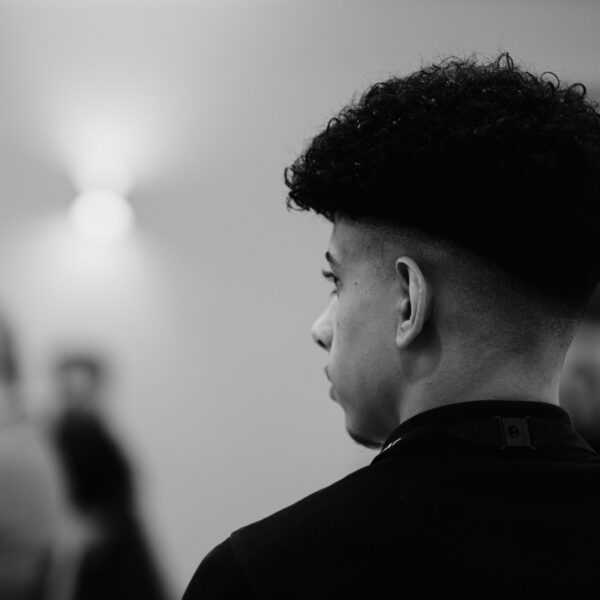
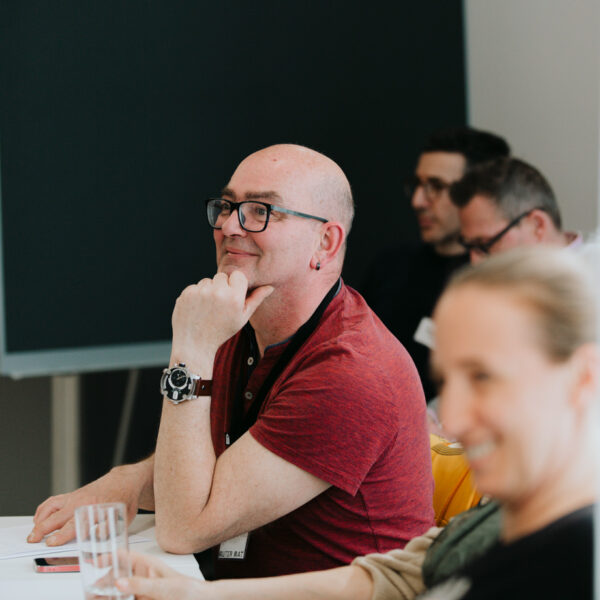
... from all over Austria.

By loading the video, you agree to YouTube's privacy policy.
Learn more
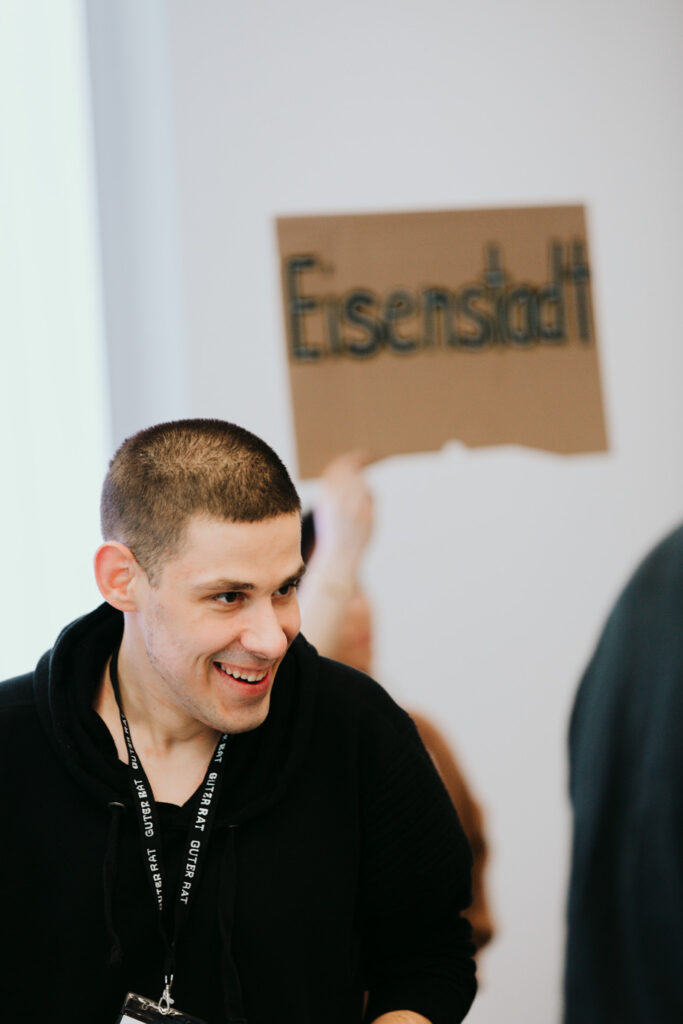
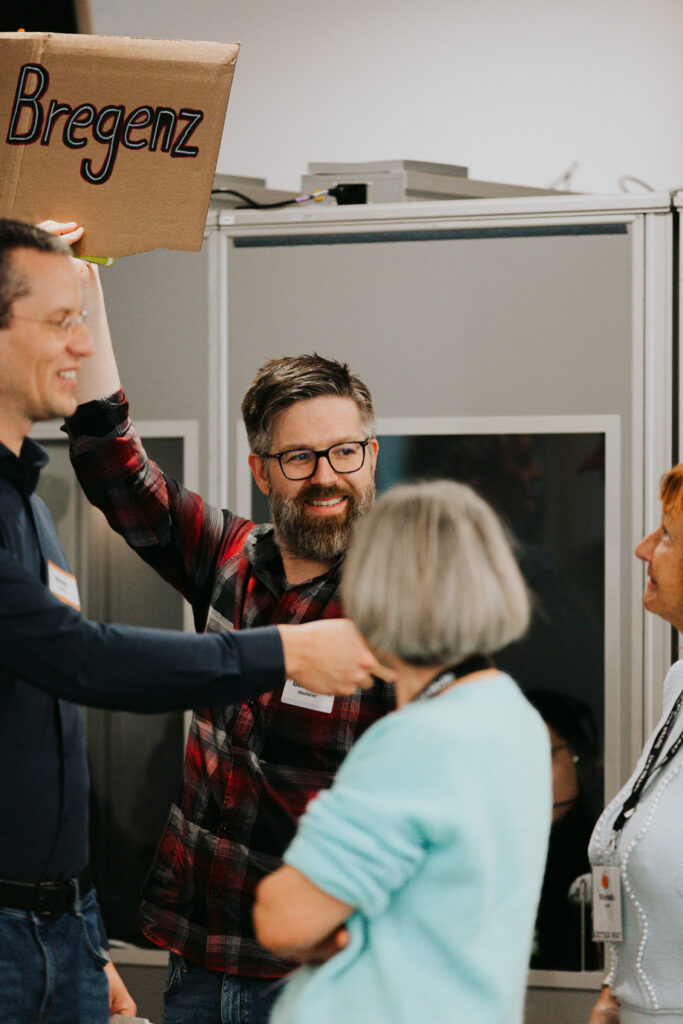
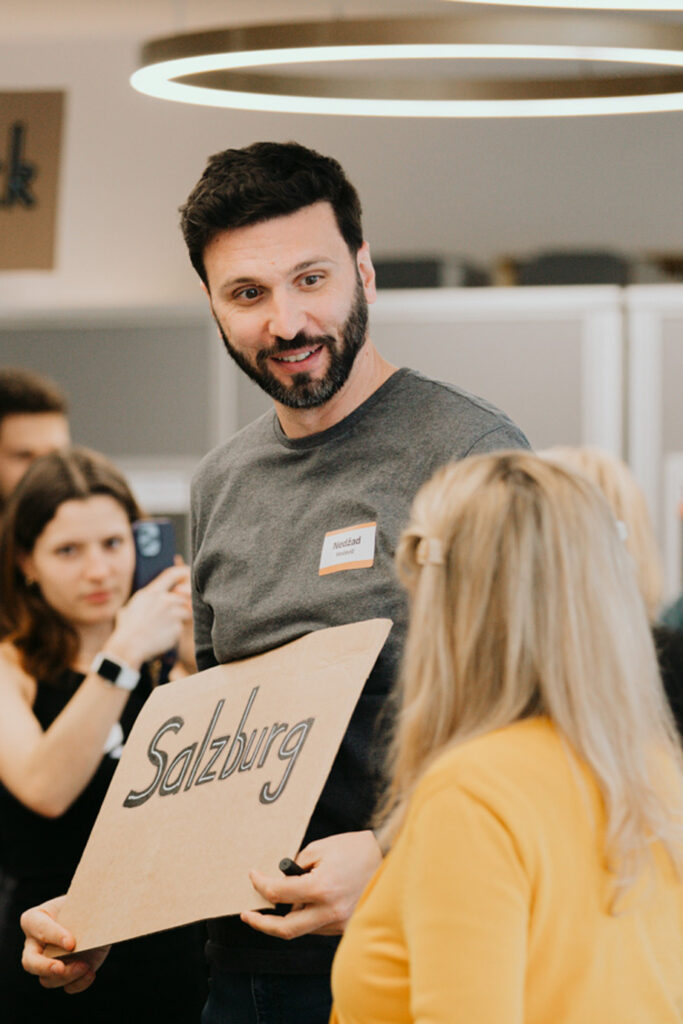
Successful start for the Good Council
Almost two months after the public first heard about the Guter Rat and the invitations were sent to 10,000 randomly selected citizens , the time had finally come: On the weekend of March 16/17, 2024 , 50 people from all over Austria met for the first time. In terms of age, gender identity, education, place of residence, migration background and some other characteristics, the members of the Guter Rat represent a kind of "mini-Austria". Together, they reflect on the distribution of wealth in Austria and develop ideas on how Marlene Engelhorn's legacy can be redistributed .
At the start, the 50 councillors talked about, among other things, what thoughts had gone through their heads when they received the invitation to participate. Using various methods, guided by professional facilitators , the council members got to know each other and together created a discourse space where everyone is heard, and where all questions and opinions have a place. This laid the foundation for later joint decisions right from the start. In order to enable all participants to participate fully and equally, interpreters in three languages plus sign language were on site to bridge language barriers.

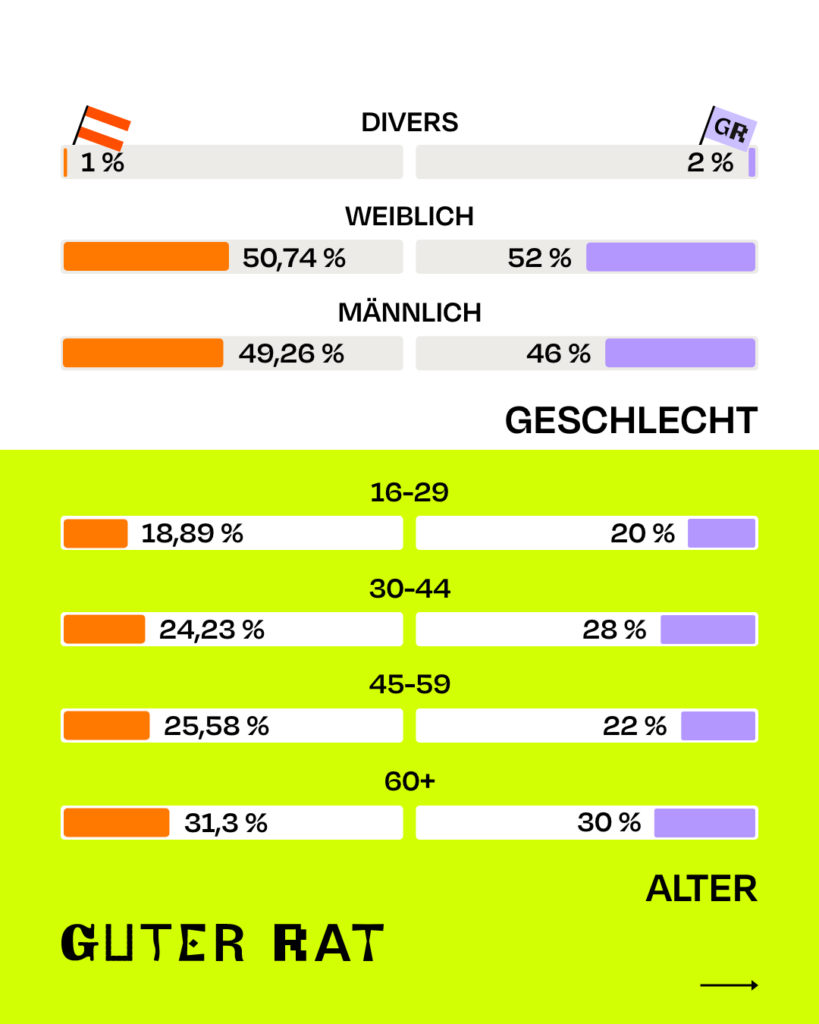

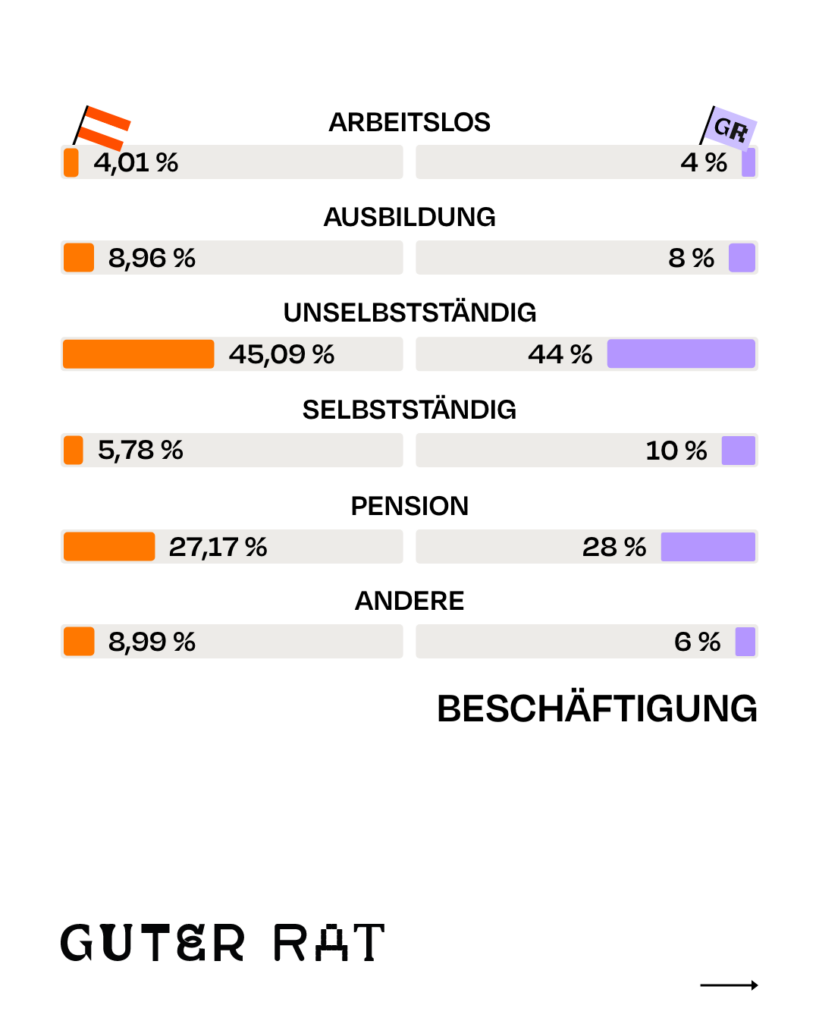
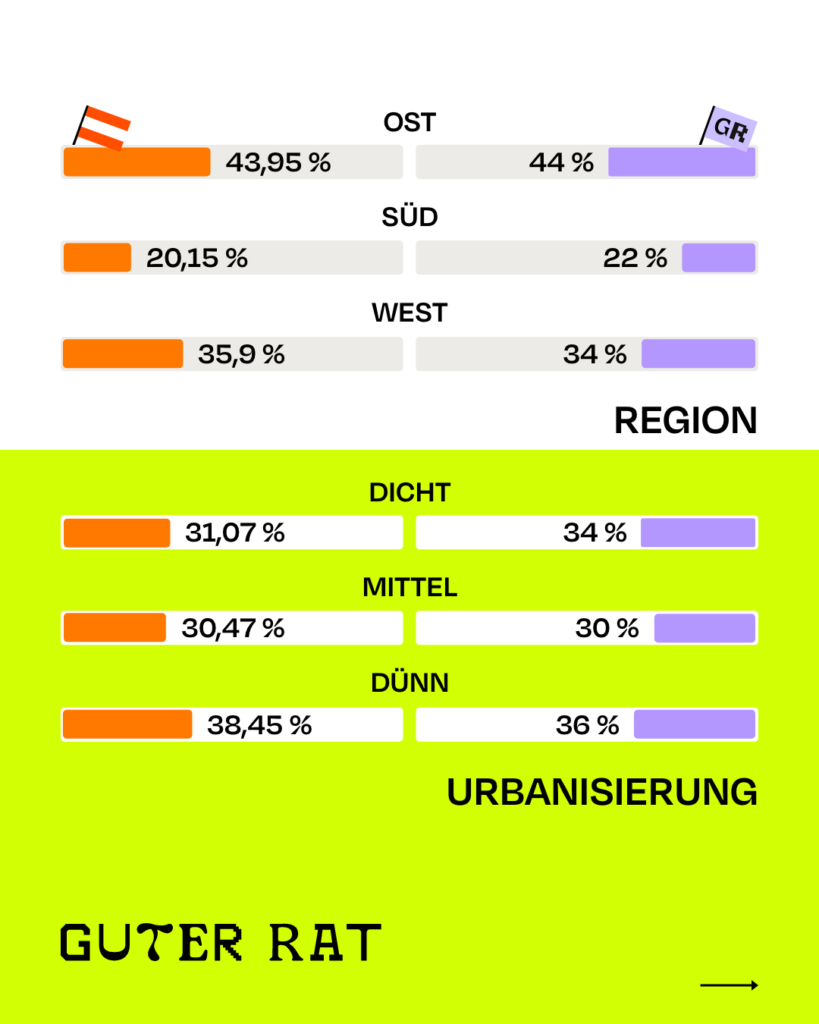
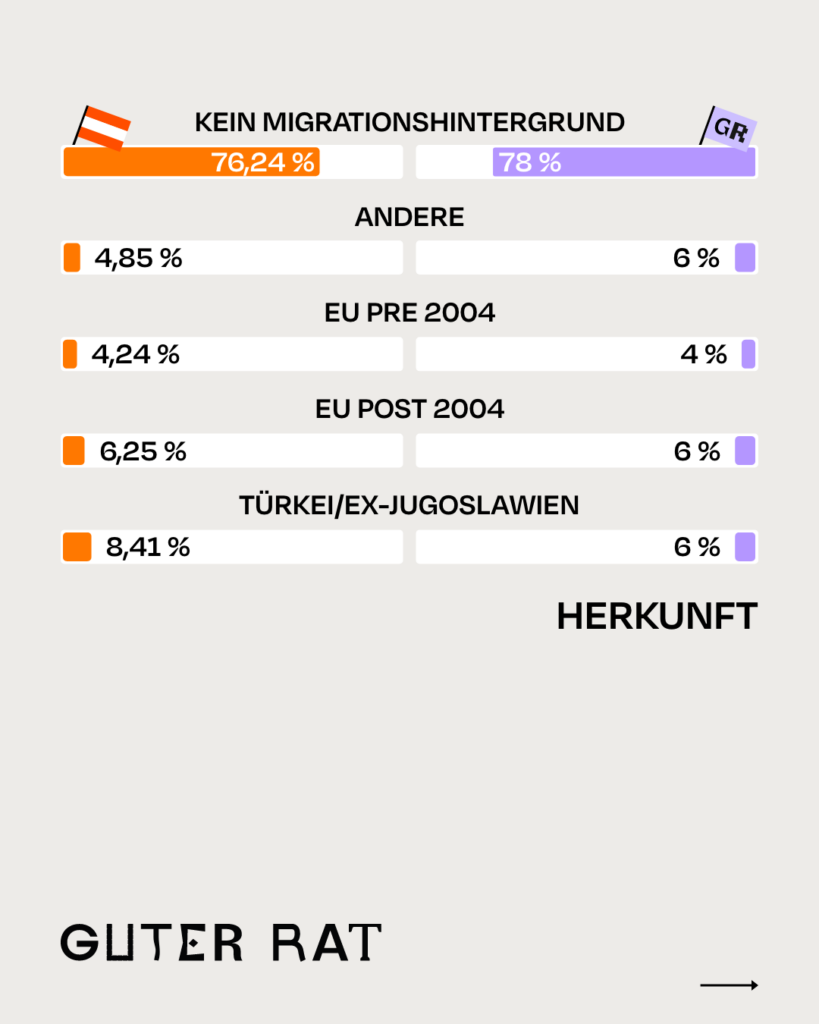

"I was so happy to be chosen at the age of 80. I didn't think anyone would be interested in what I old people thought."
Council member

By loading the video, you agree to YouTube's privacy policy.
Learn more
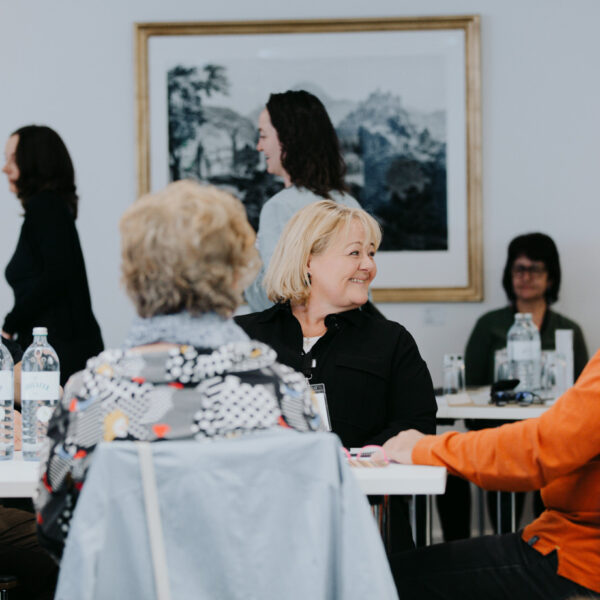
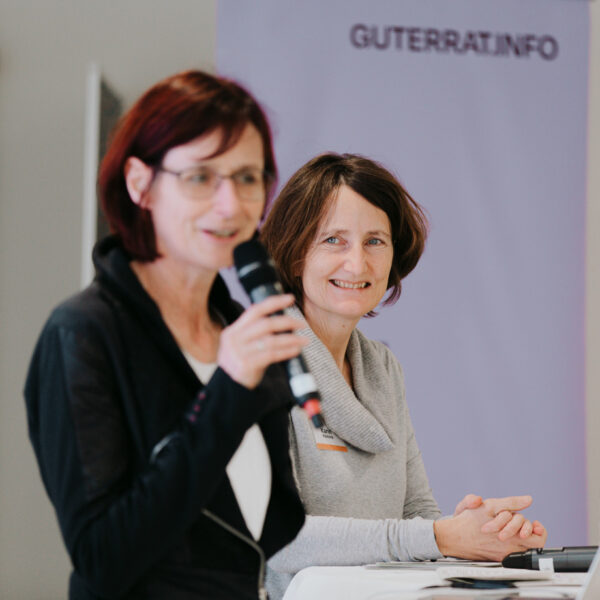
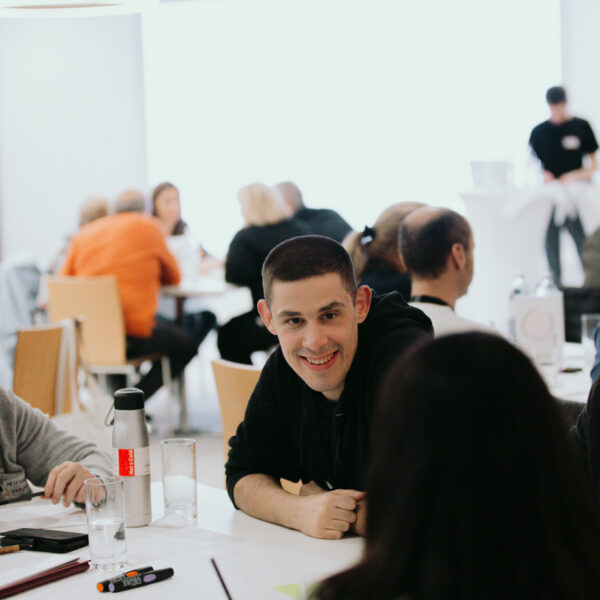
Redistribution as a work order
The initiator Marlene Engelhorn also came to welcome the guests to officially give the Guter Rat its mission: the discussion of the current distribution of wealth and the use of the 25 million euro inheritance, which is to be redistributed to society. Engelhorn also presented the framework within which the money can be redistributed (see: https://guterrat.info/faqs/).
In the format of a "World Café", the citizens subsequently discussed what they want to achieve with the Guter Rat; but also how they would like to work together over the next three months until the result is to be determined. From the results of this discussion, a small group of citizens derived the "Rules for Good Coexistence" in the evening, which were presented on the second day and also adopted by the Guter Rat by means of a "consensus".
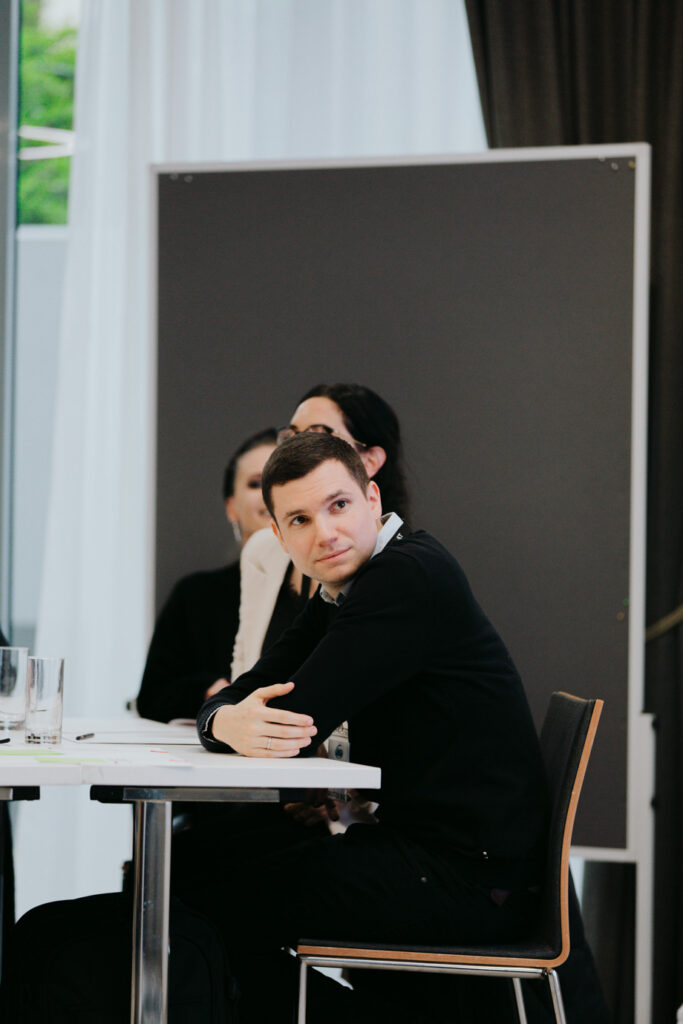
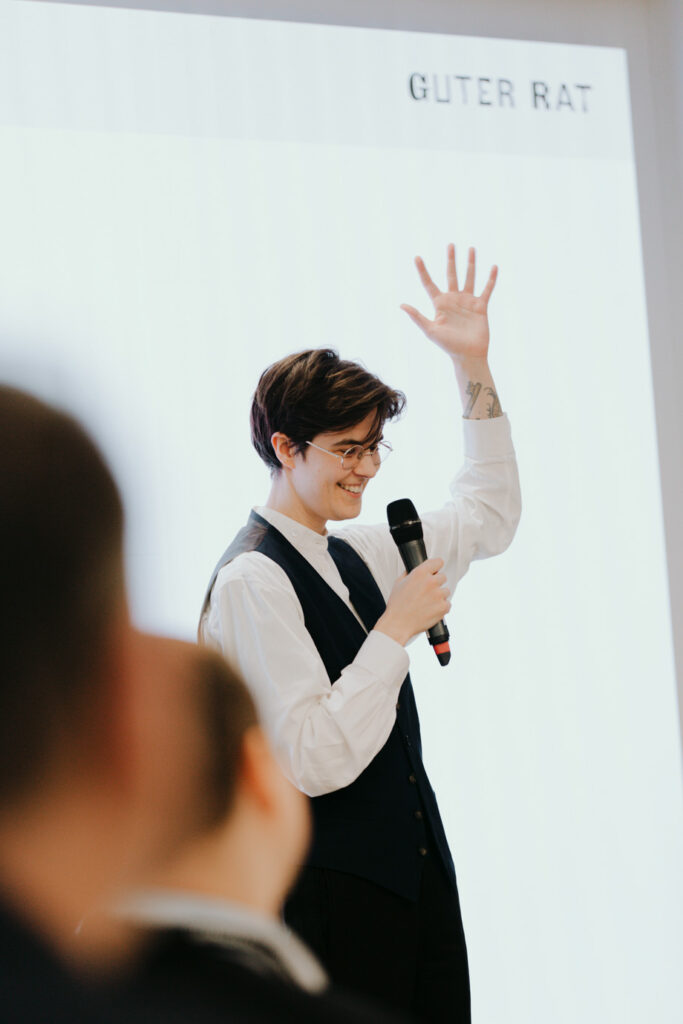
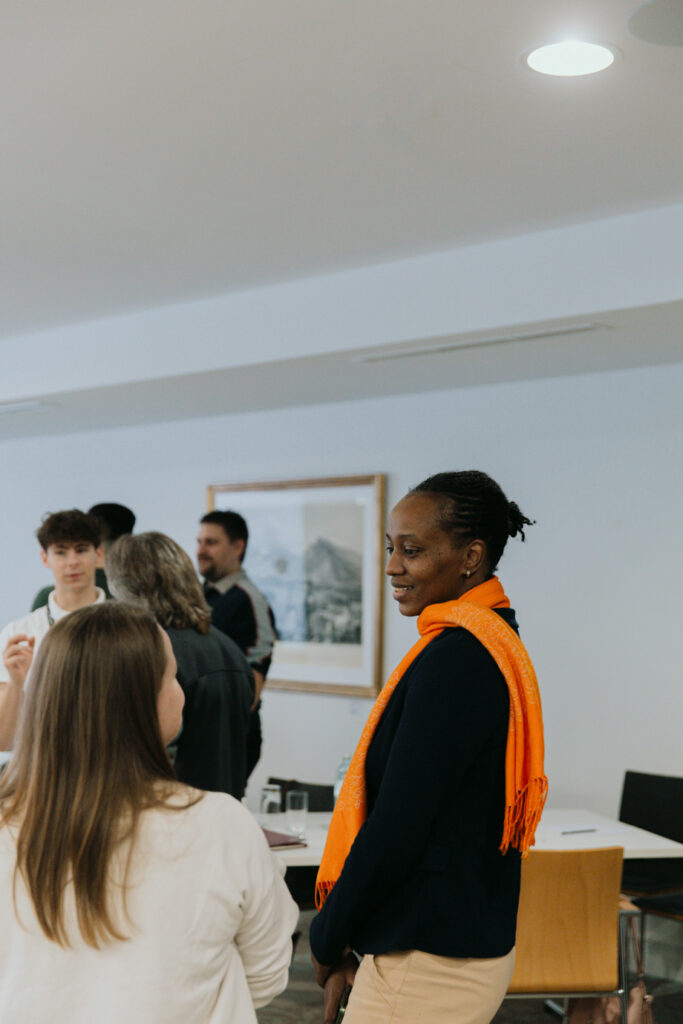
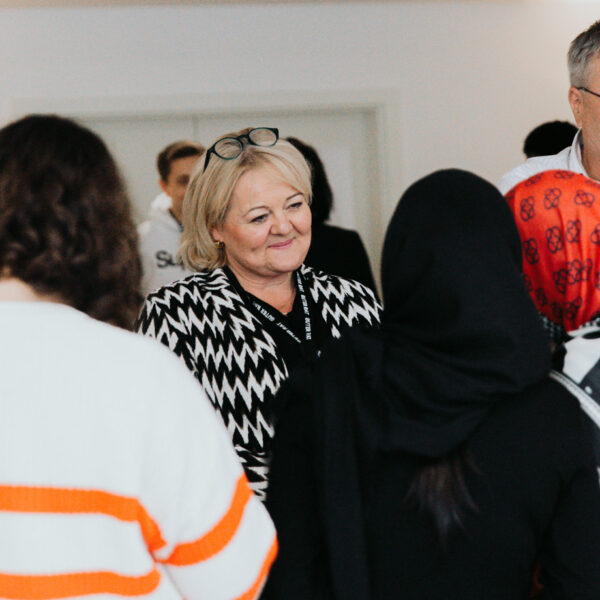
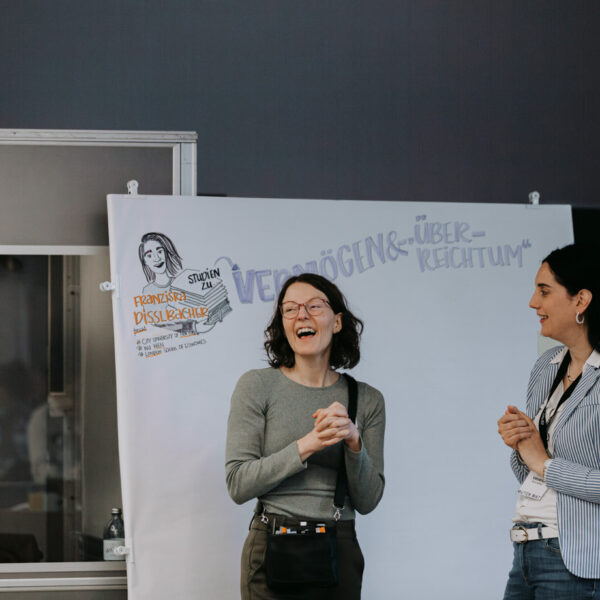
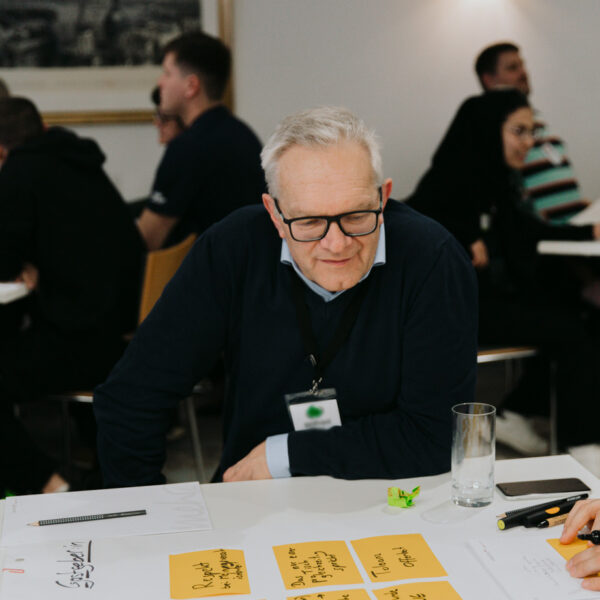

By loading the video, you agree to YouTube's privacy policy.
Learn more
Expert lecture by Karin Heitzmann
Scientific input
Two speakers provided citizens with important facts about the distribution of wealth in Austria this weekend: Karin Heitzmann and Franziska Disslbacher, both from the Vienna University of Economics and Business. They explained the state of Austrians' wealth , how the distribution has changed over the past decades and what effects this can have on society. Both scholars also explained many terms that are used around the topic of wealth distribution – such as income, abundance, redistribution, wealth taxes or foundations. There was also plenty of room for citizens' questions. In a concluding "marketplace" on Sunday afternoon, the council members were then able to note down their findings so far, their open questions and initial ideas for redistribution , before the 50 people returned to the federal states after an intensive and busy weekend.
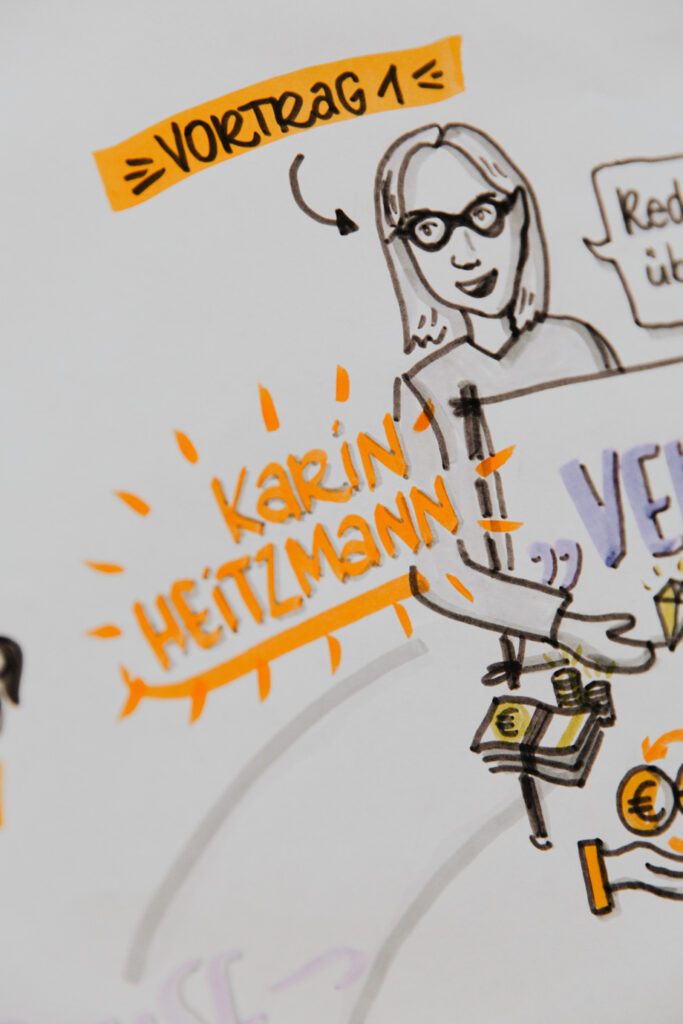
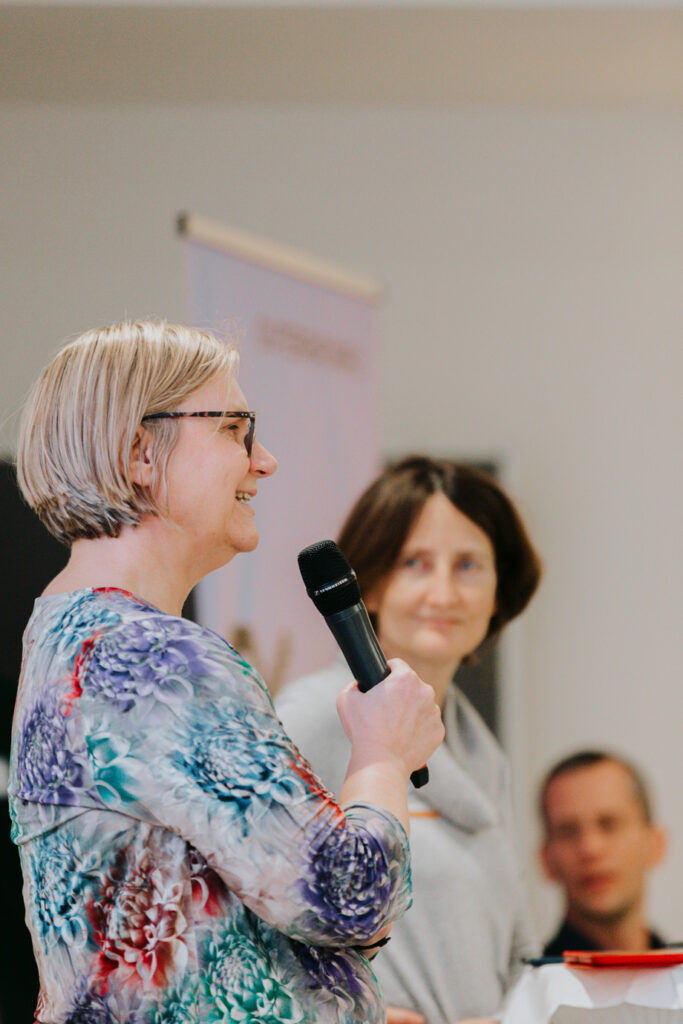
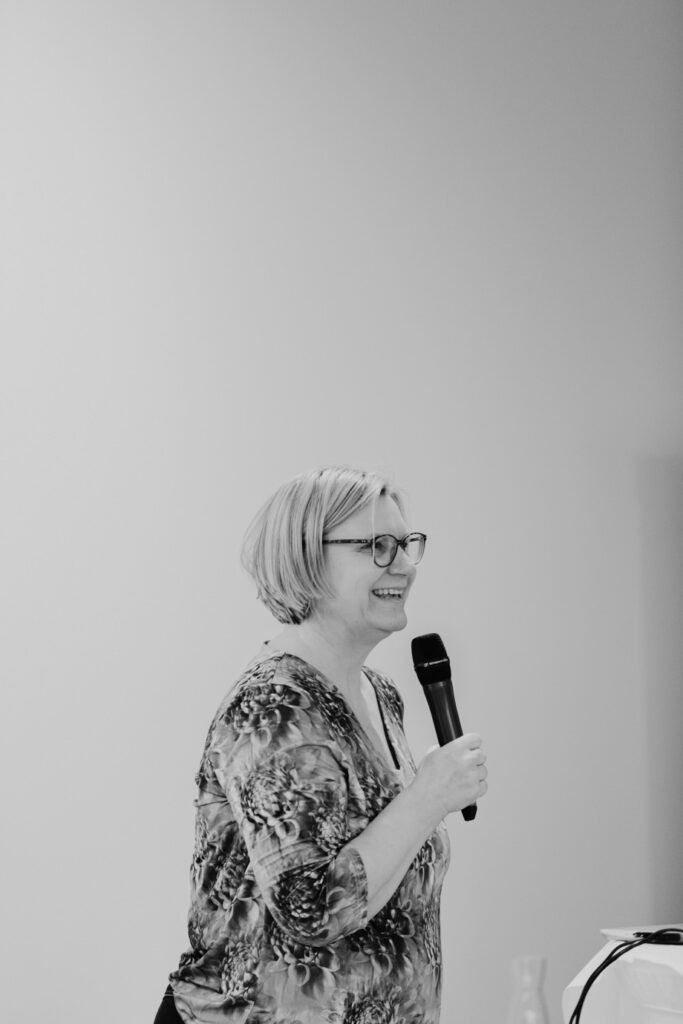
"I thought there wouldn't be so many young people participating, and you should speak for the young people as well."
Council member

By loading the video, you agree to YouTube's privacy policy.
Learn more
Guter Rat 1×1 - A podcast about redistribution
If you wanted to find out more in advance, you could listen to our in-house podcast.
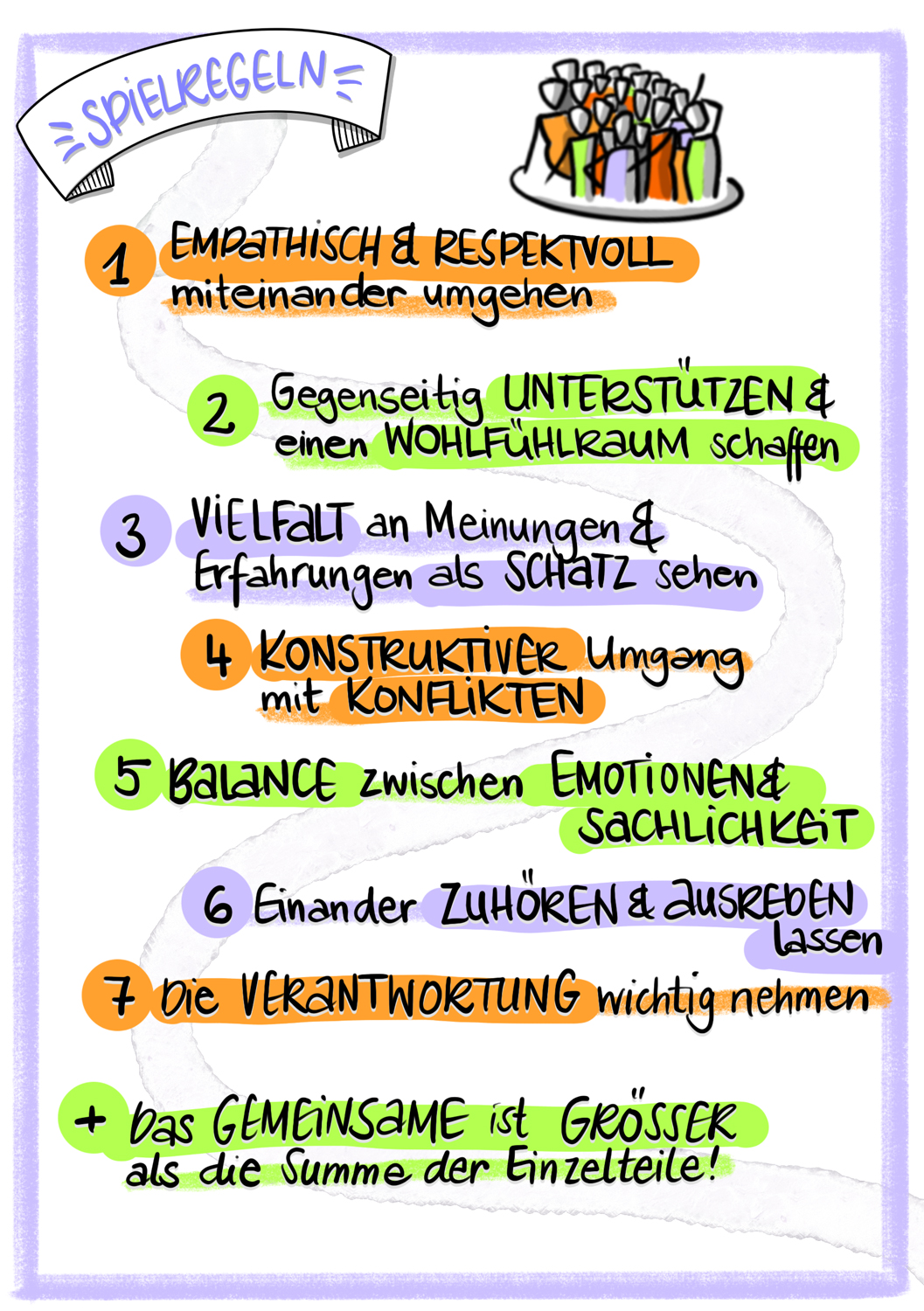

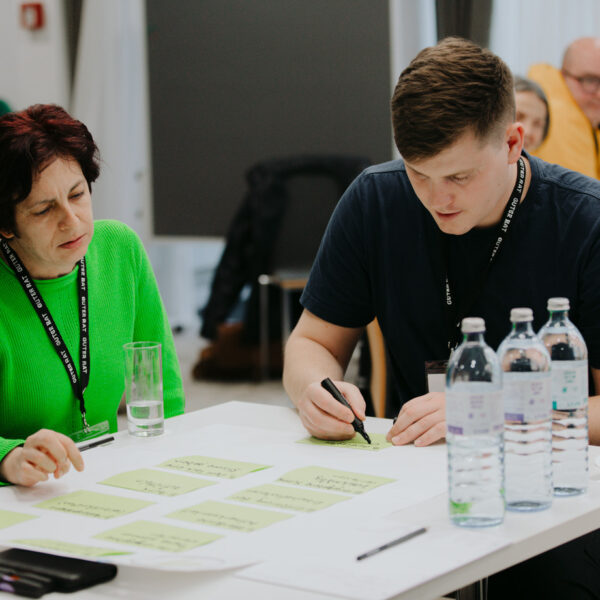
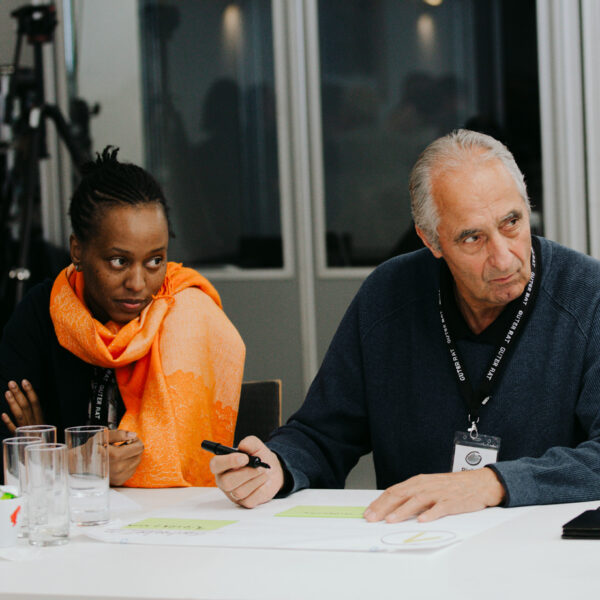
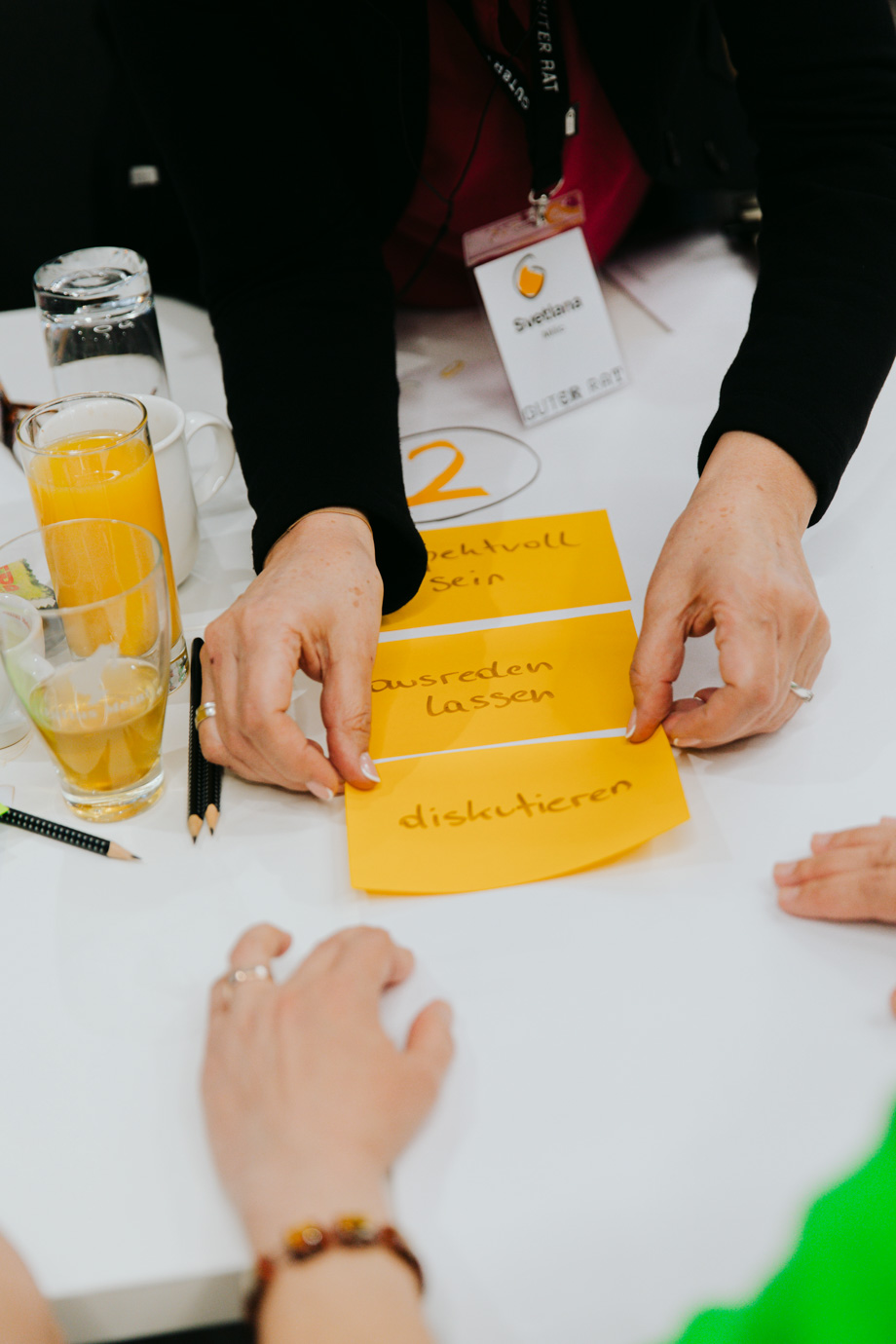
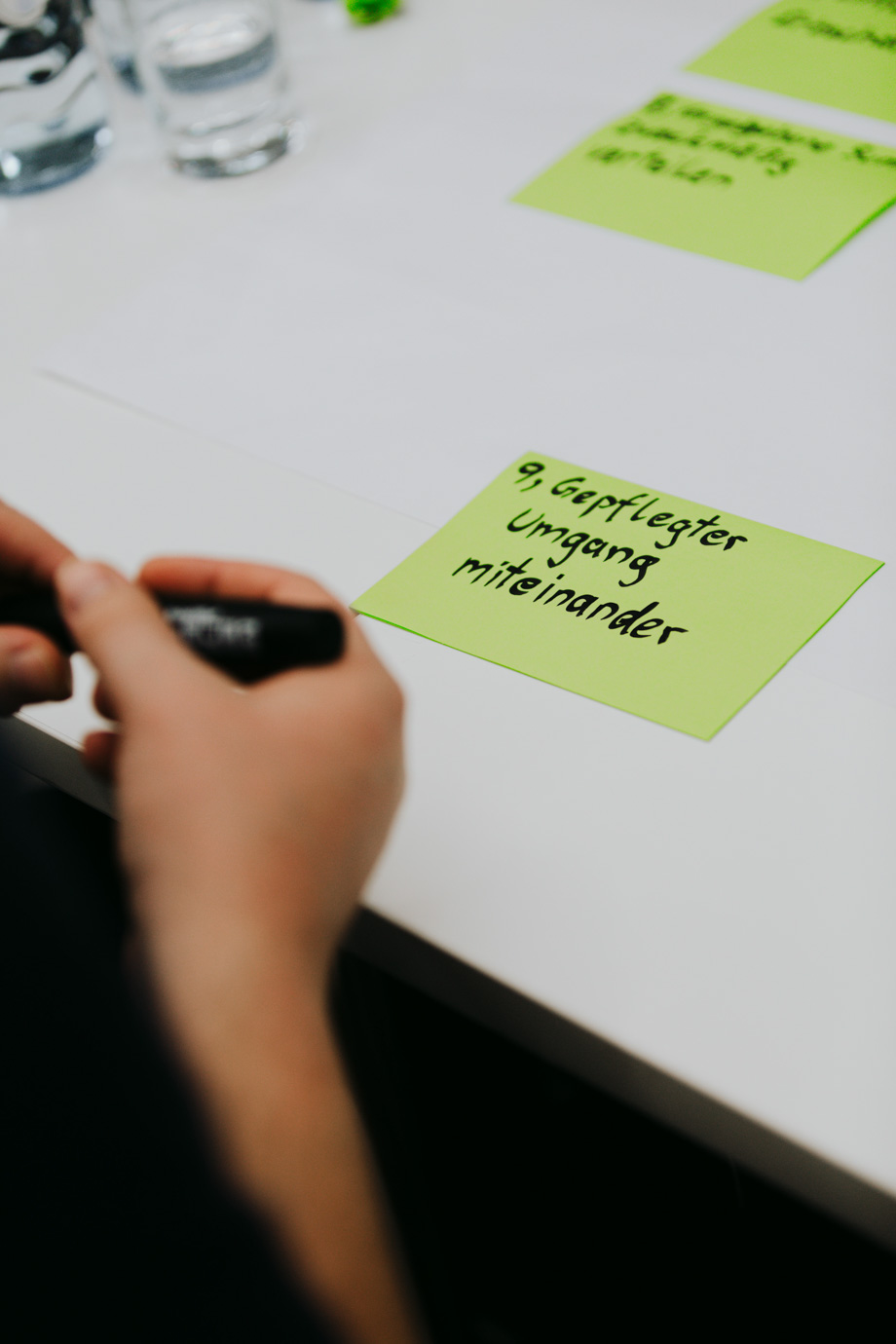
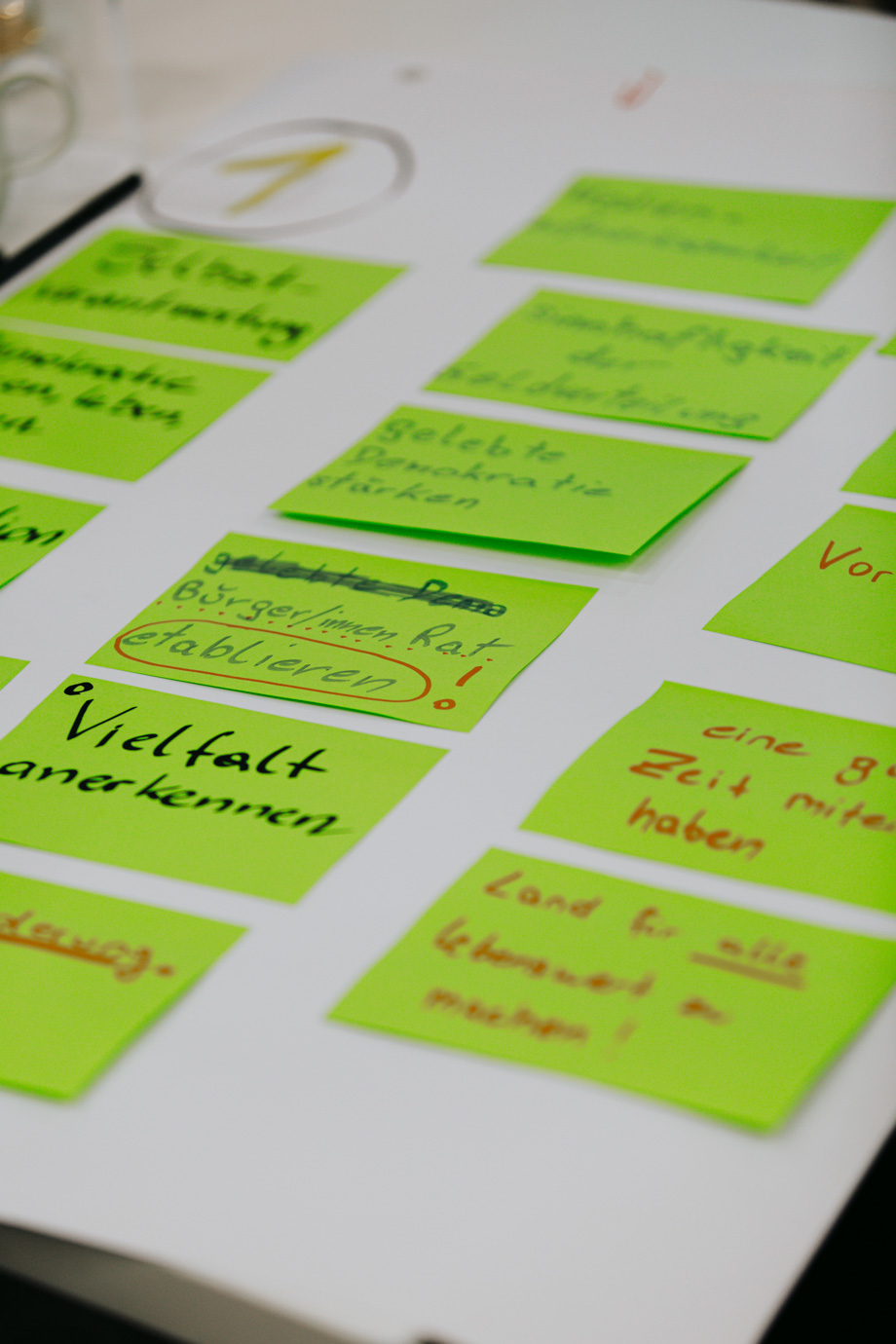
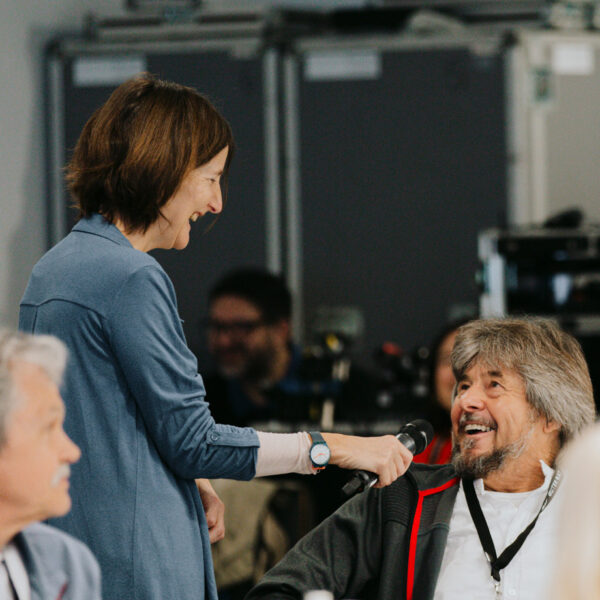
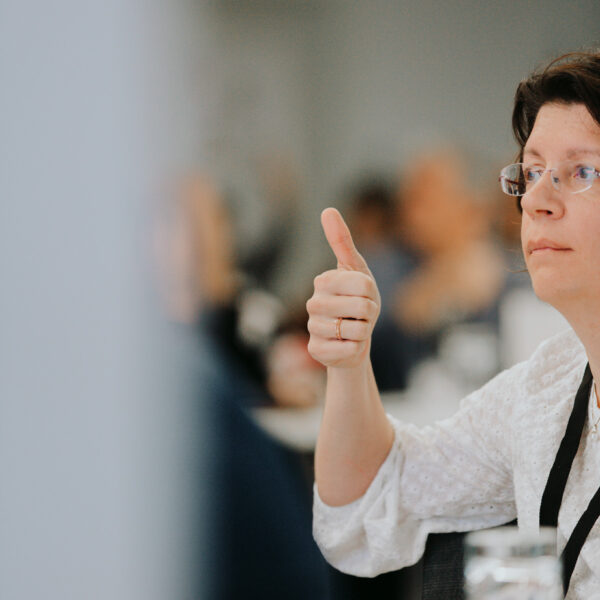


By loading the video, you agree to YouTube's privacy policy.
Learn more
Simultaneous interpreters for foreign languages and sign language will be provided on site for Council members who require it.
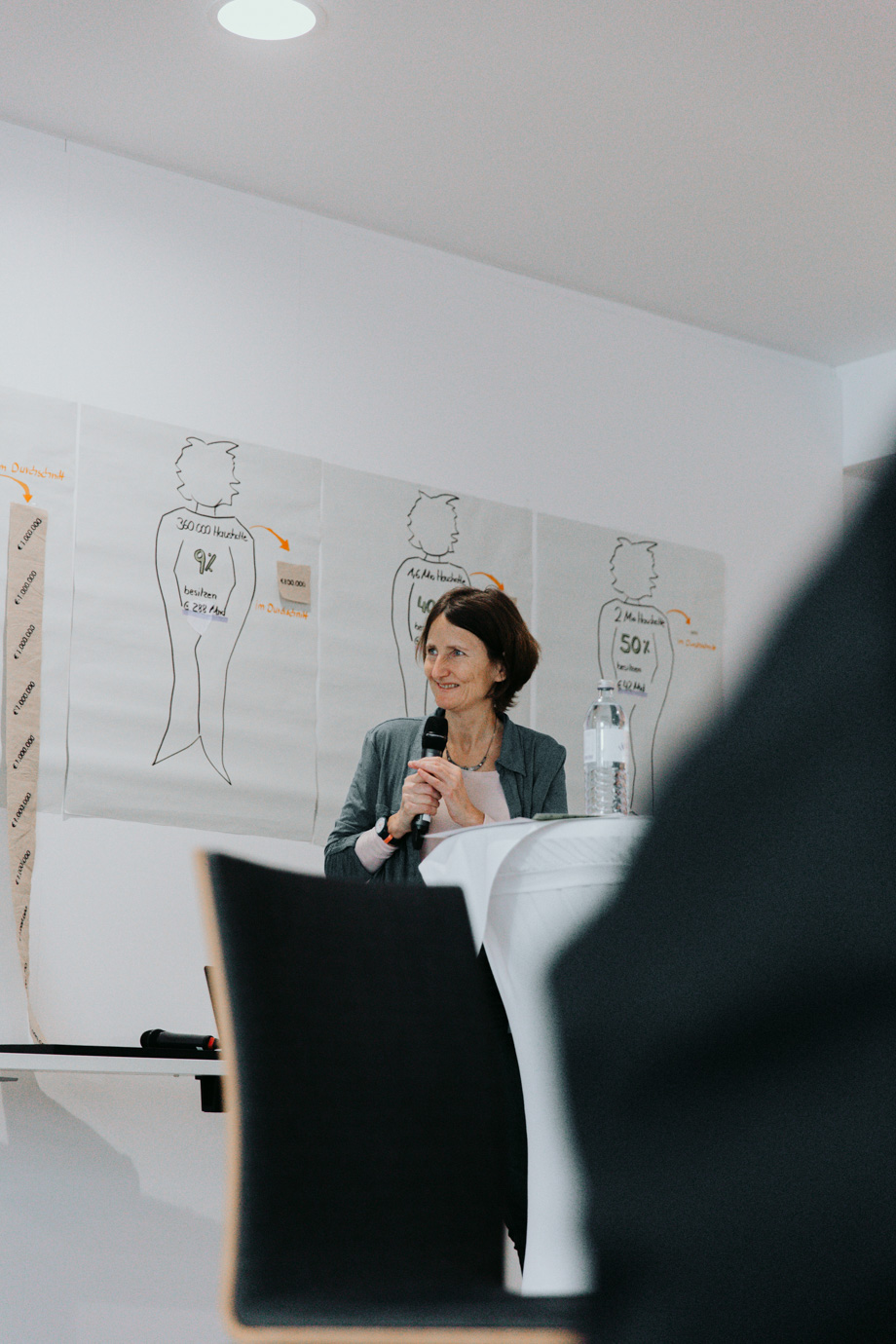
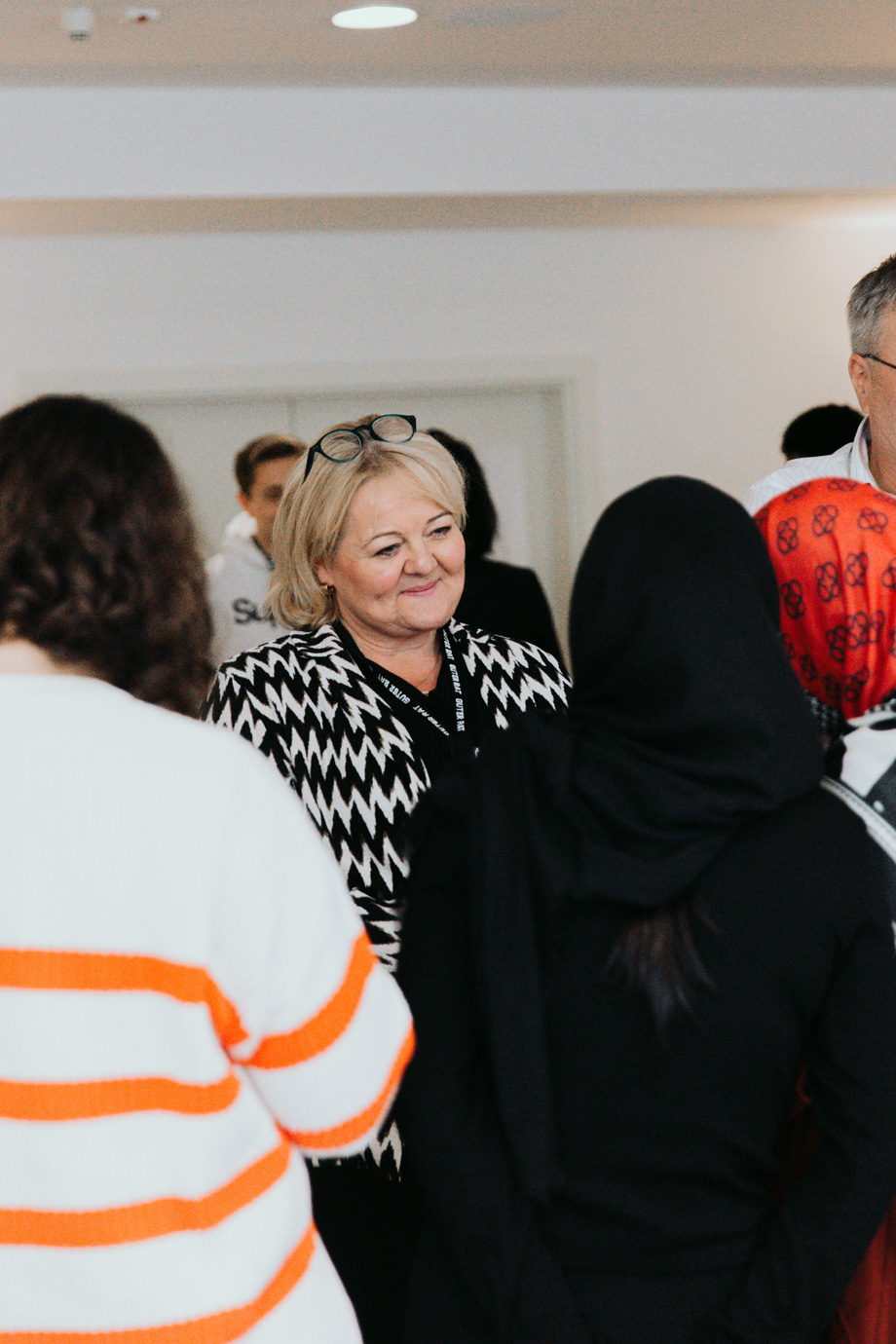
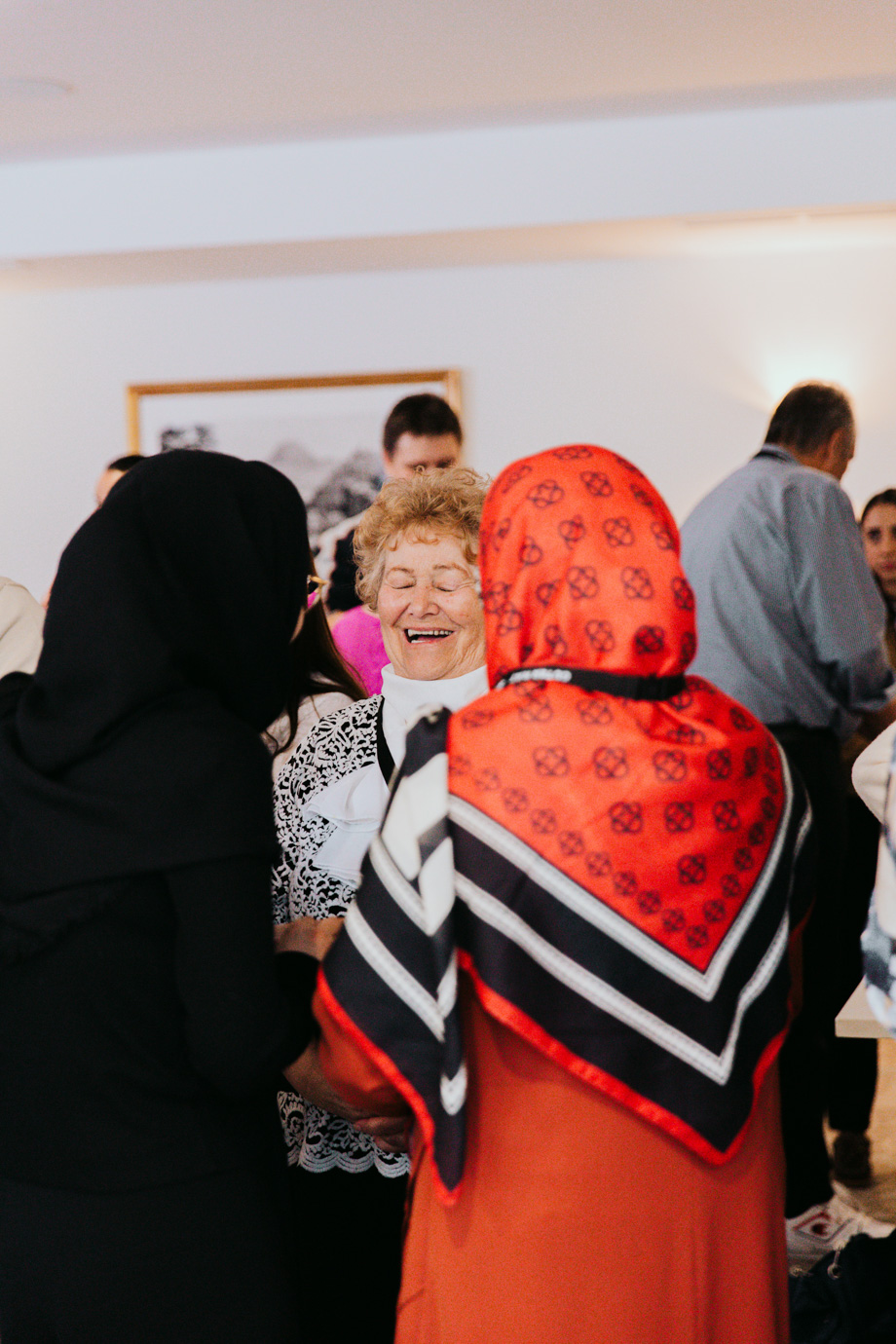
Tagesspiegel
"No wild charity campaign": Millionaire heiress Engelhorn launches plan to "redistribute" her assets
Der Standard
Who are the people distributing Marlene Engelhorn's million-dollar inheritance?
ORF Topic
Who distributes Engelhorn's legacy?

By loading the video, you agree to YouTube's privacy policy.
Learn more
Expert lecture by Franziska Disslbacher
Franziska Disslbacher, a postdoc at the Department of Socioeconomics and the Economics of Inequality Research Institute, also shared her expertise with the council members.
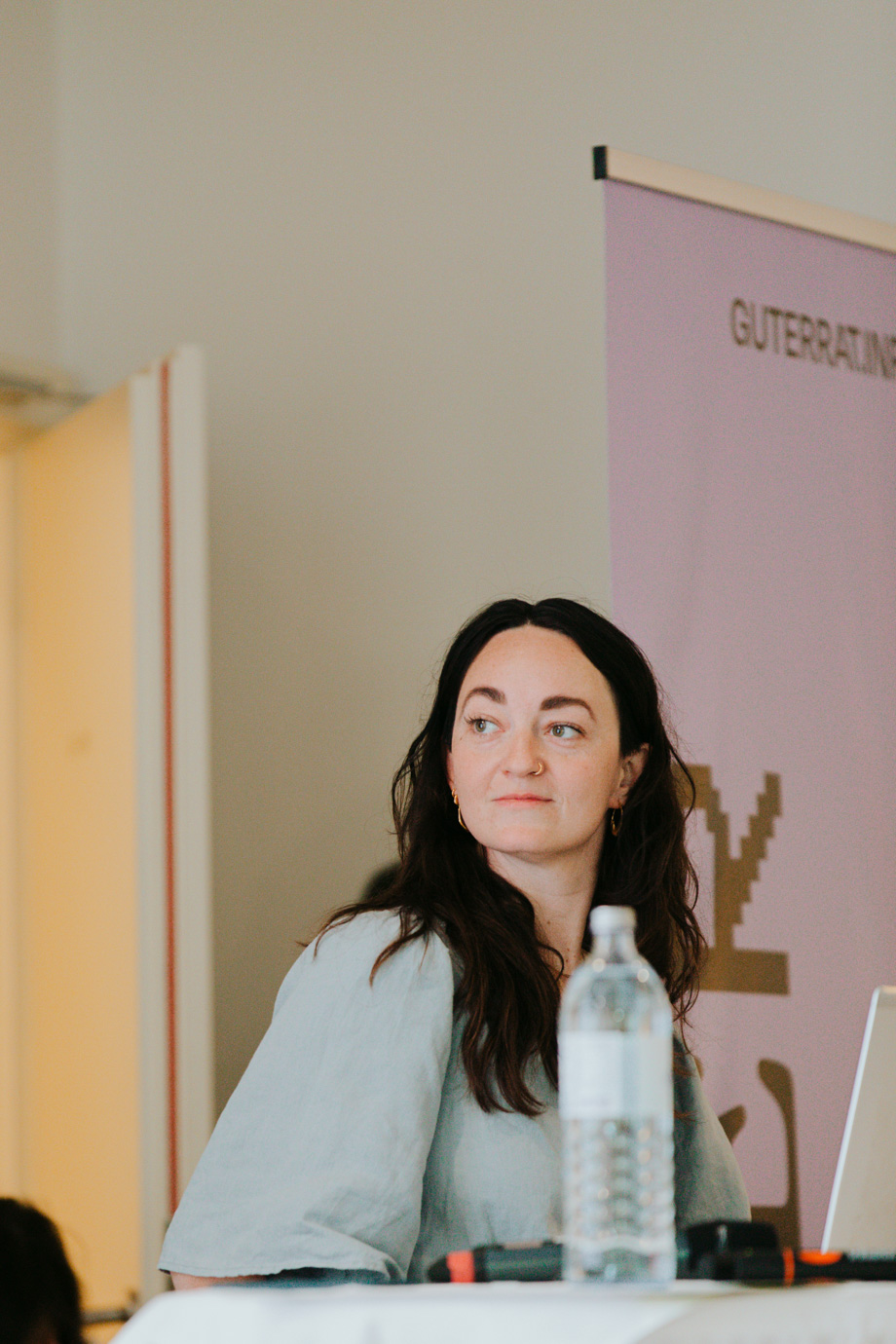
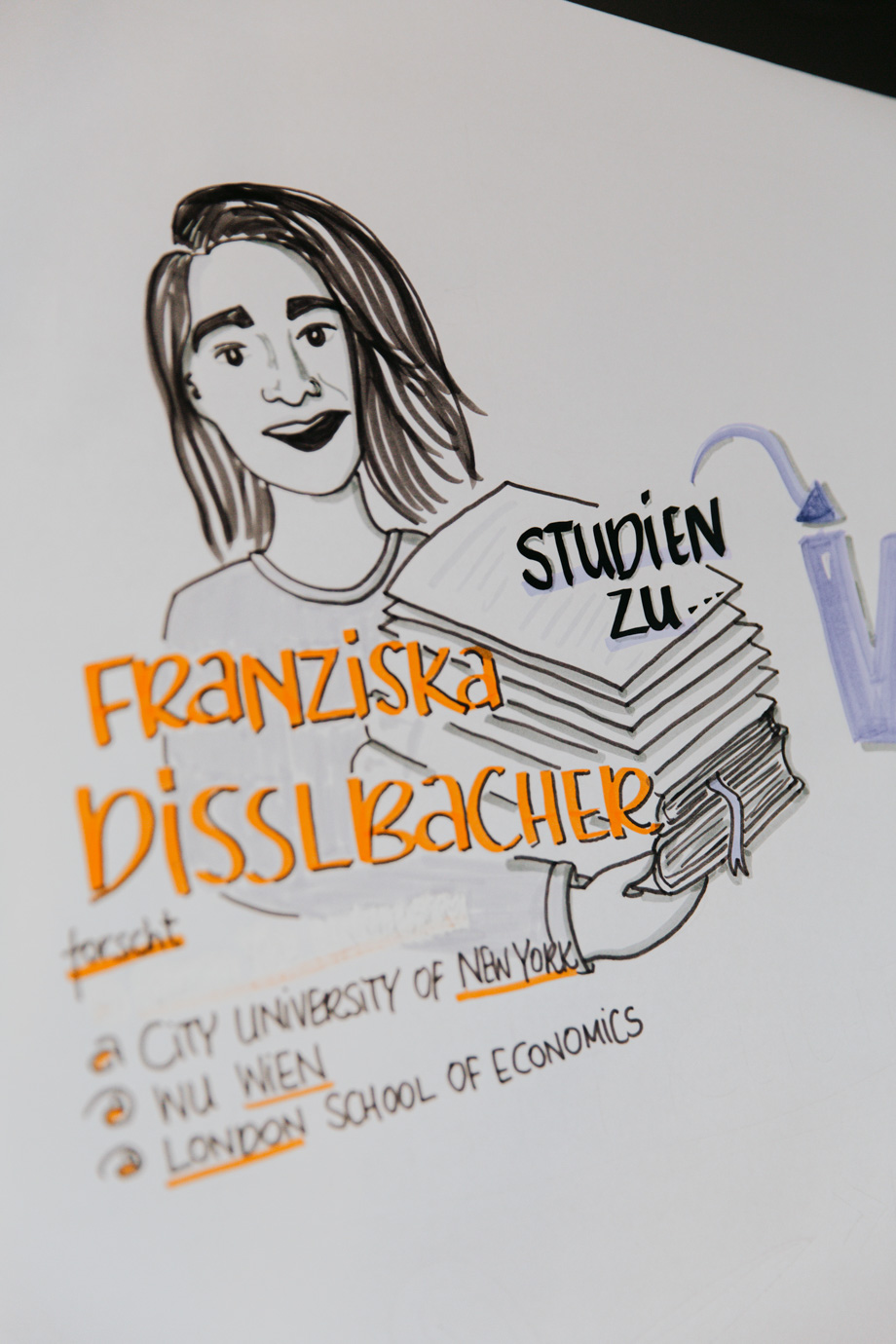
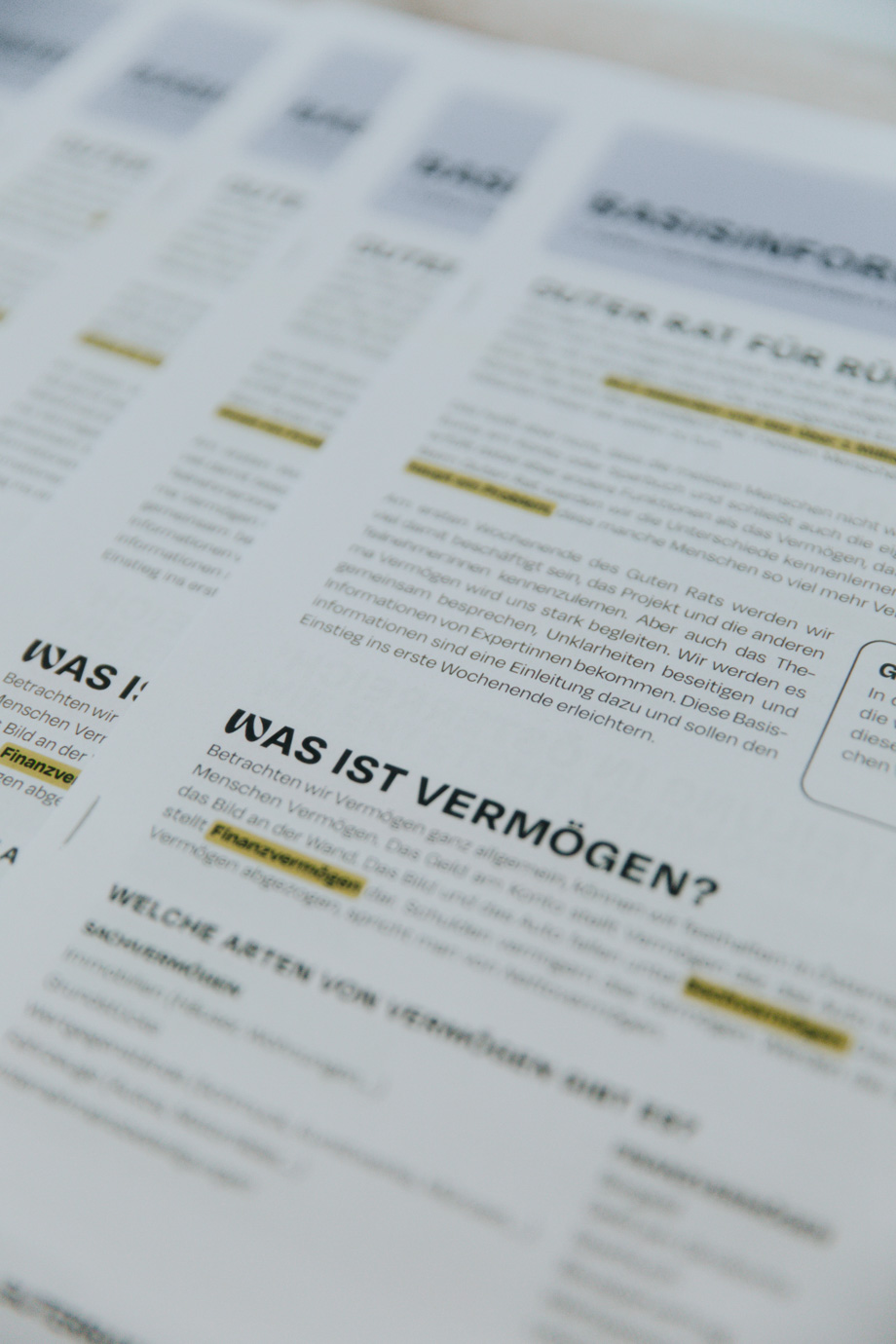
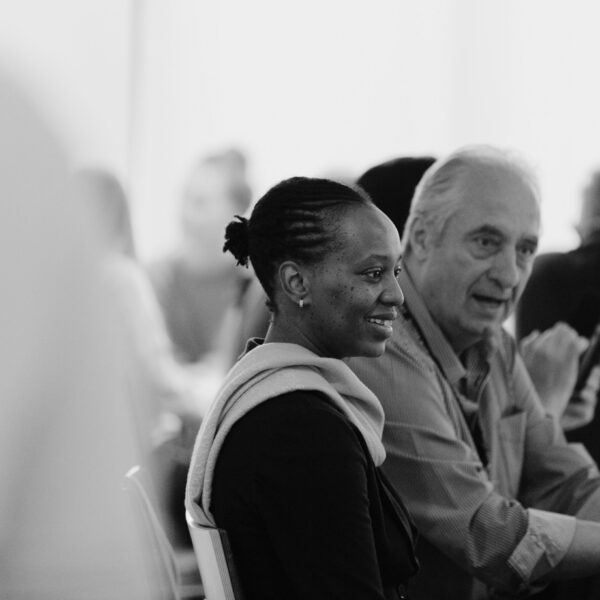
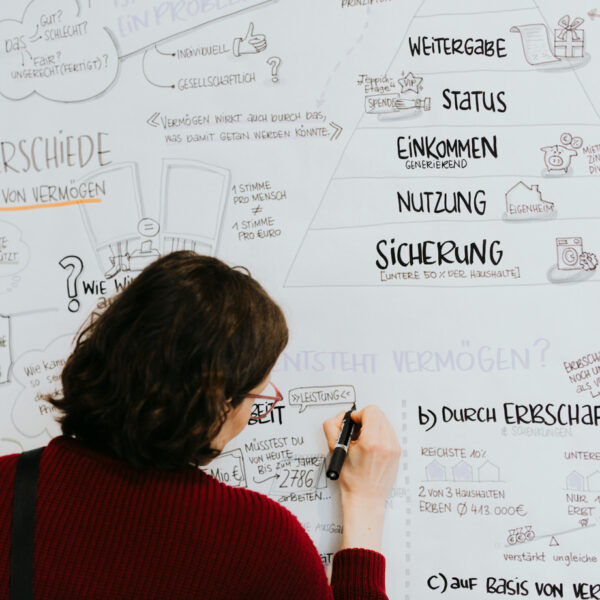
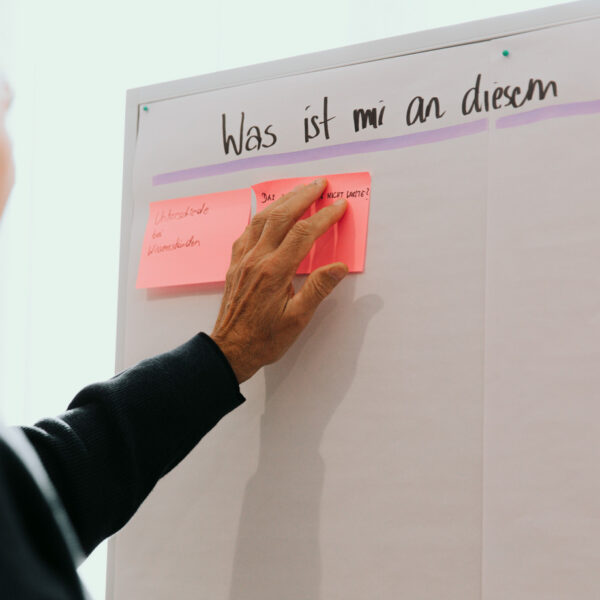
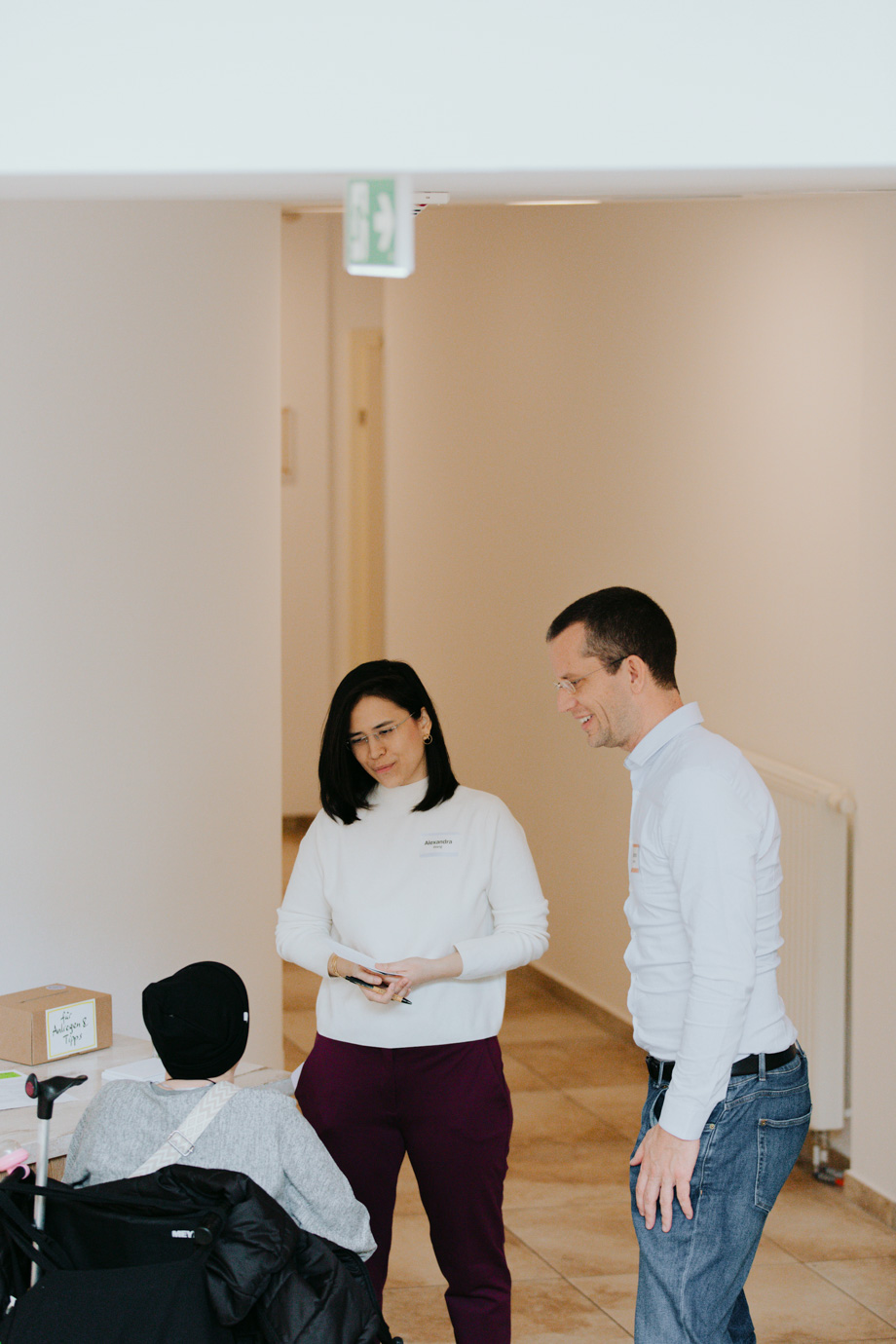
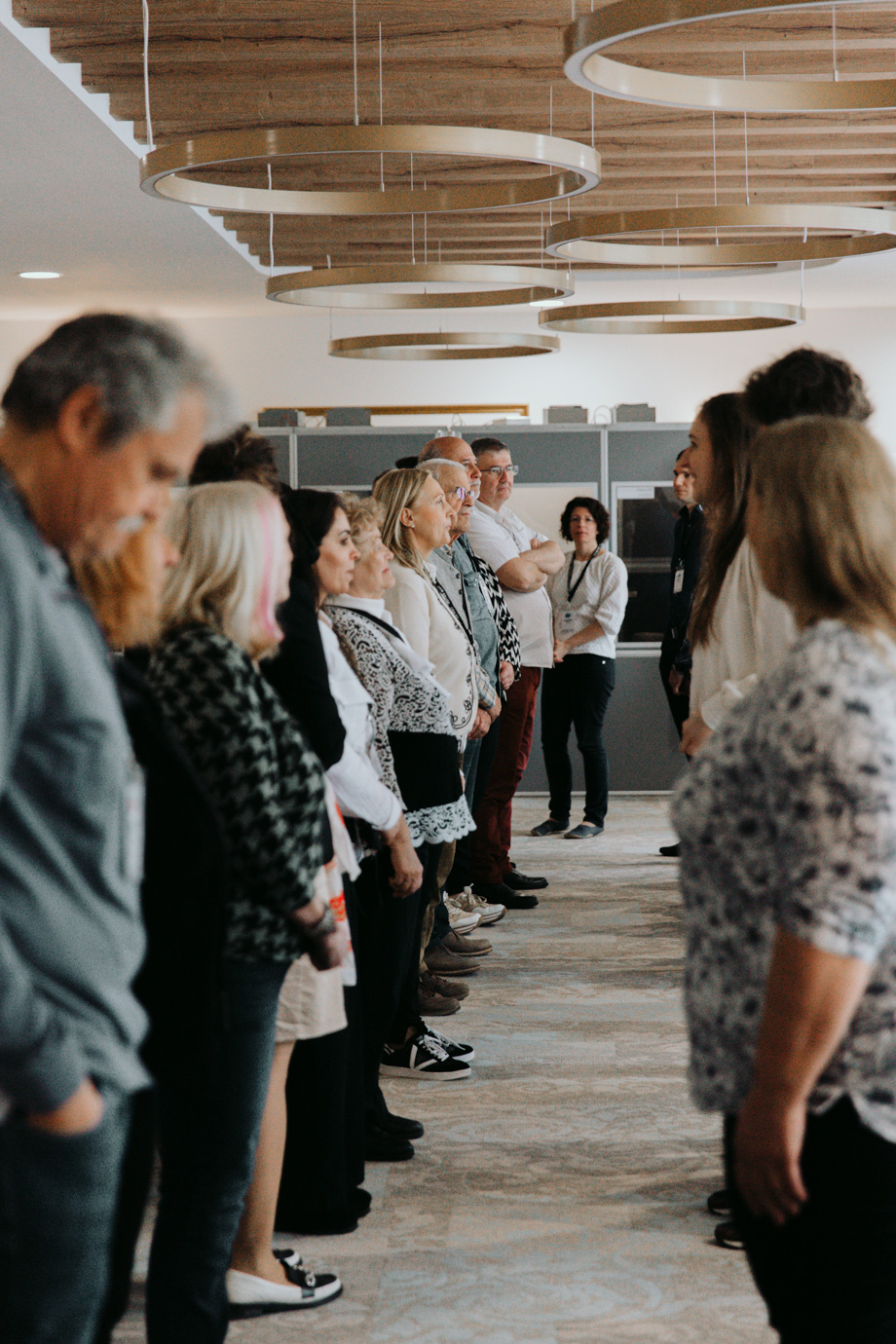
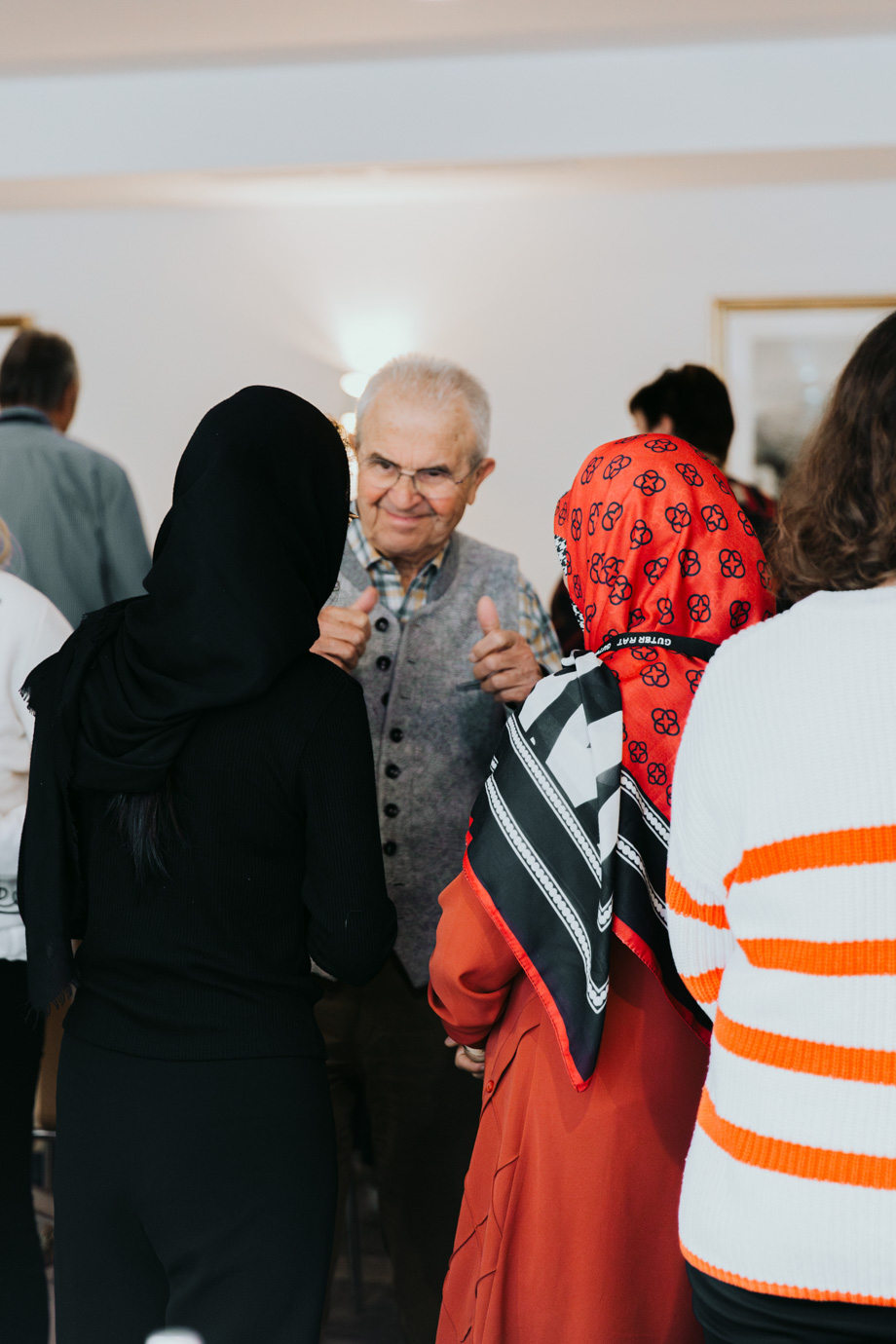
"Finally WE are talking about it and it's not just ABOUT US."
Council member


By loading the video, you agree to YouTube's privacy policy.
Learn more
A small excerpt of the media coverage
Kurier
25 million to be distributed: BASF heiress Engelhorn distributes her money
Der Standard
Marlene Engelhorn has Citizens' Council "redistribute" 25 million of her inheritance
ORF
Citizens' Council decides on Engelhorn's million-euro inheritance
New York Times
Heiress seeks 50 Austrians to give away $27 million
BBC
Austrian Heiress Marlene Engelhorn announces plan for €25m giveaway
Spiegel
How Marlene Engelhorn wants to distribute her million-dollar inheritance